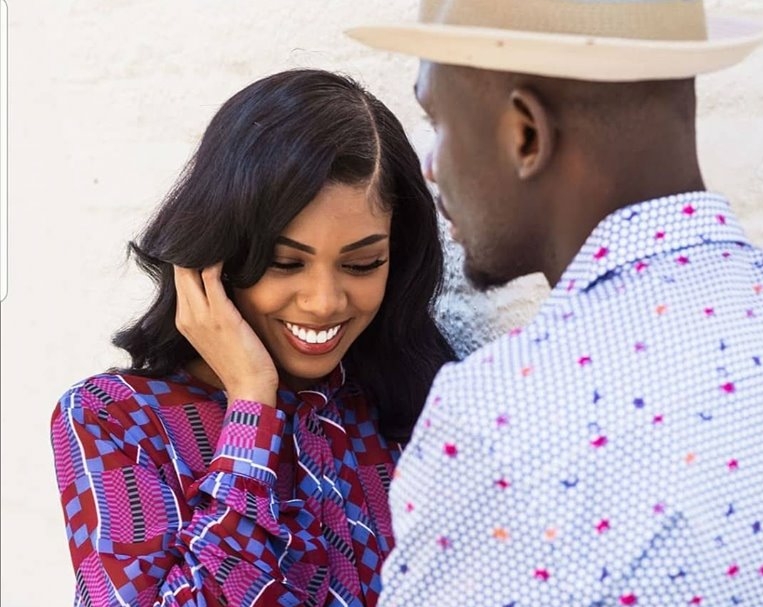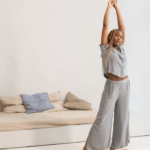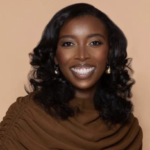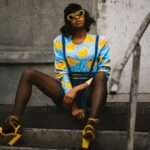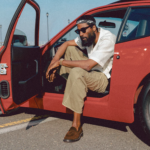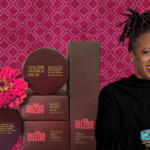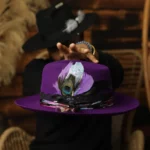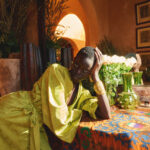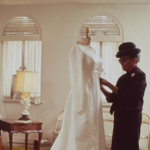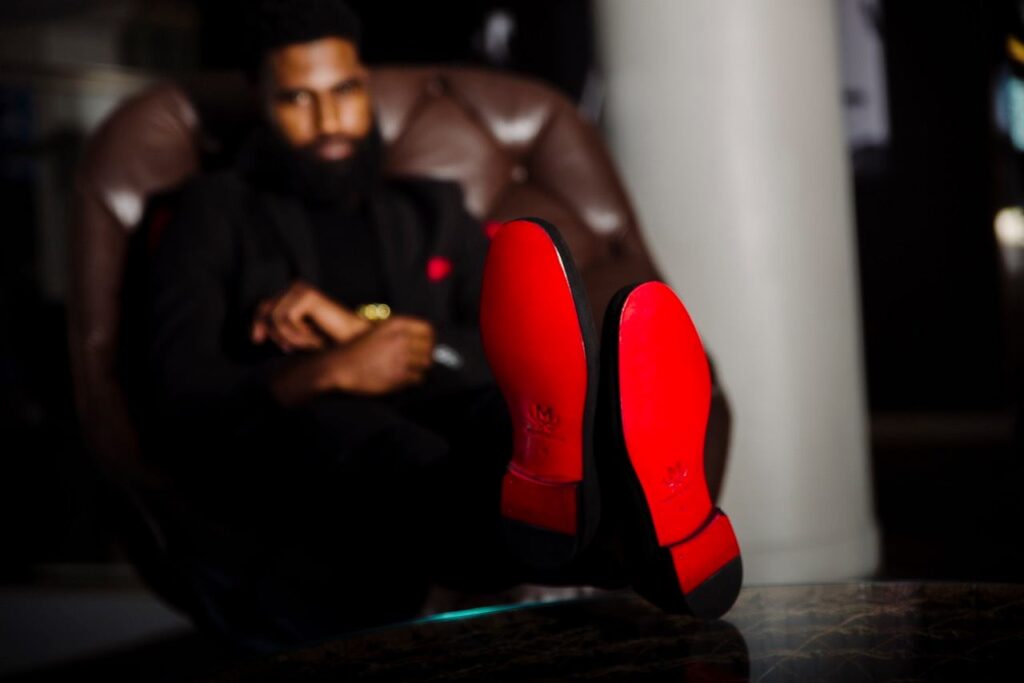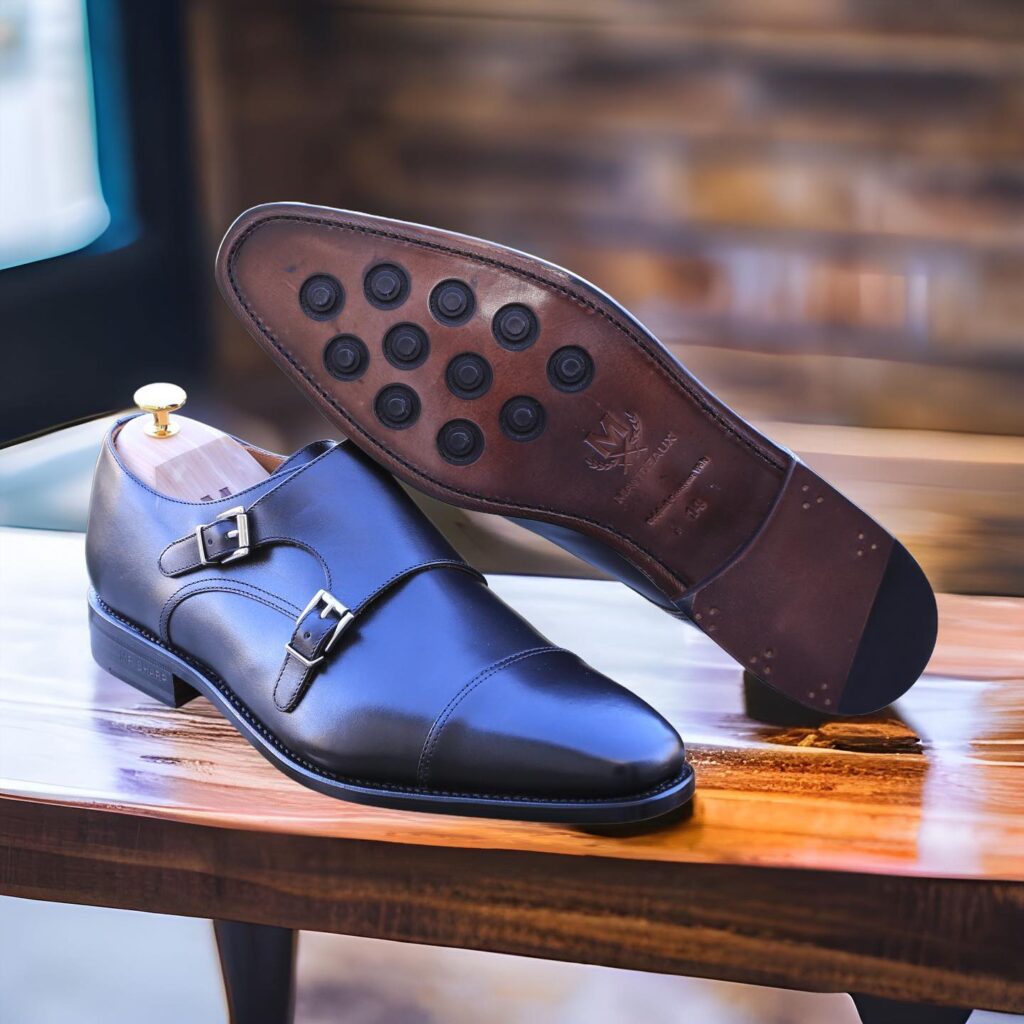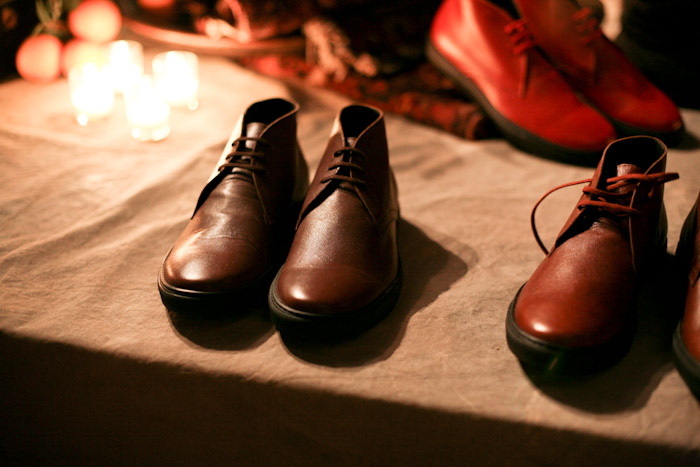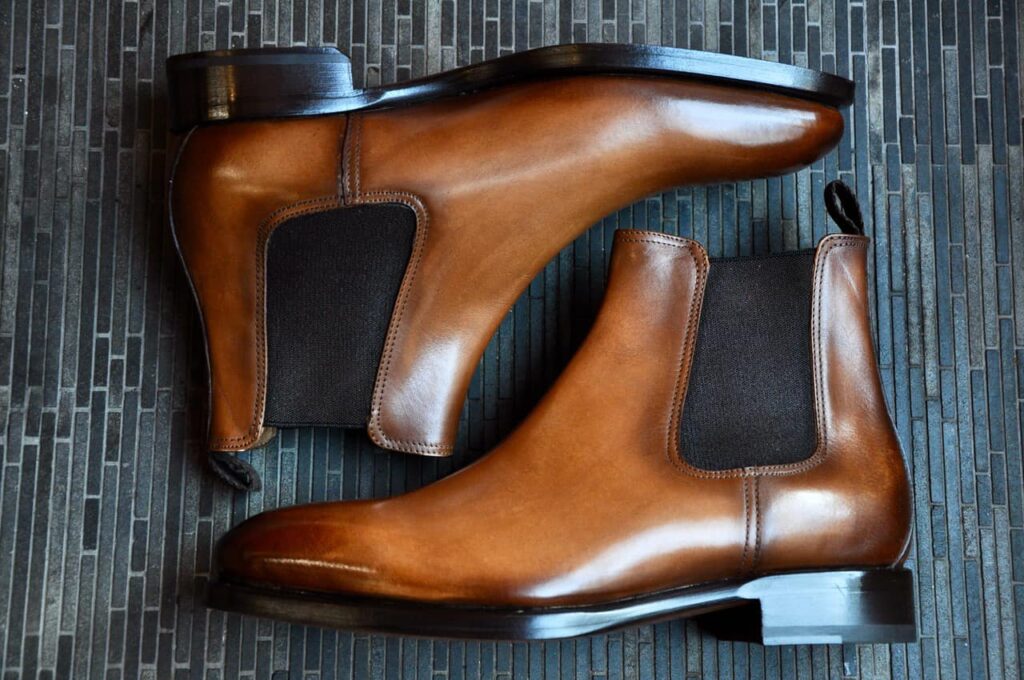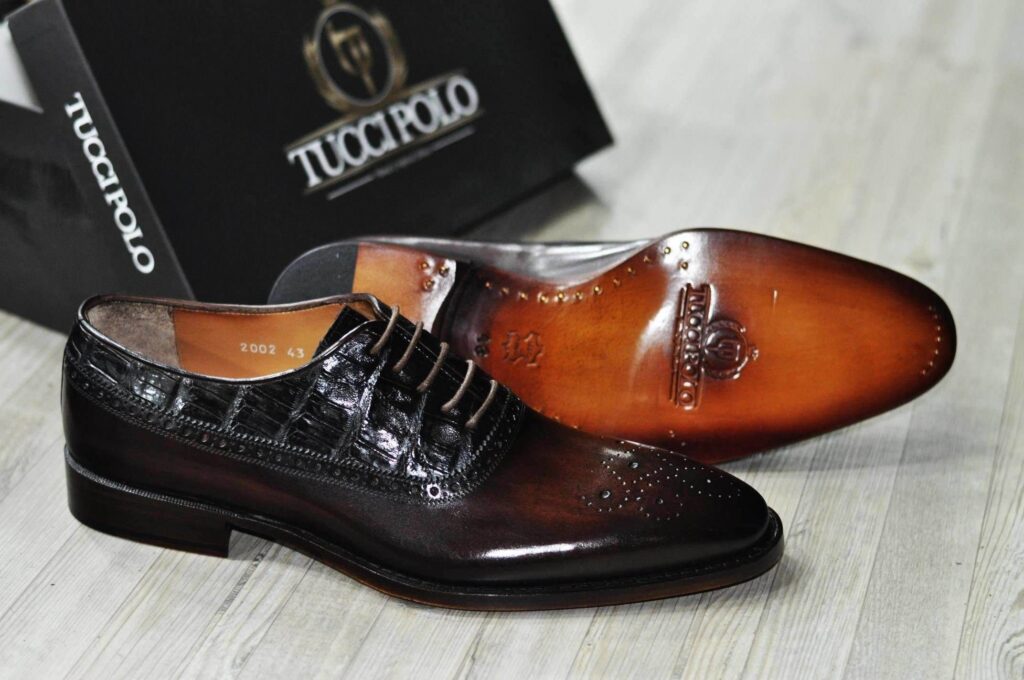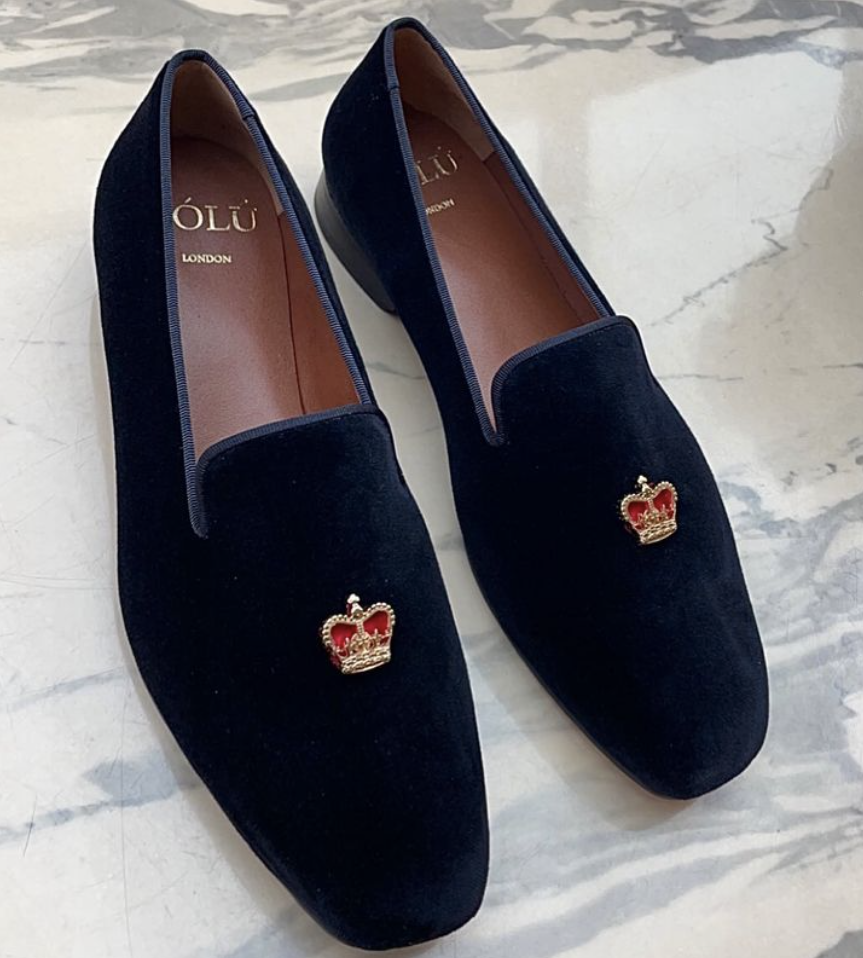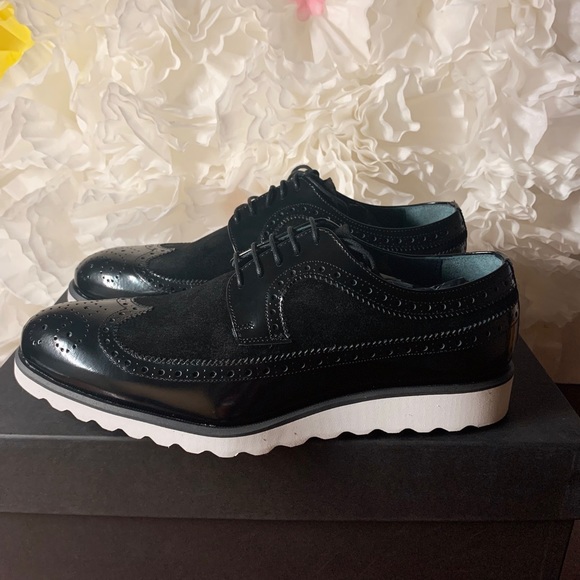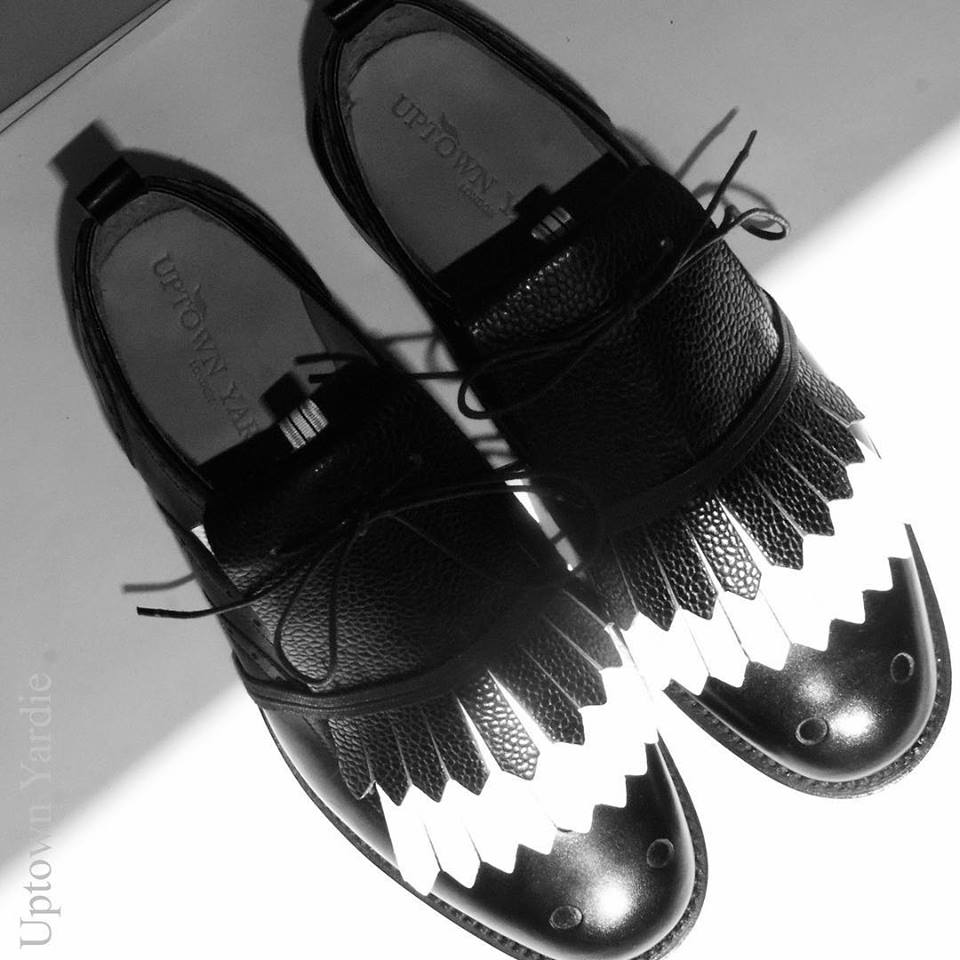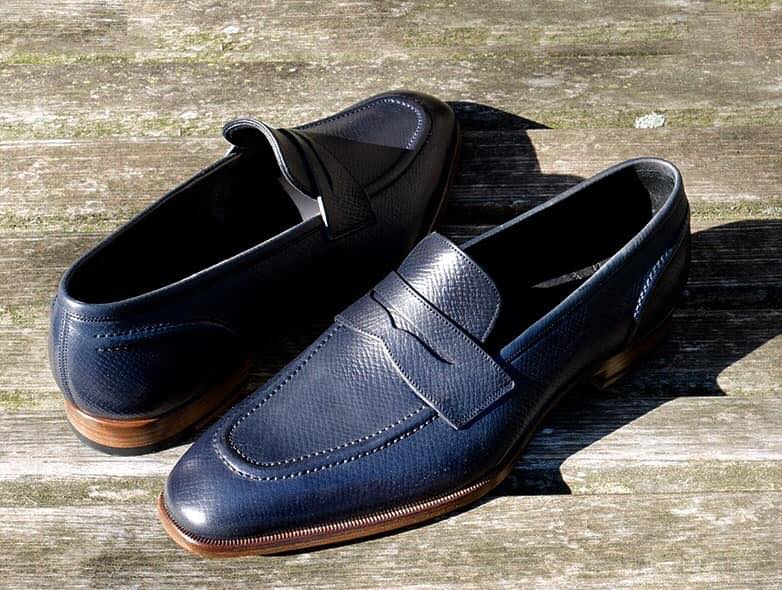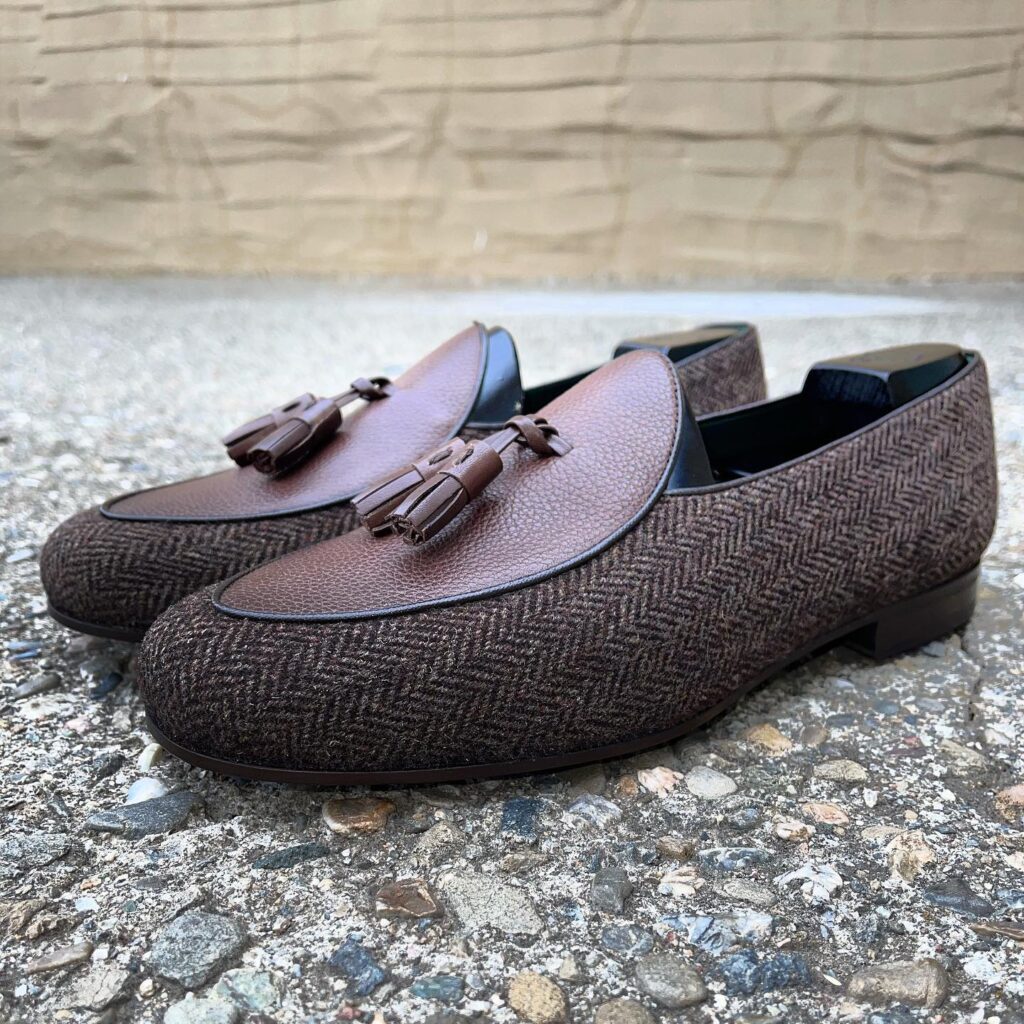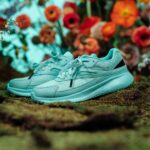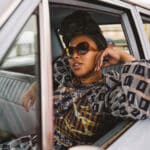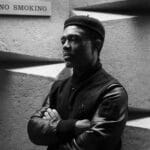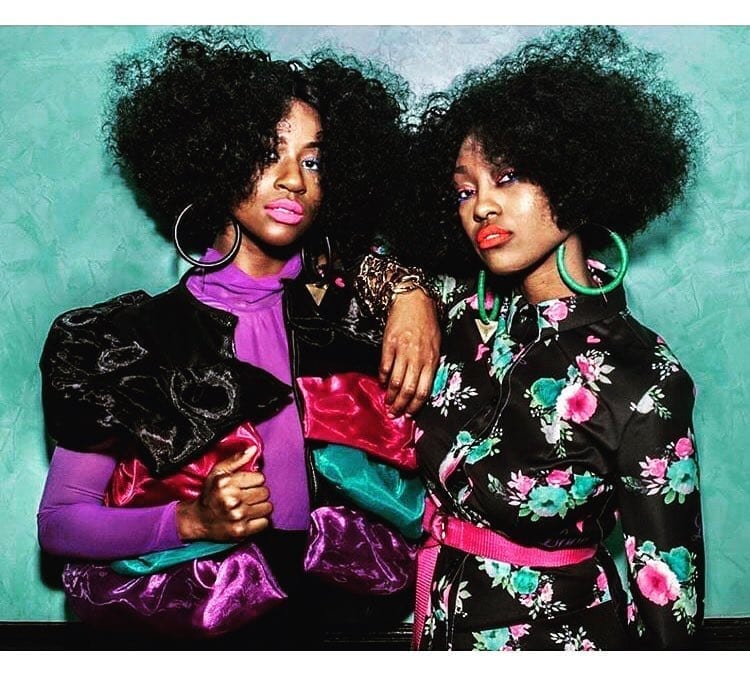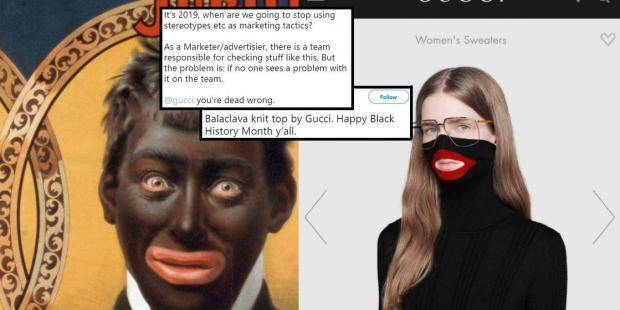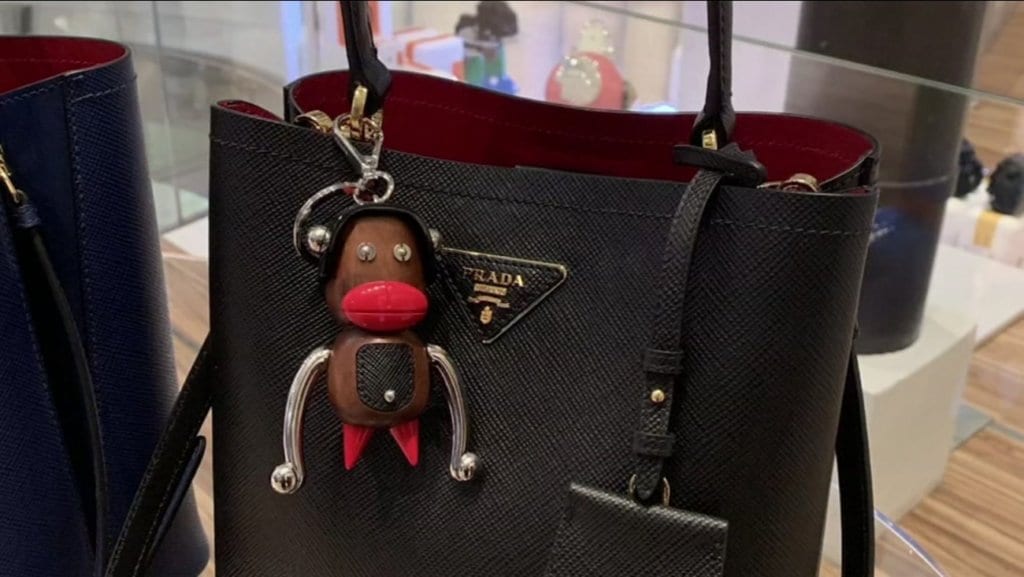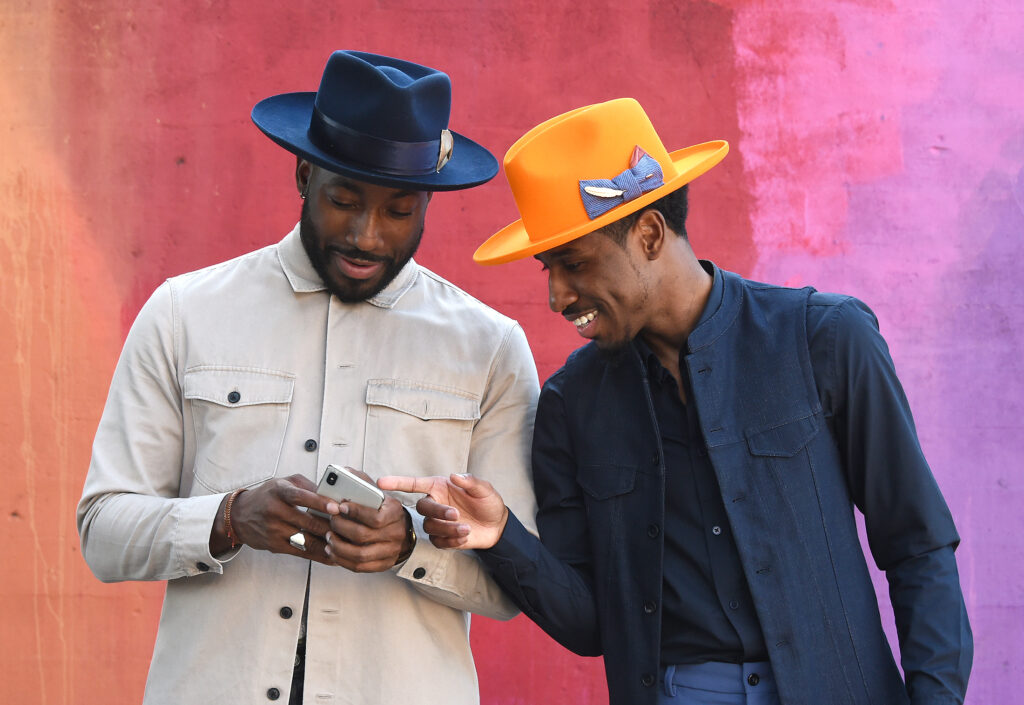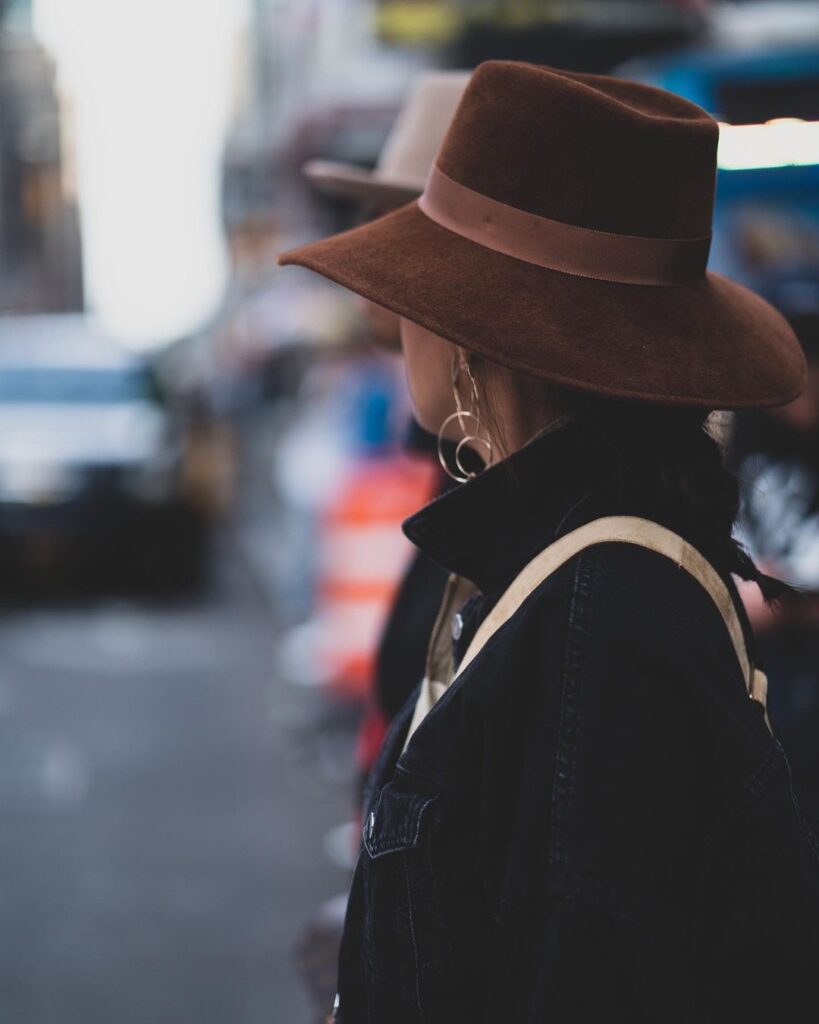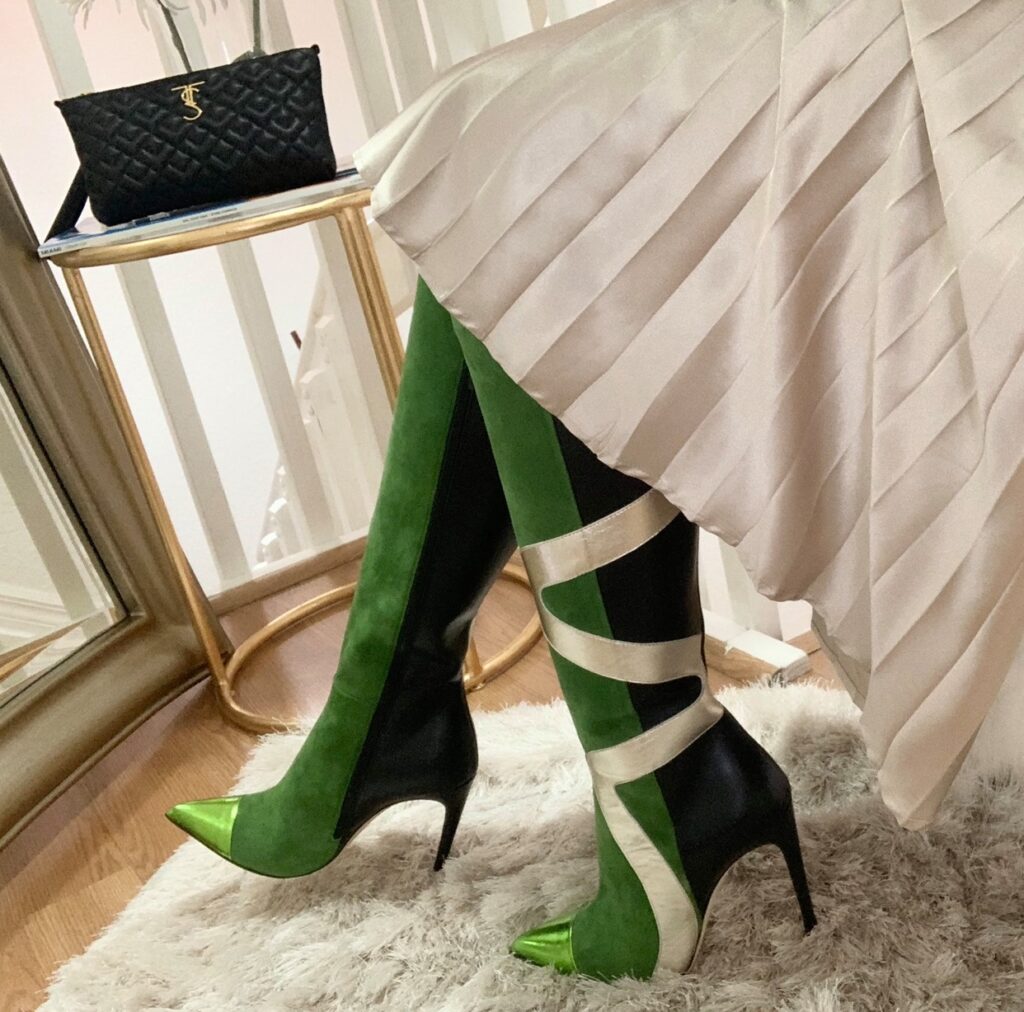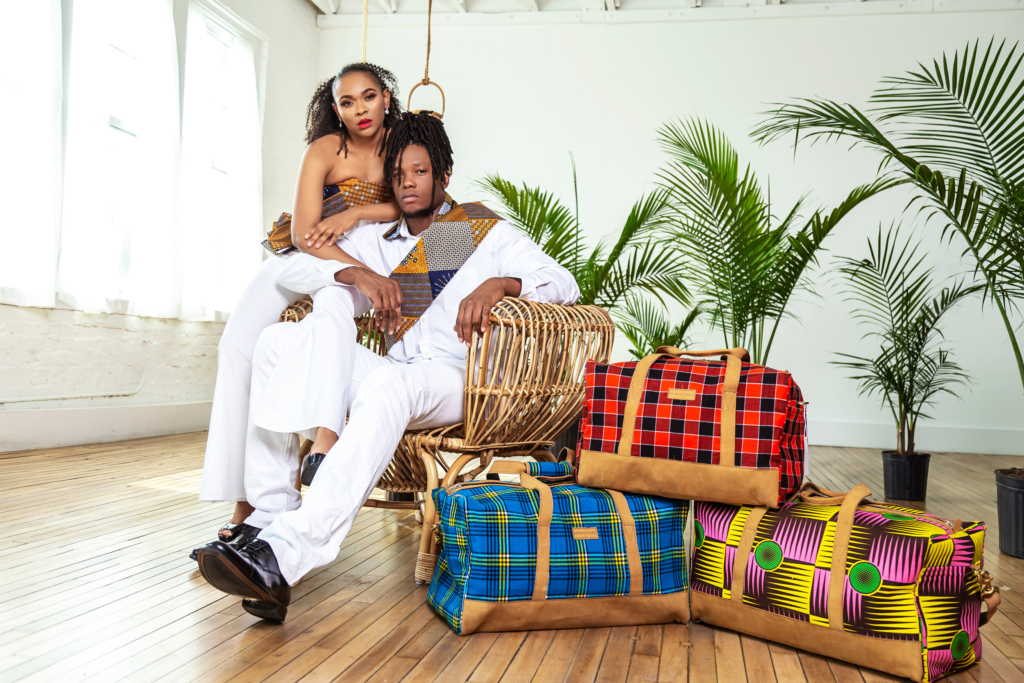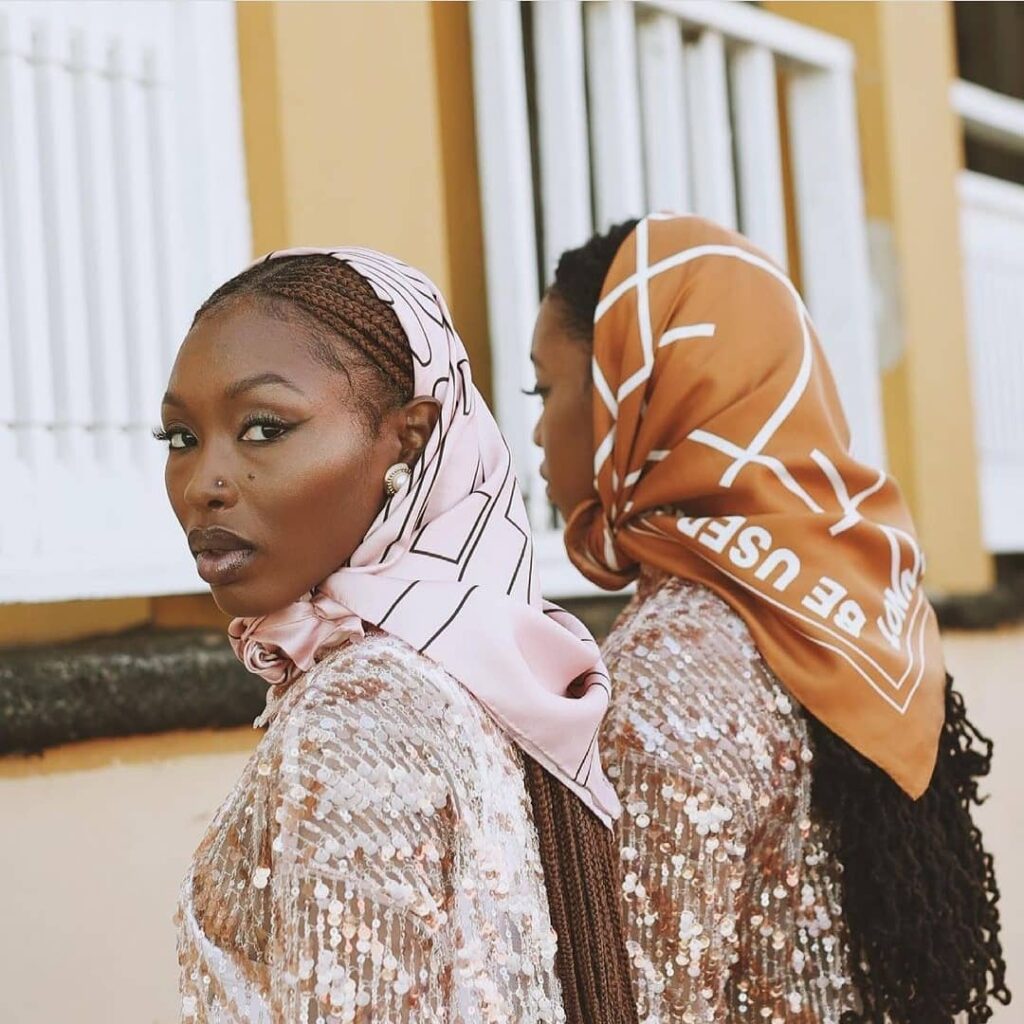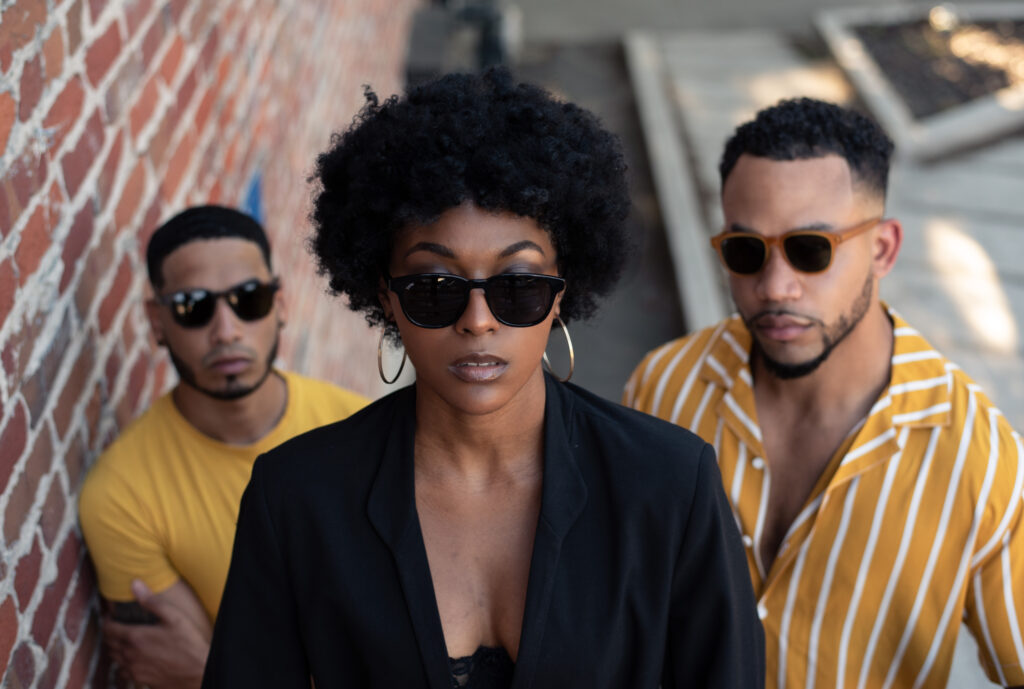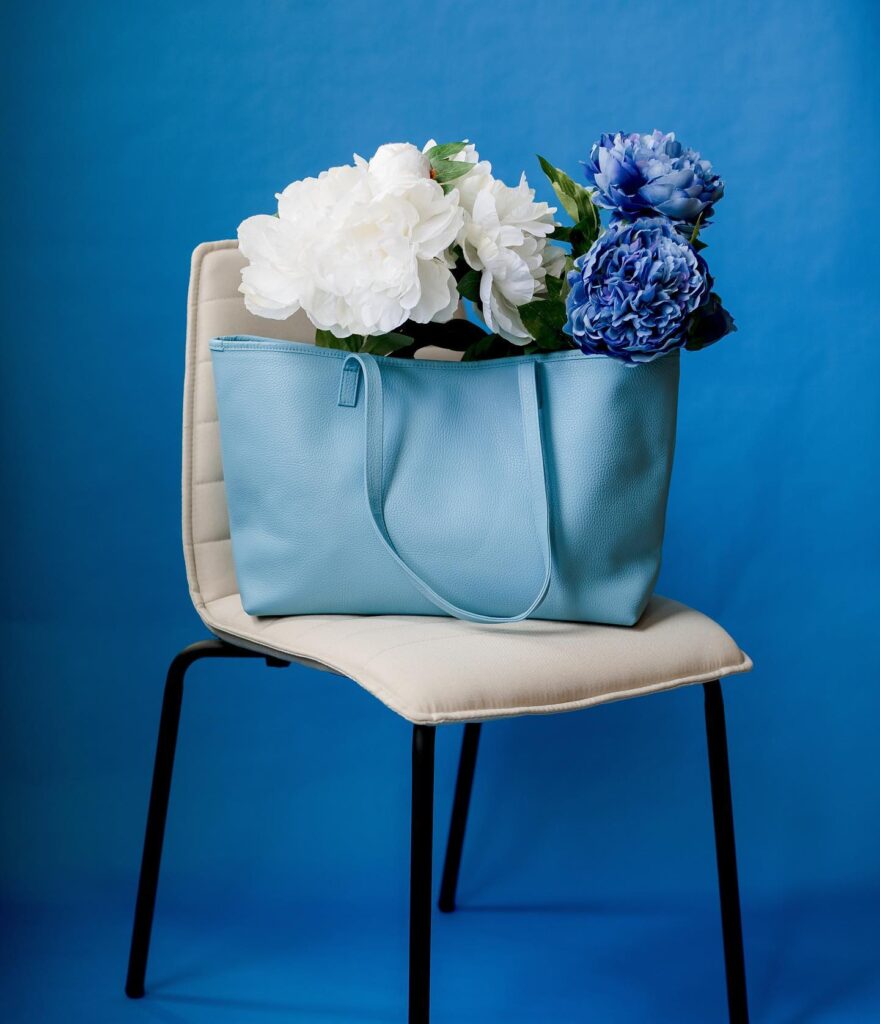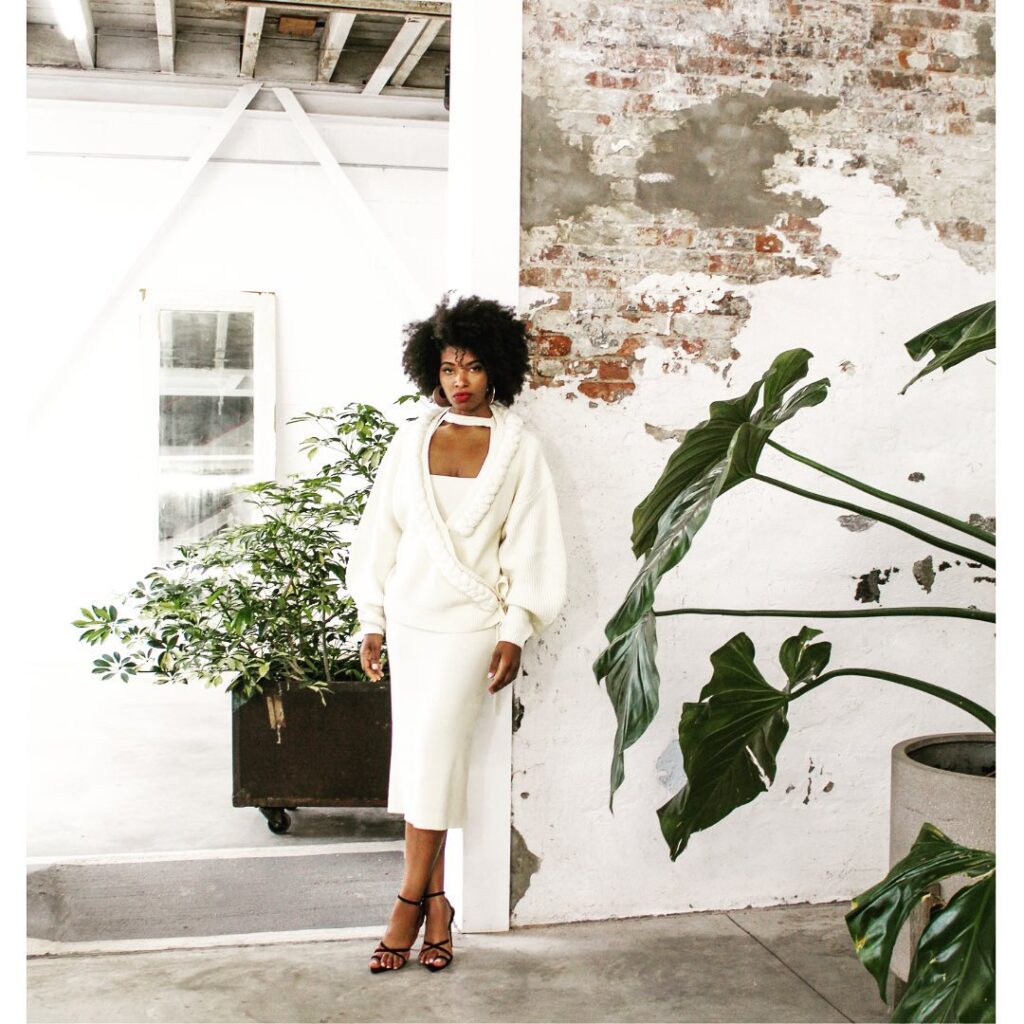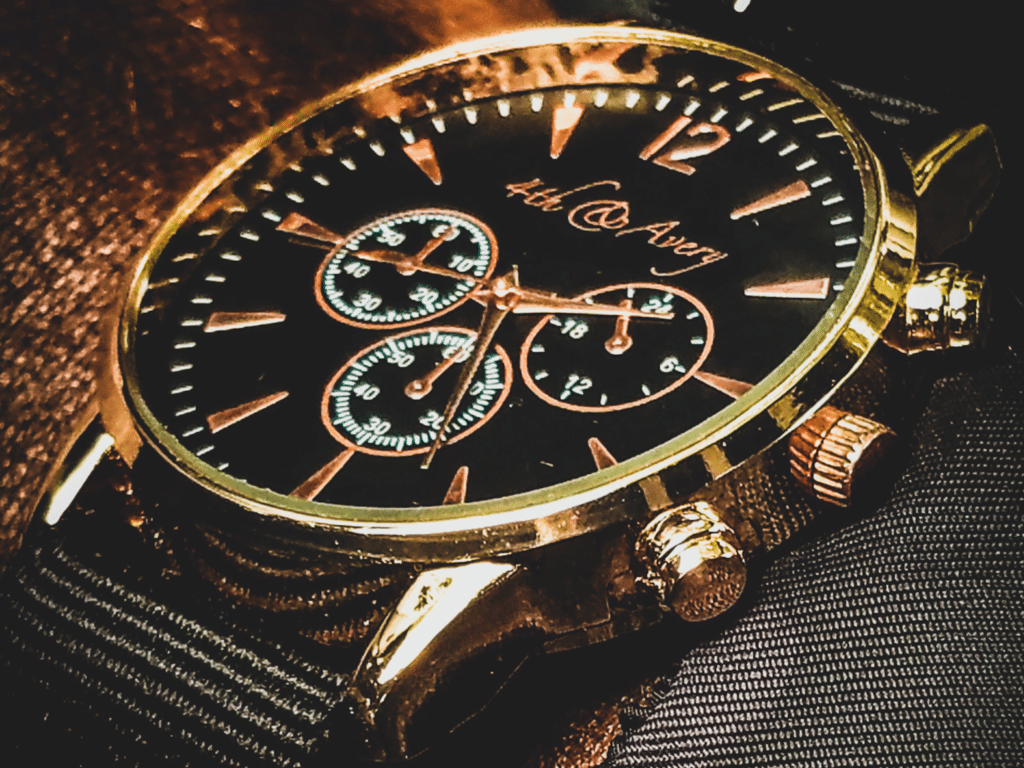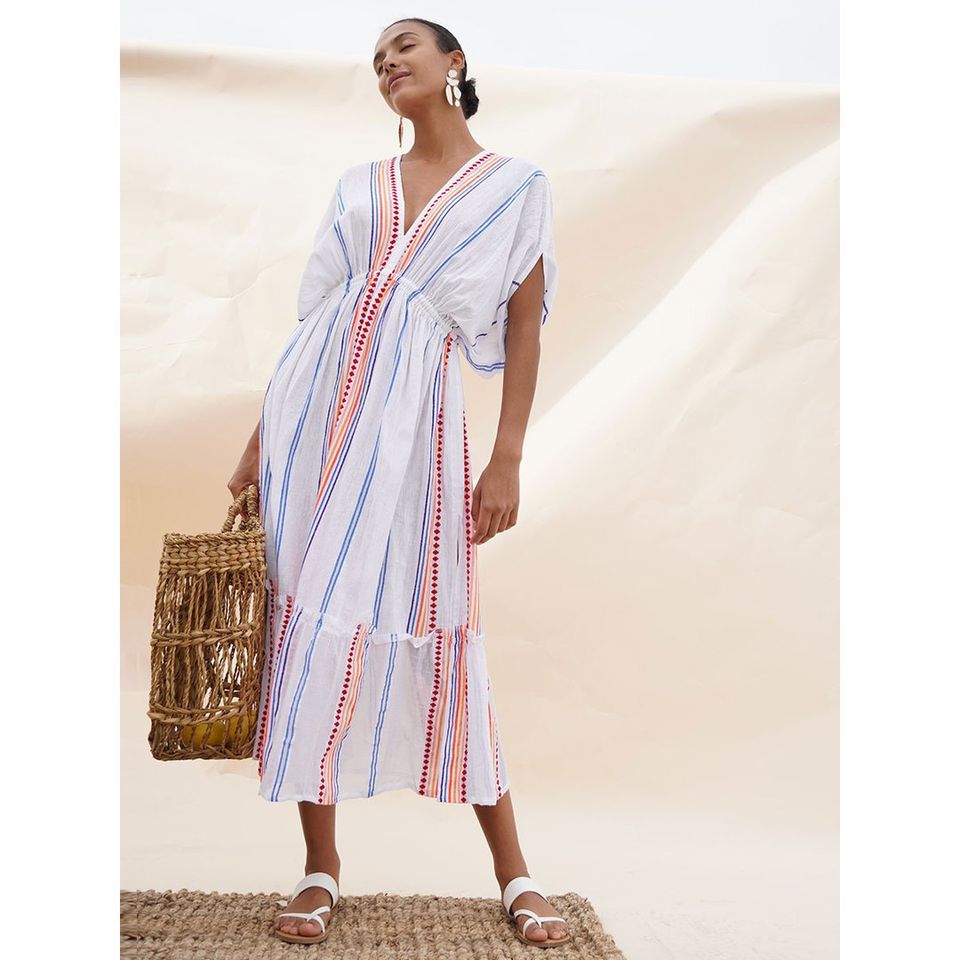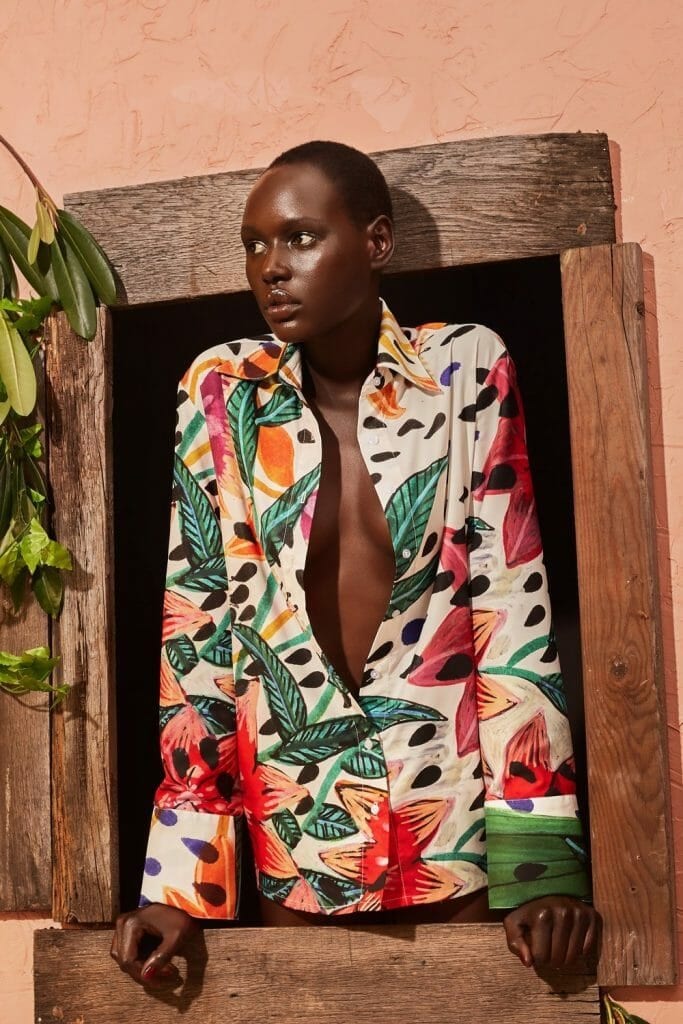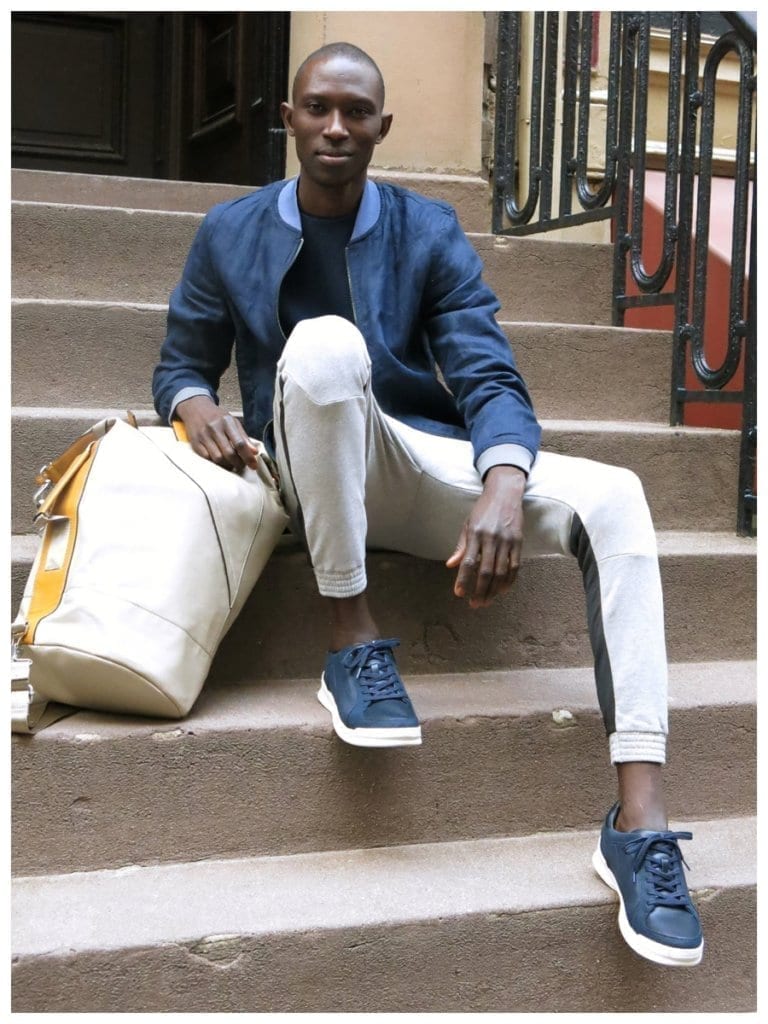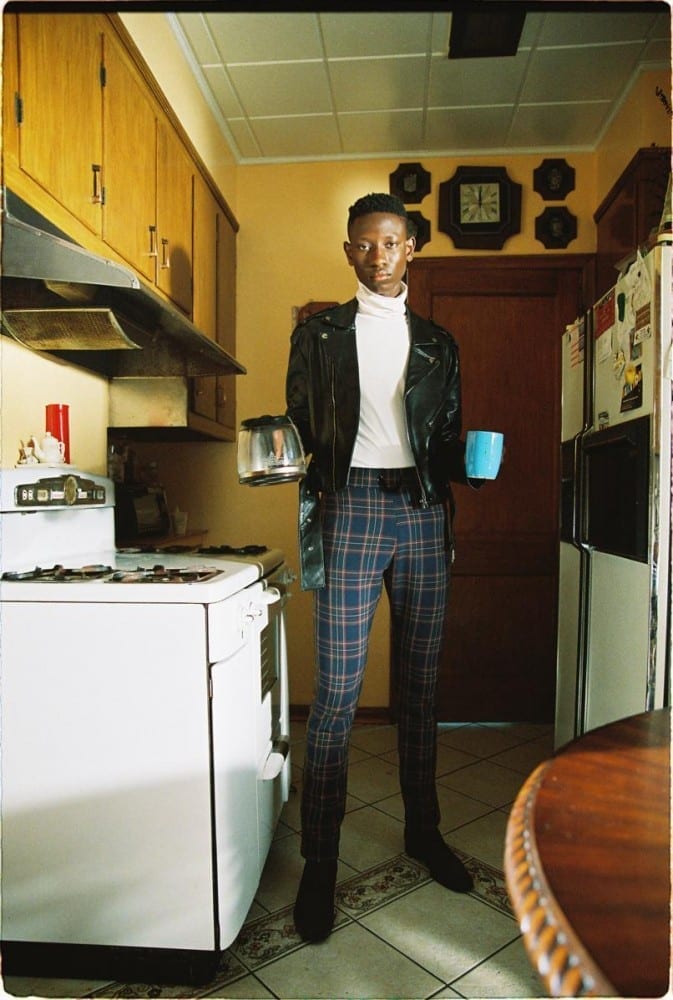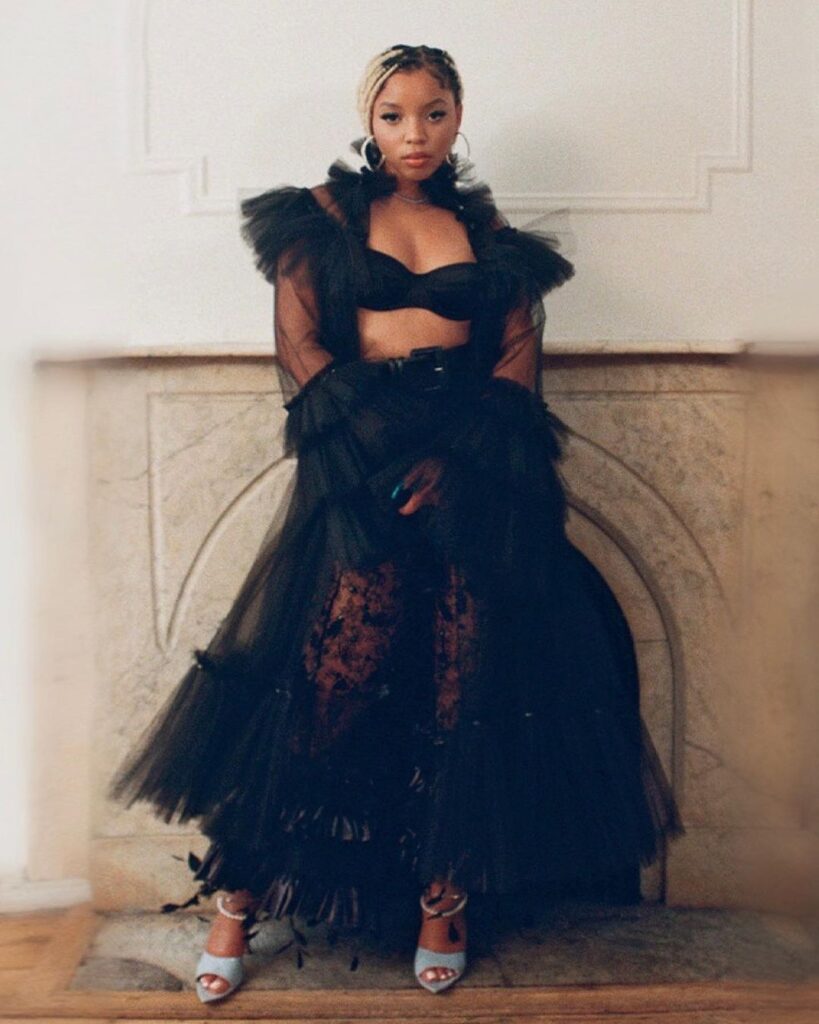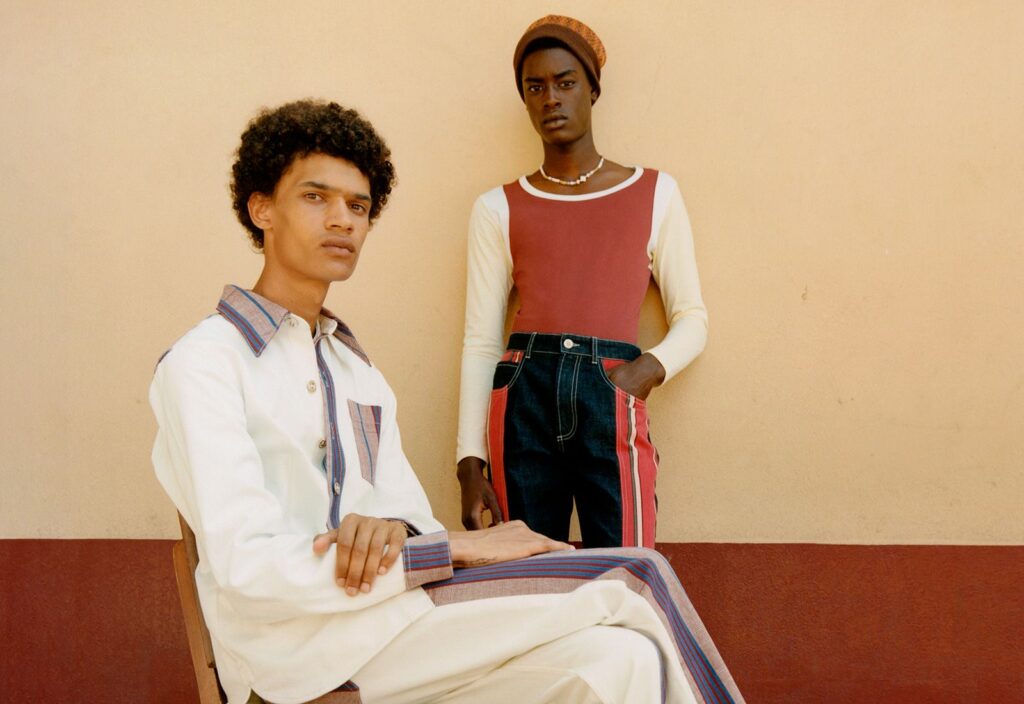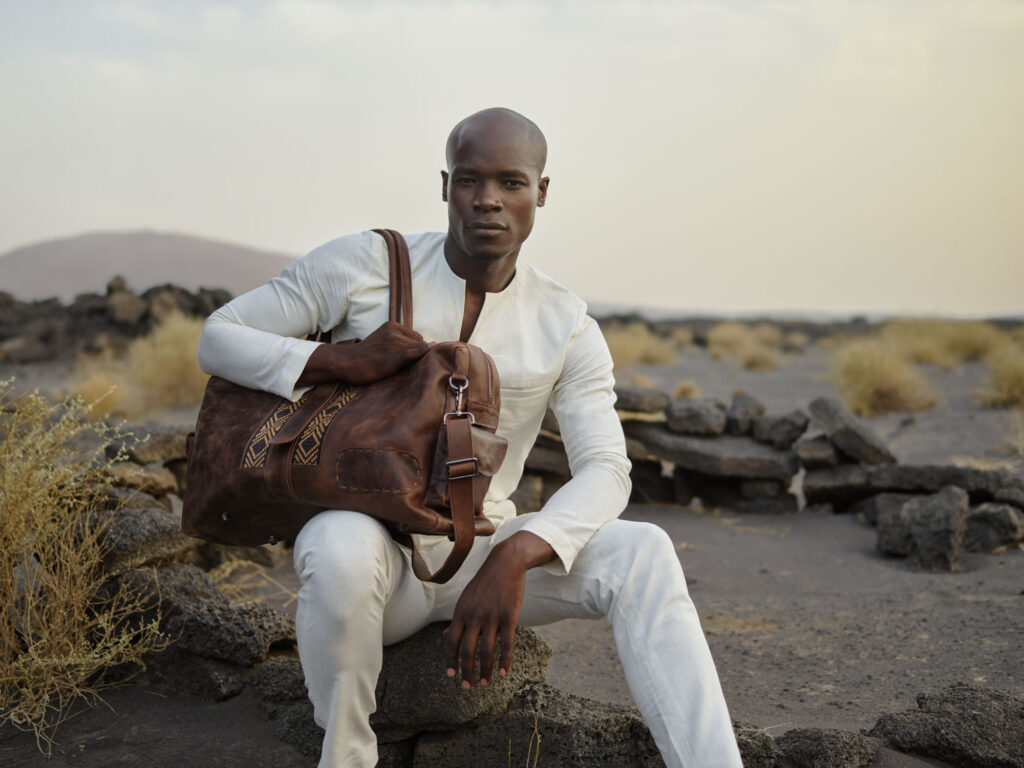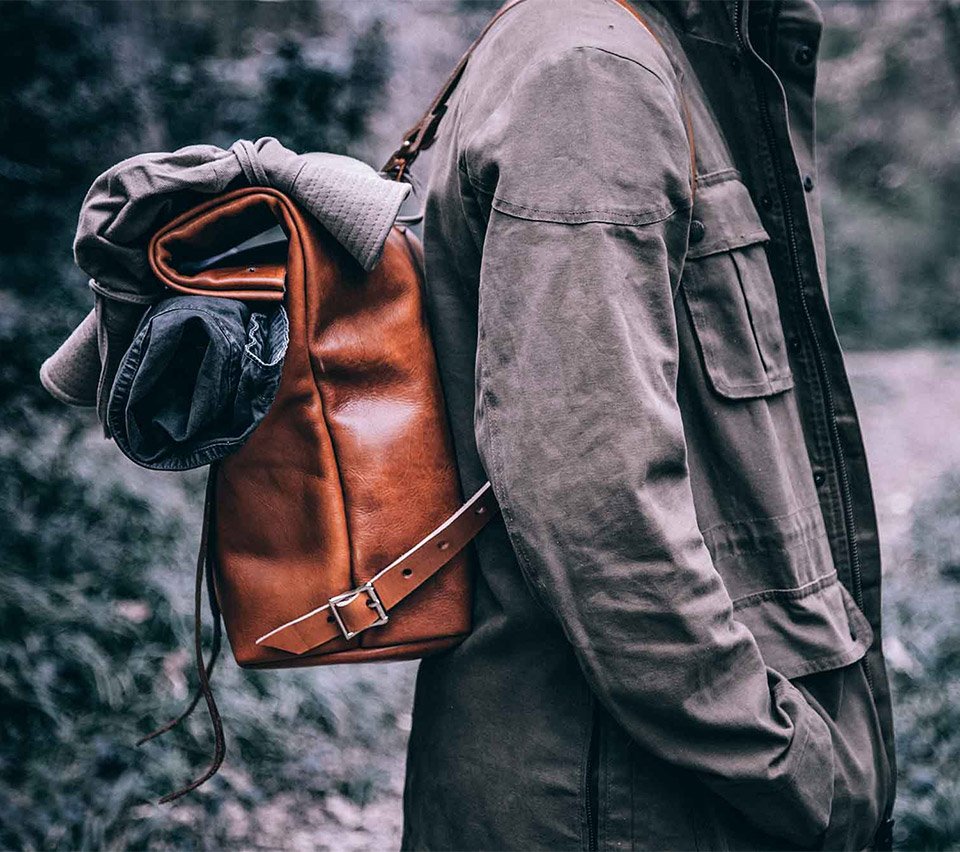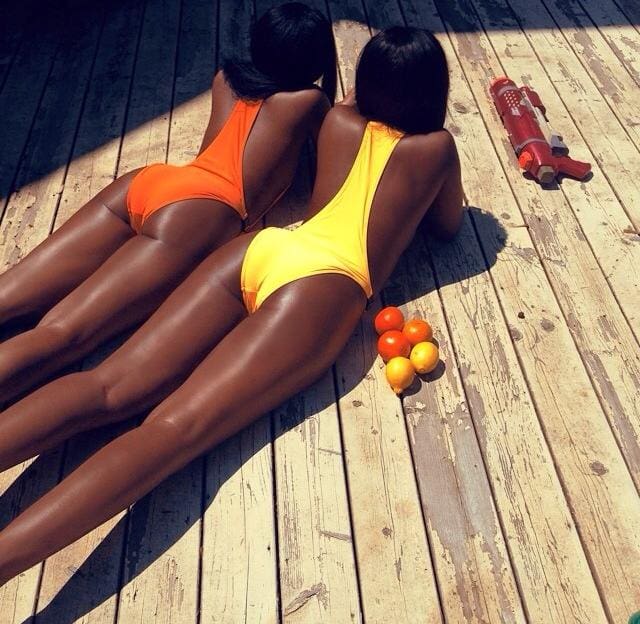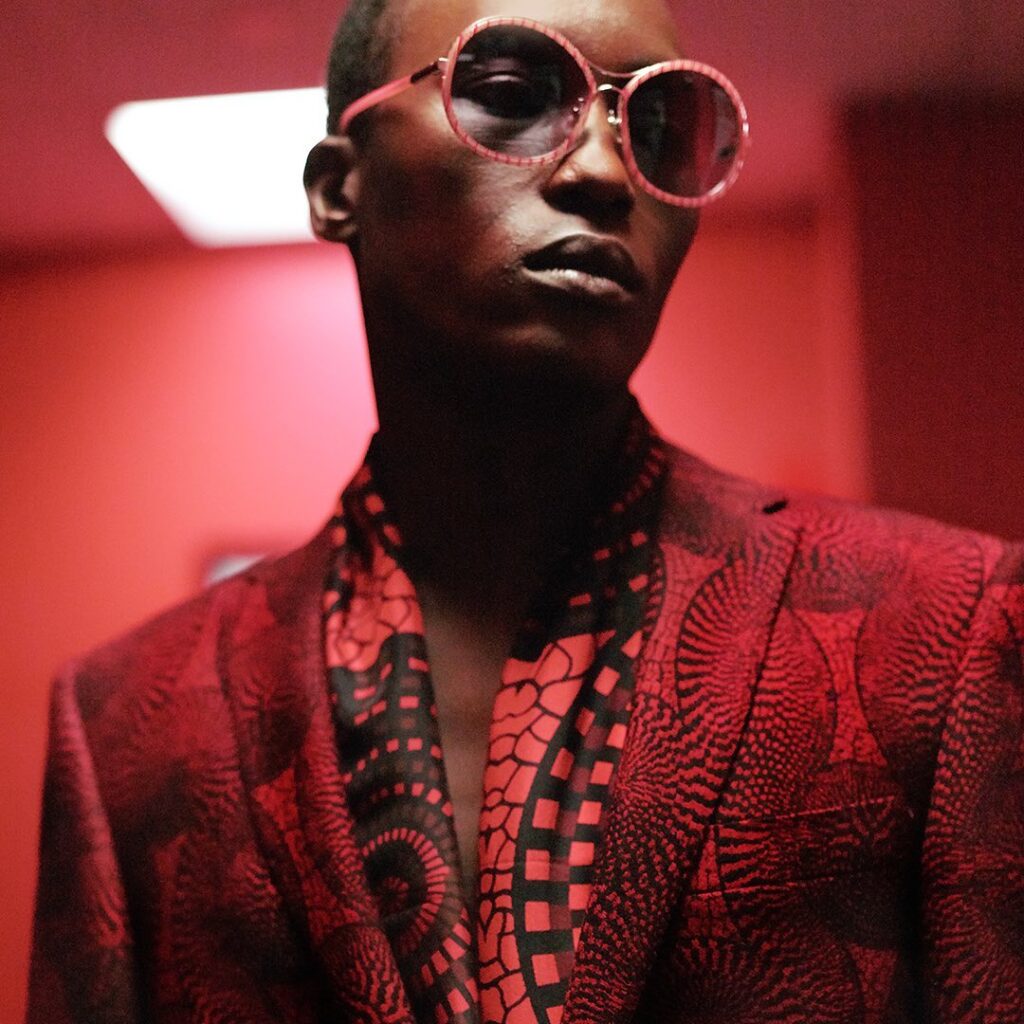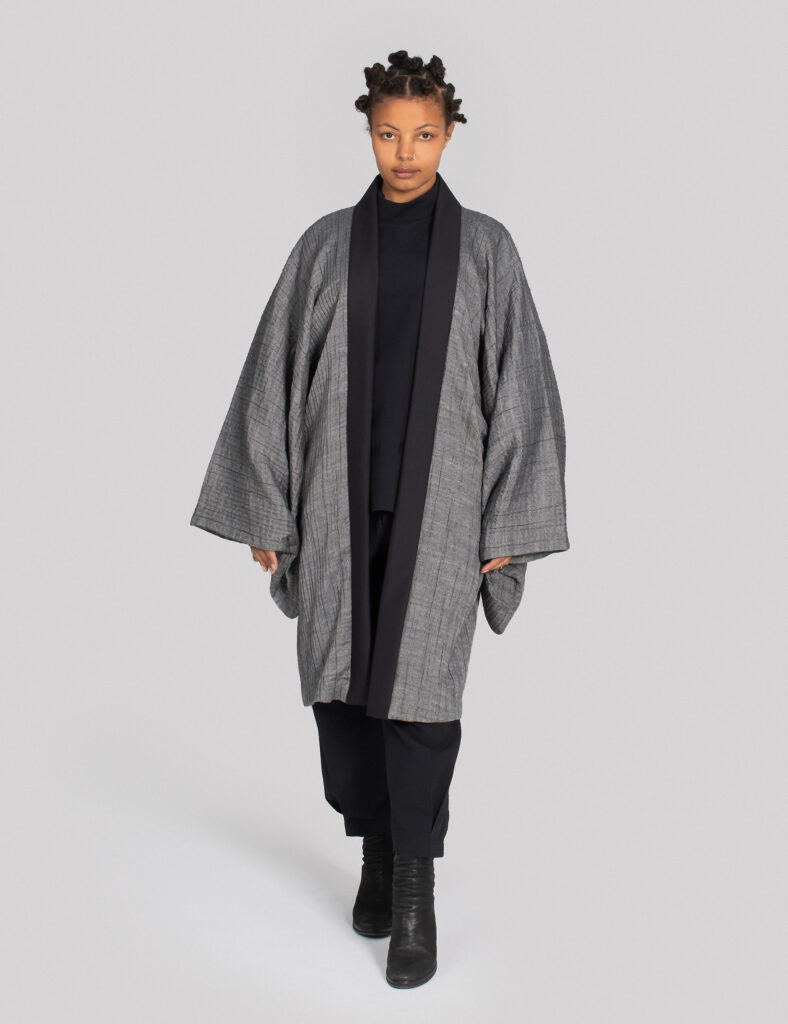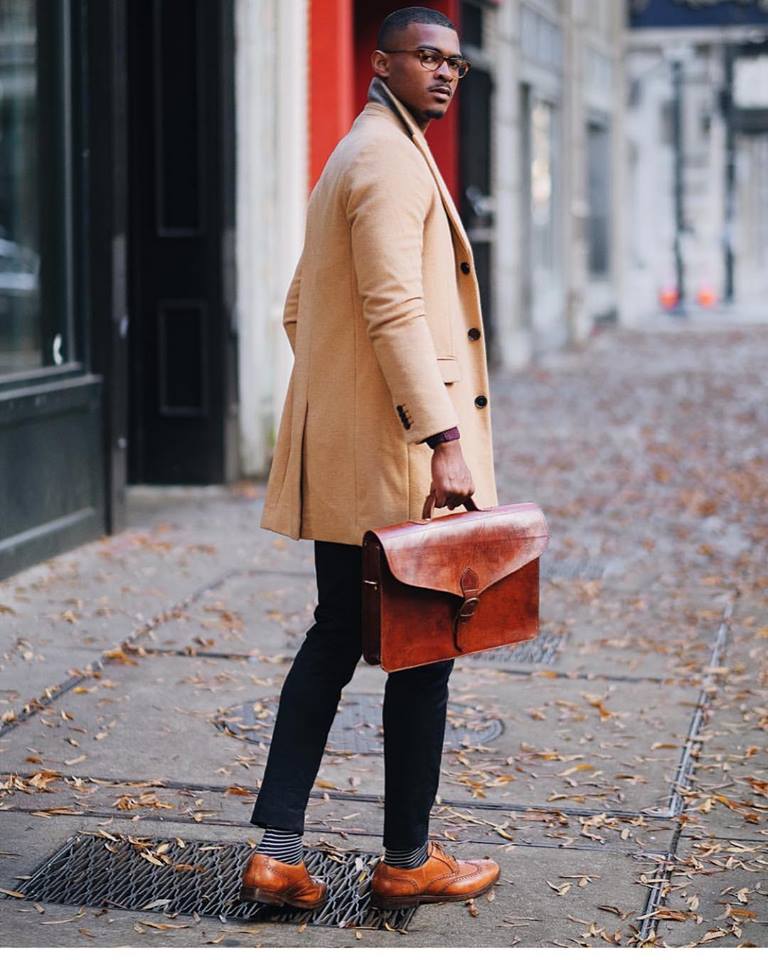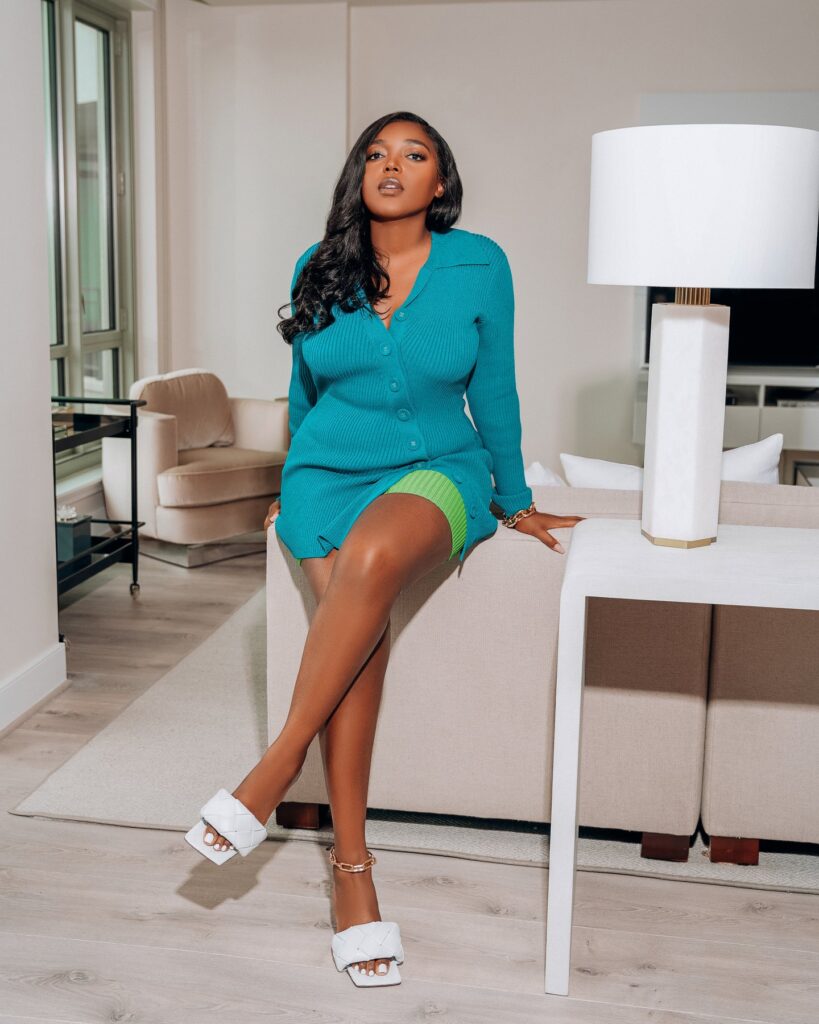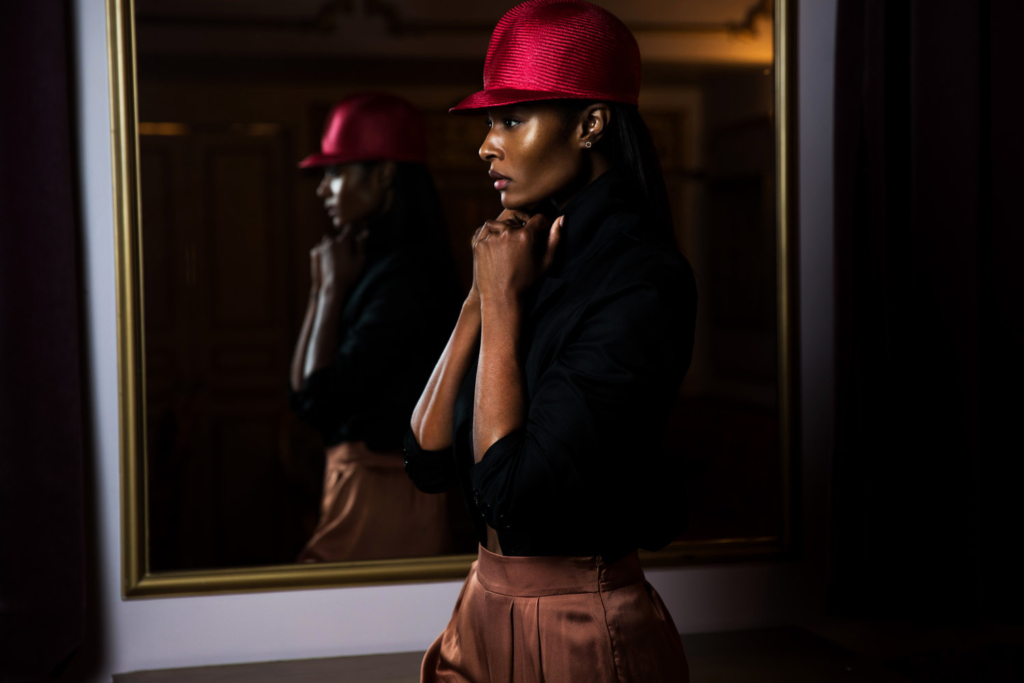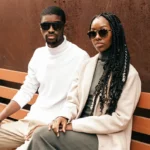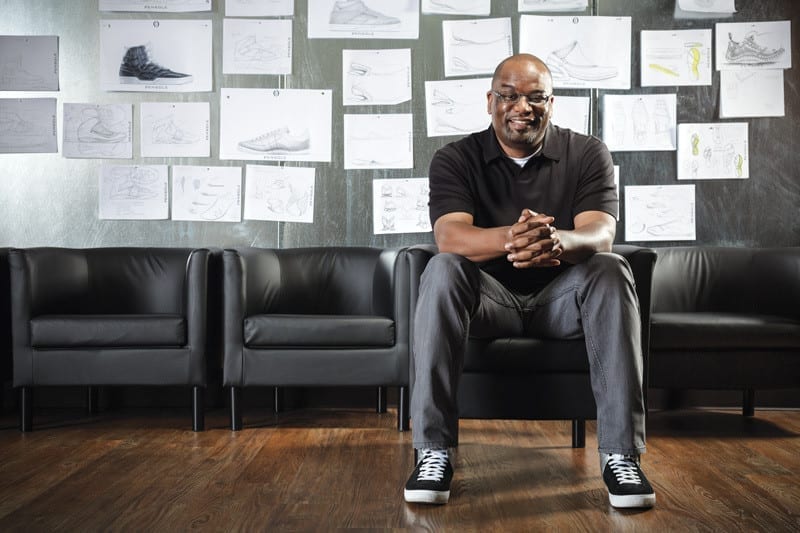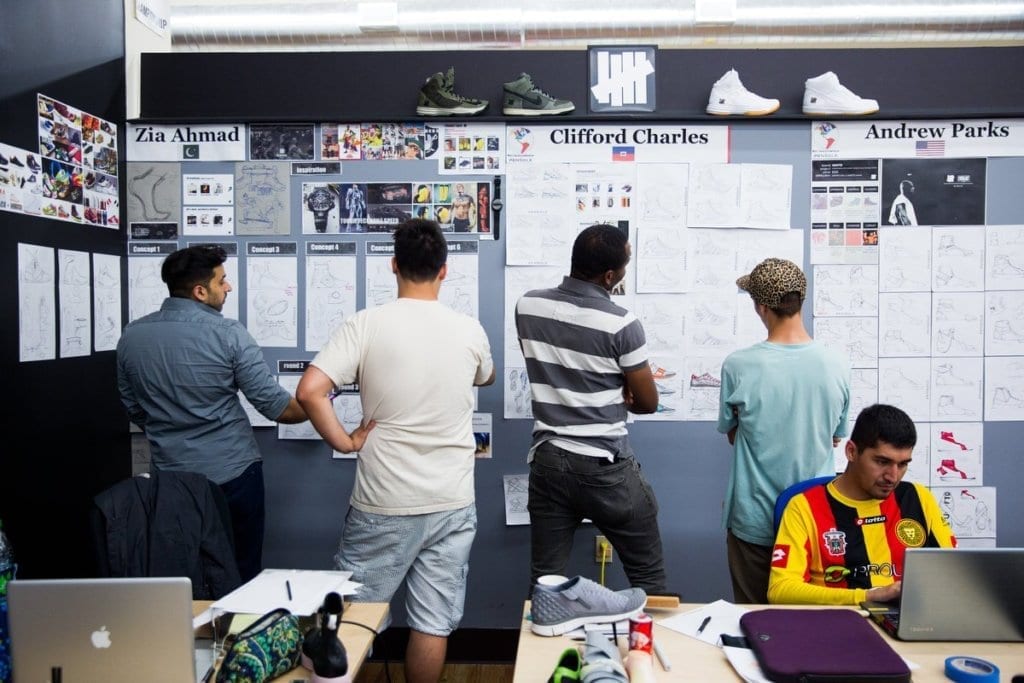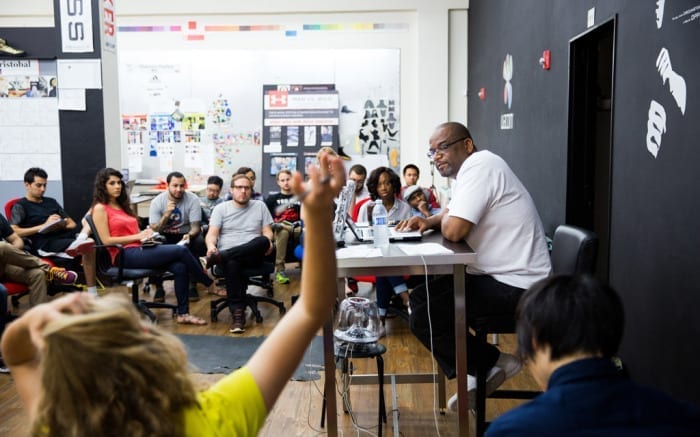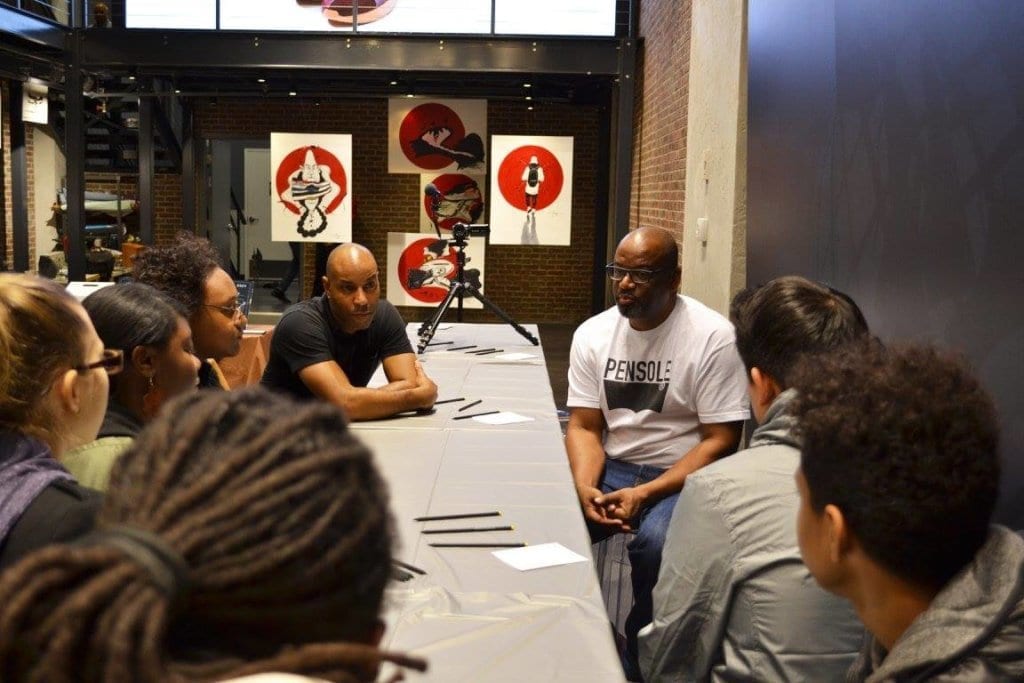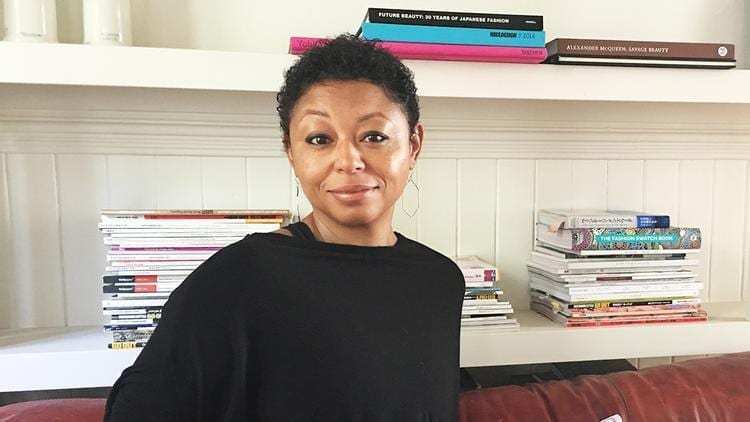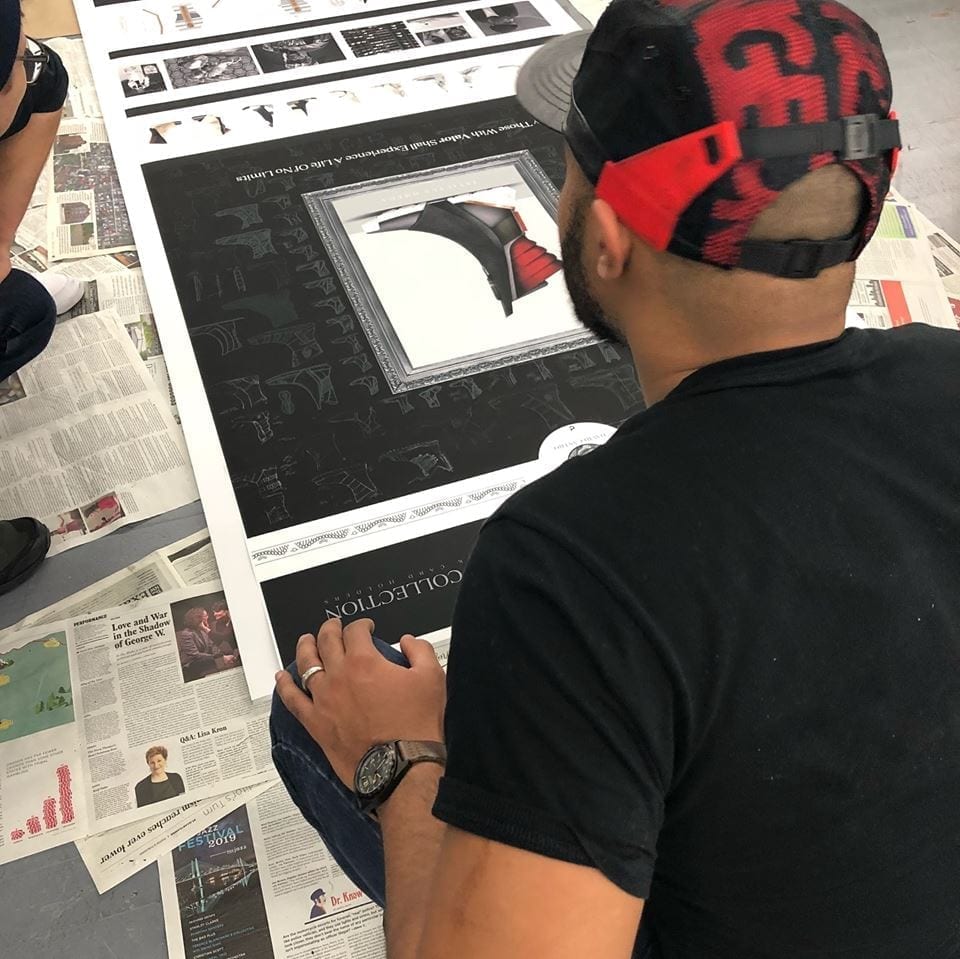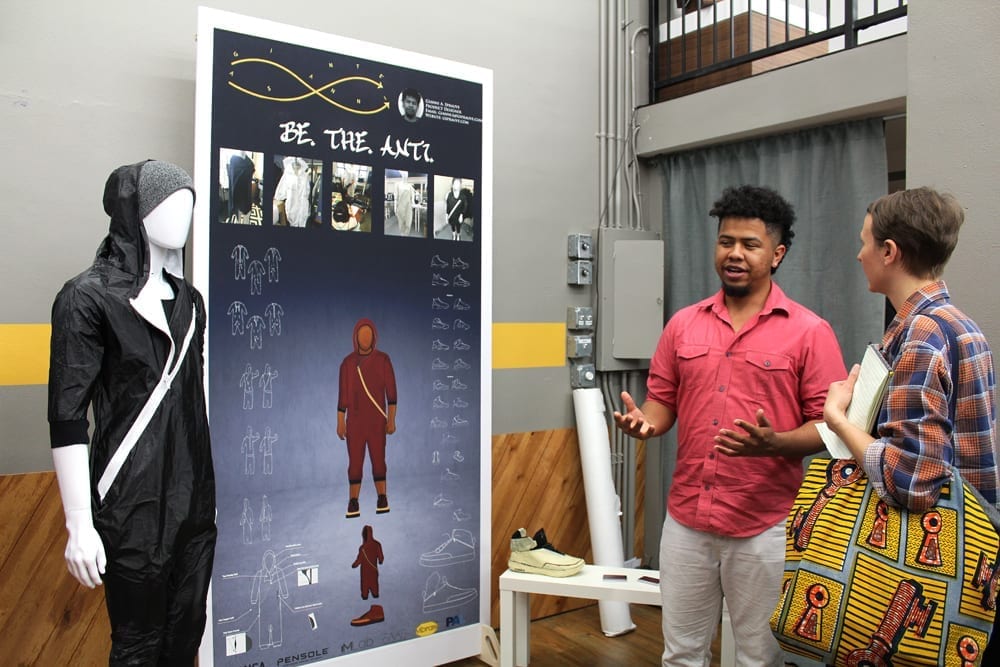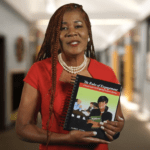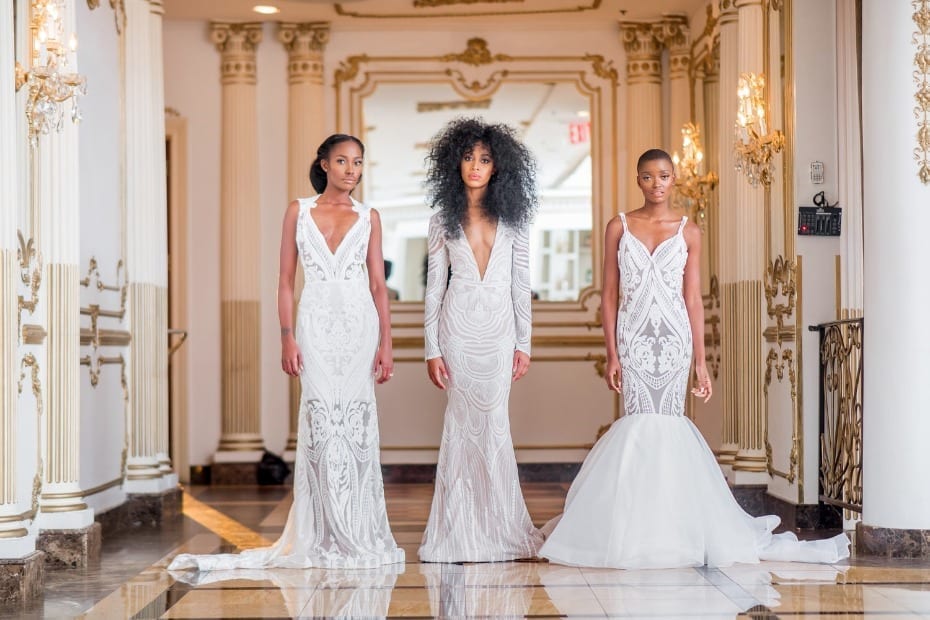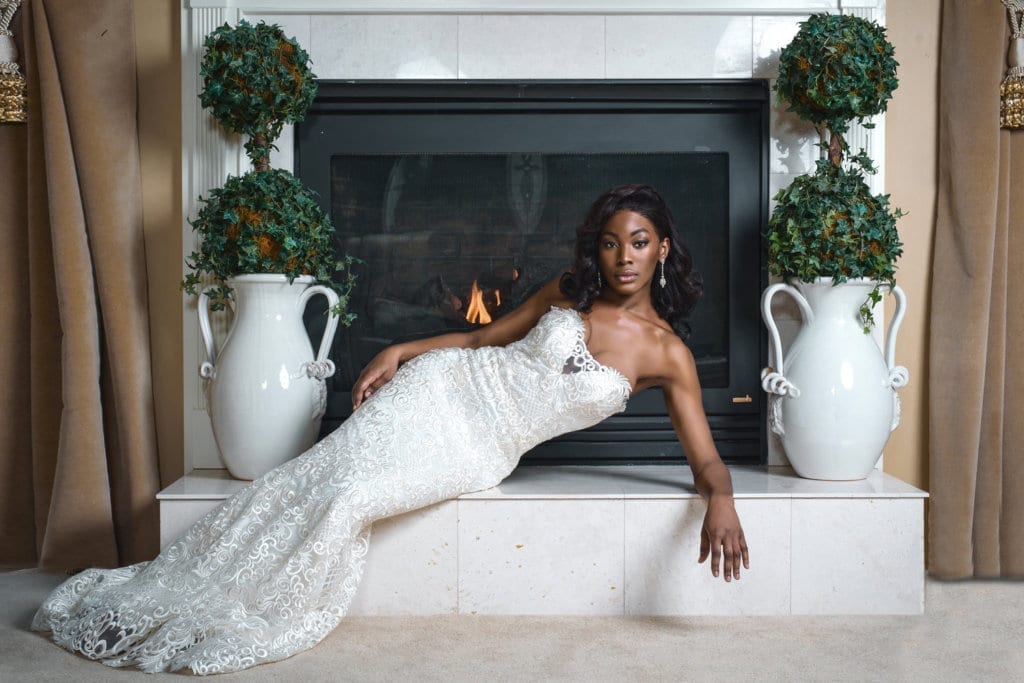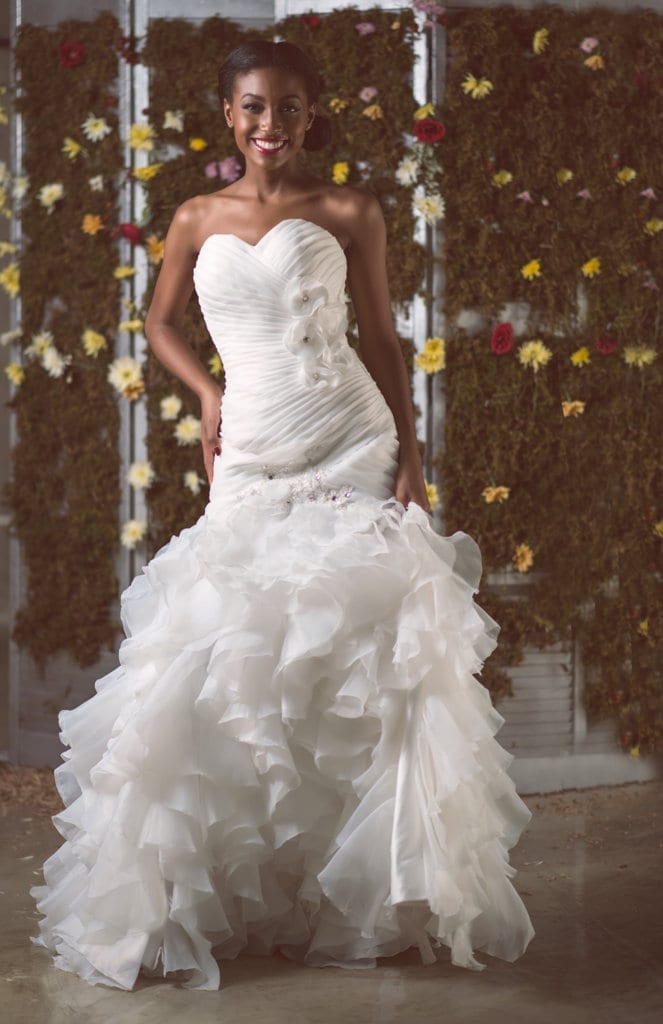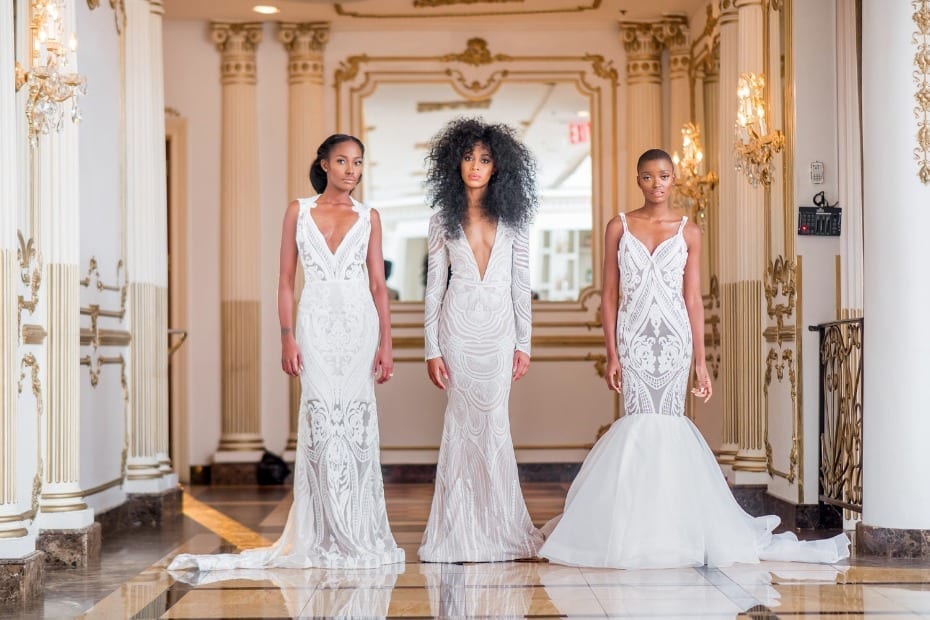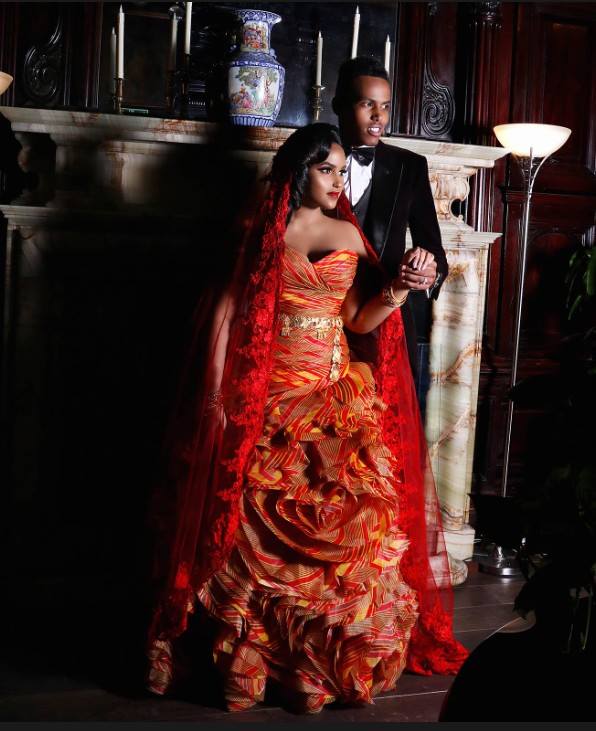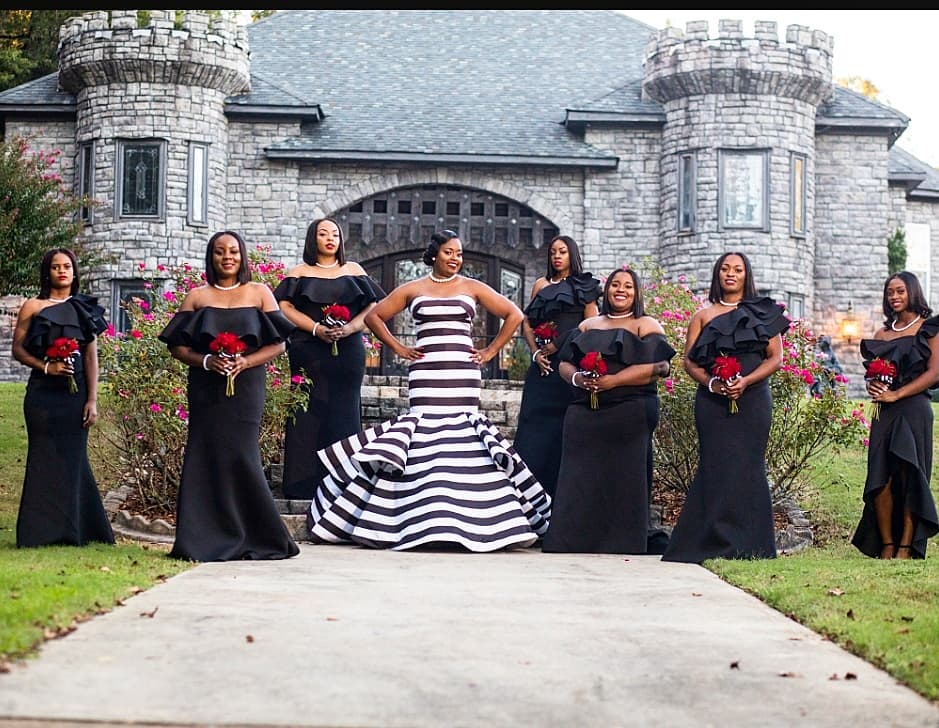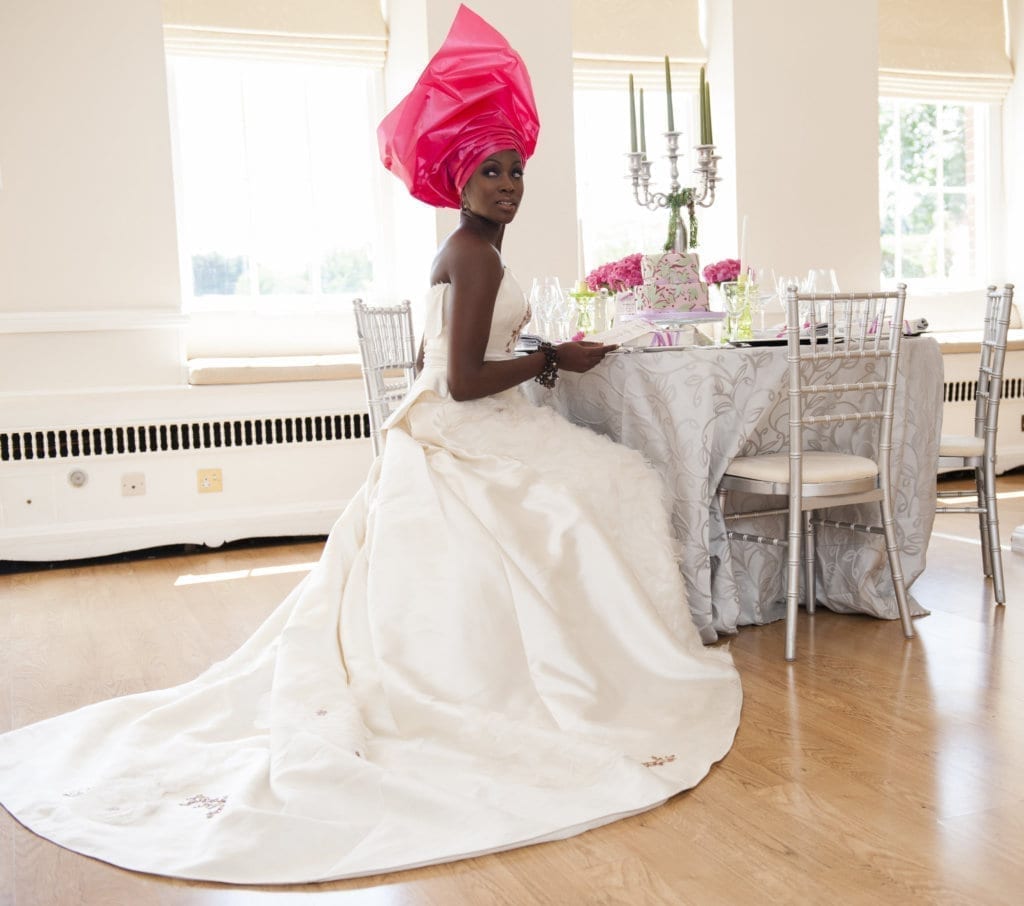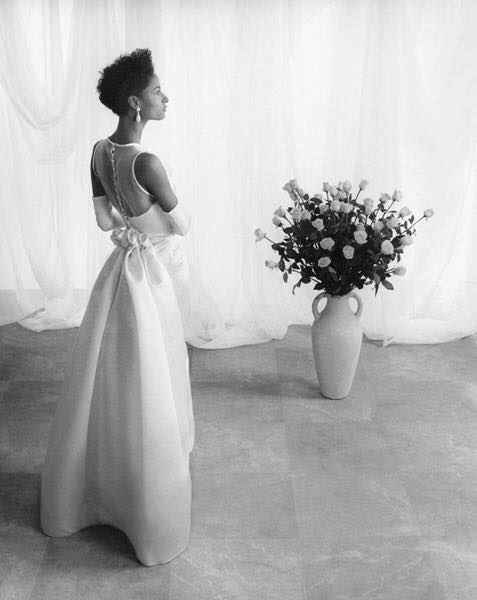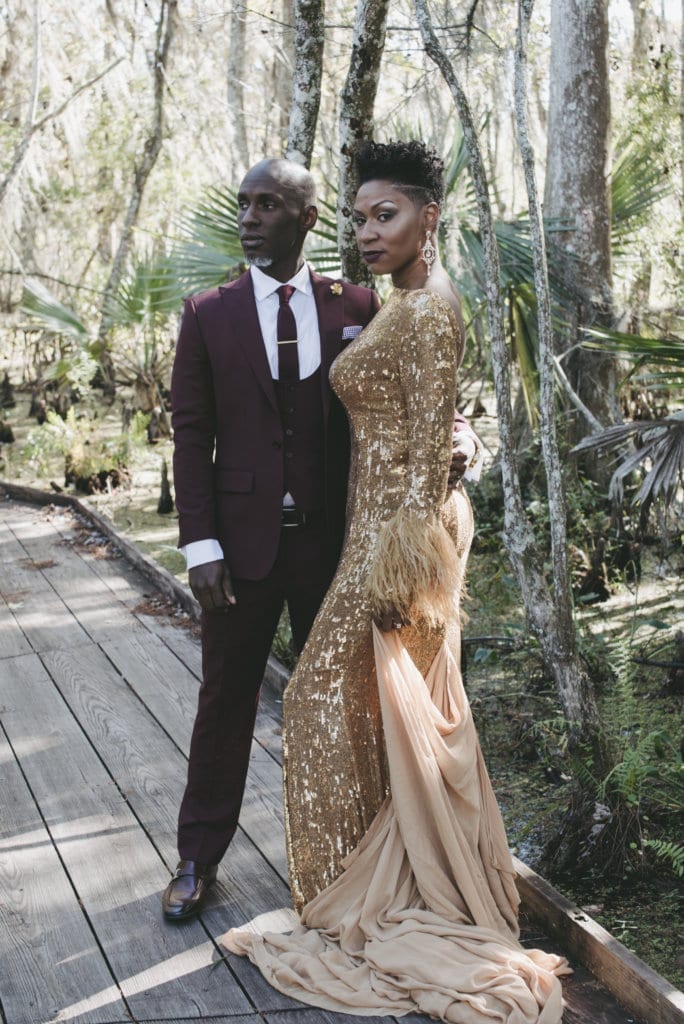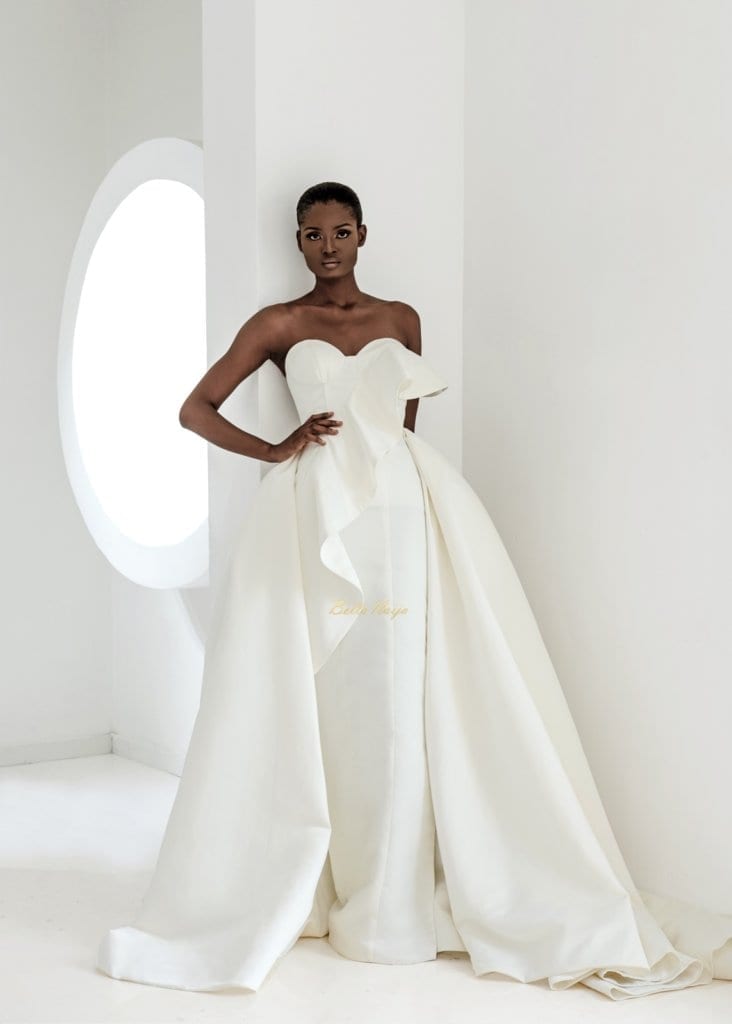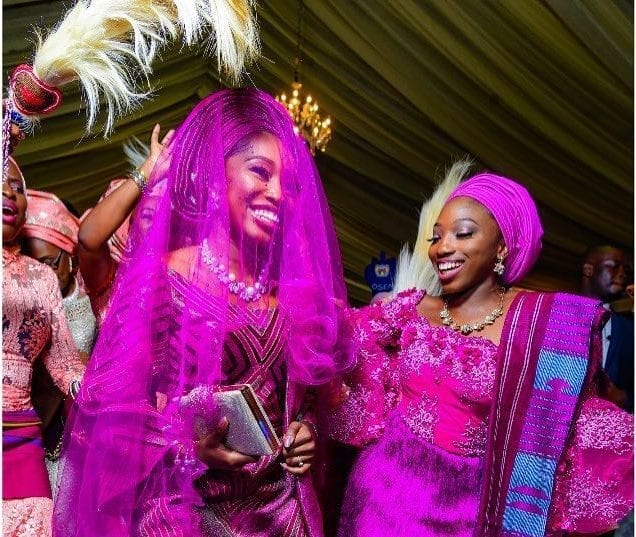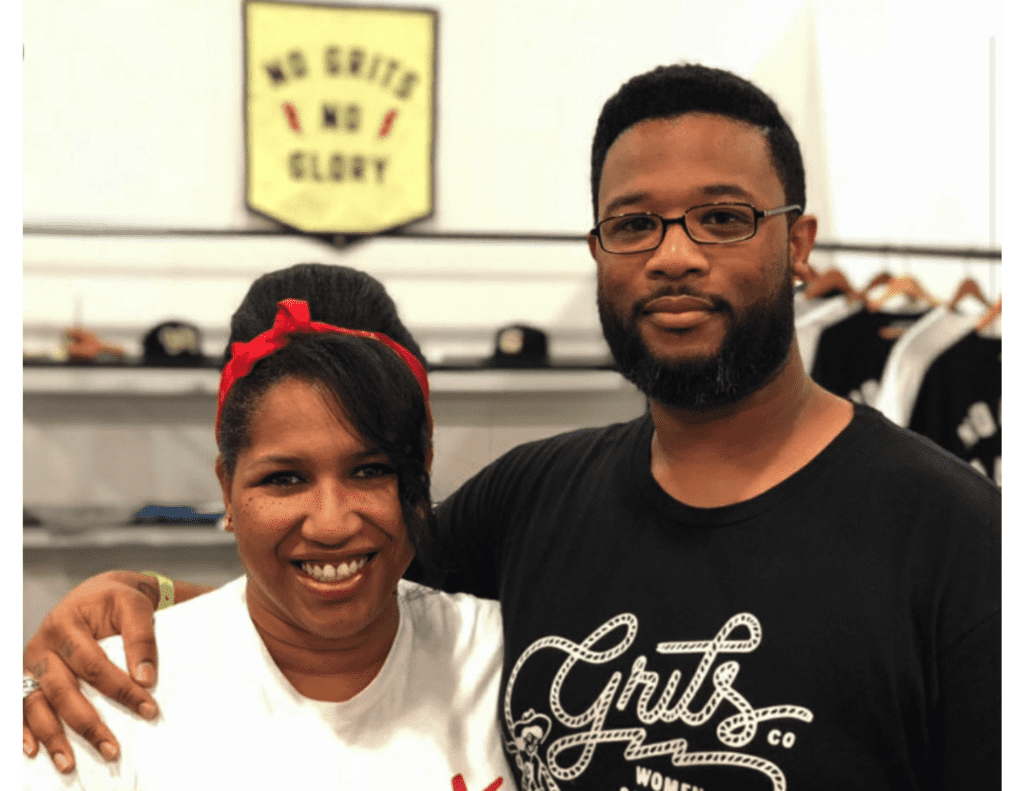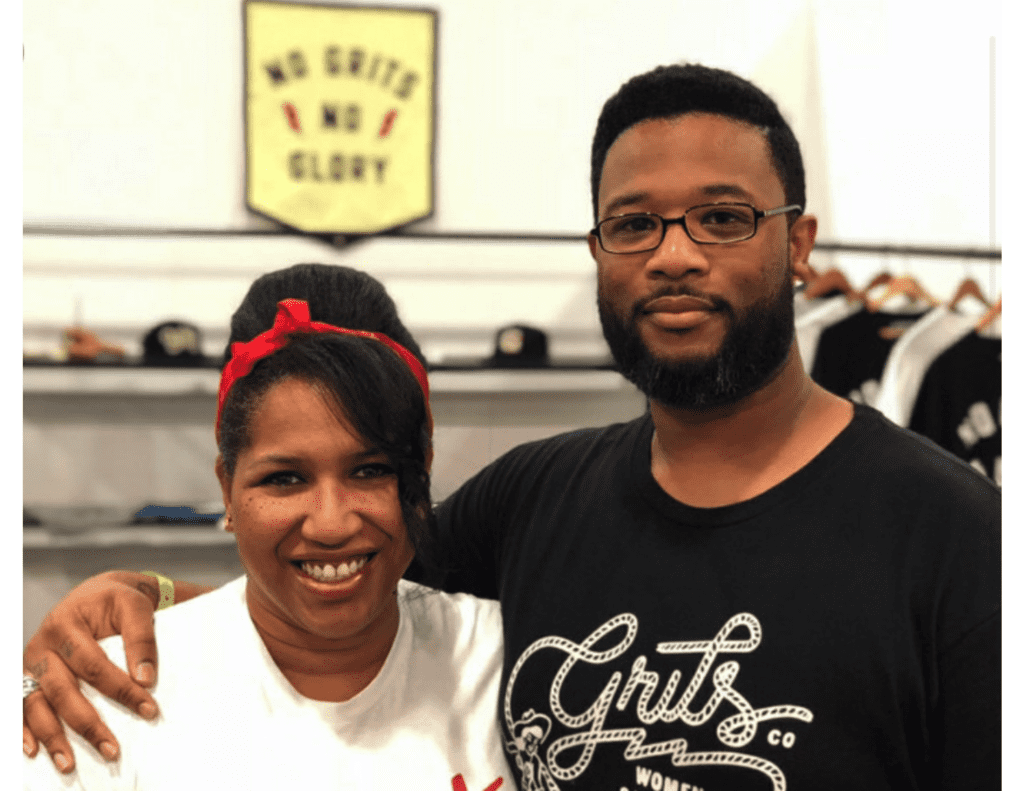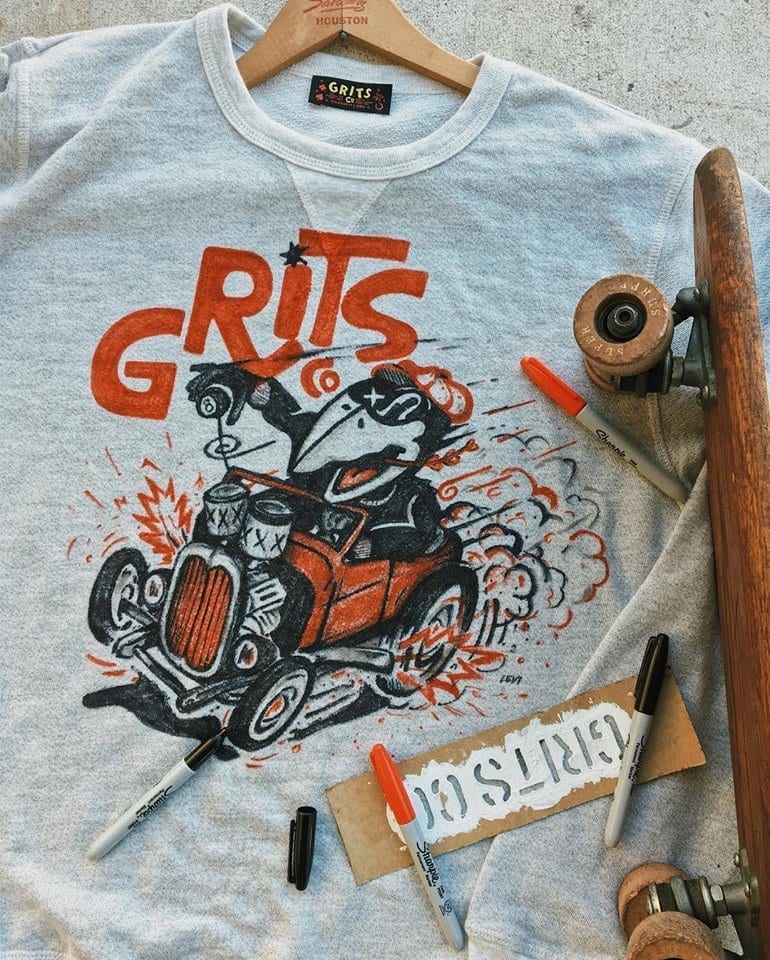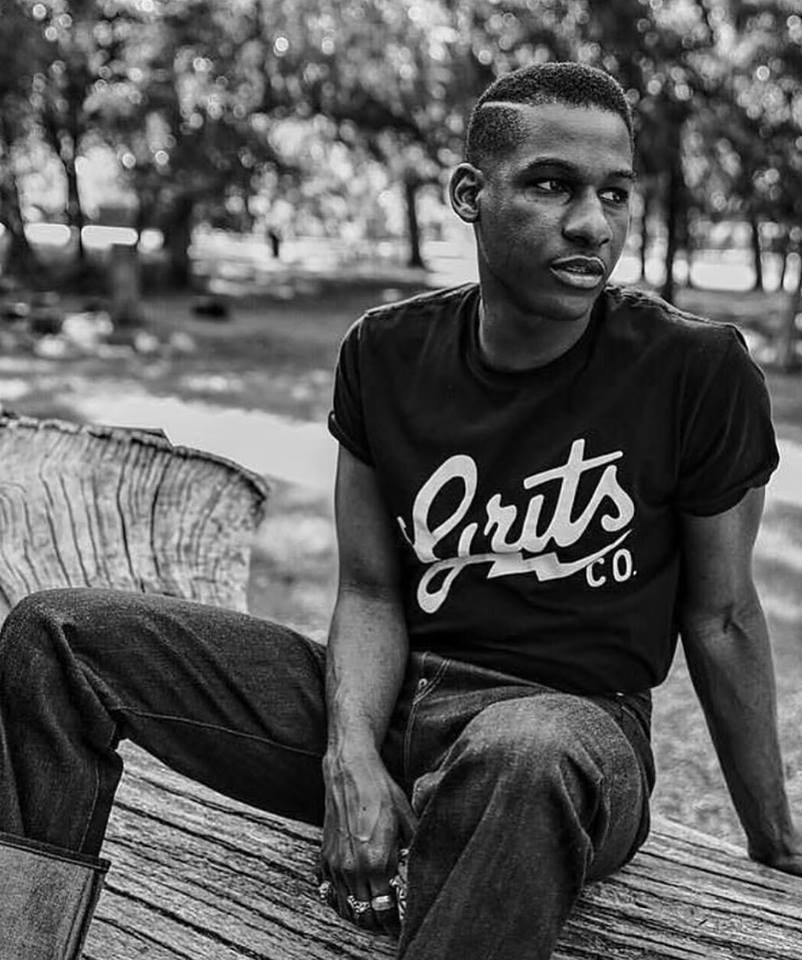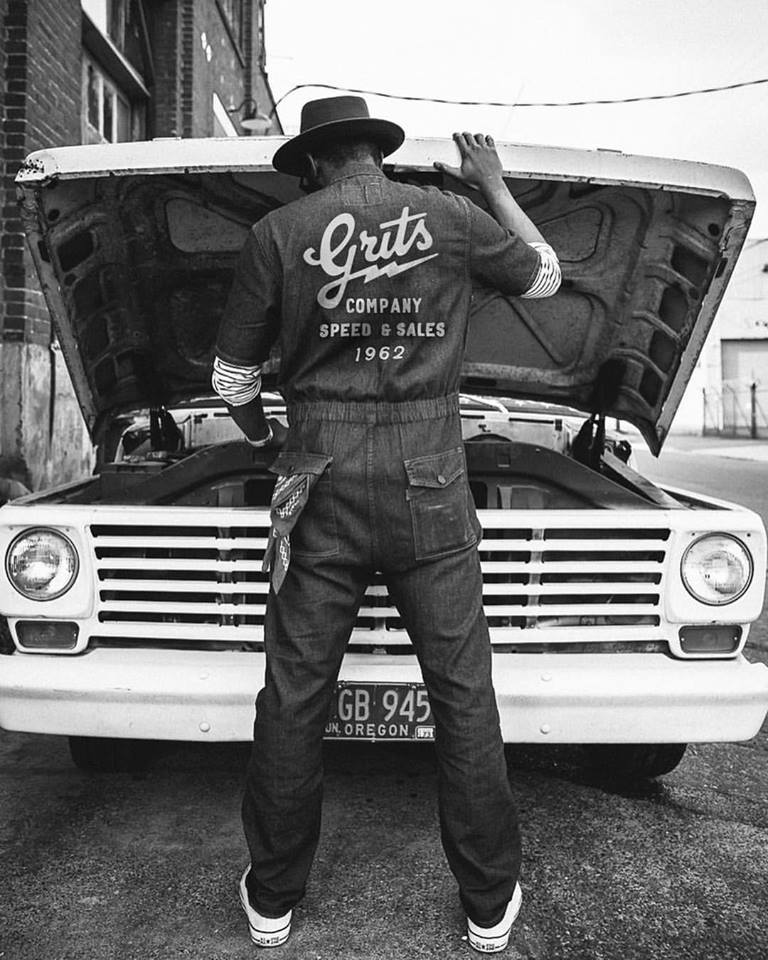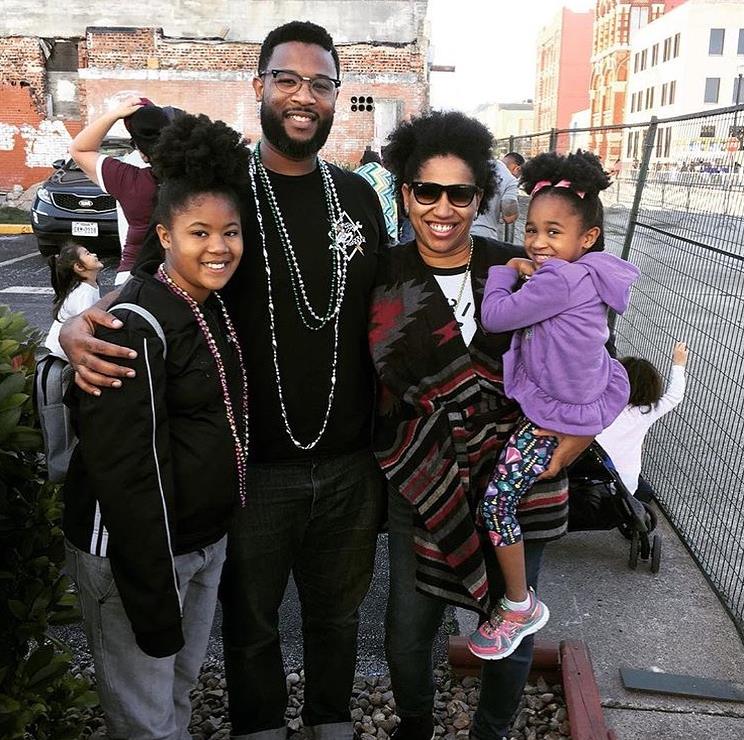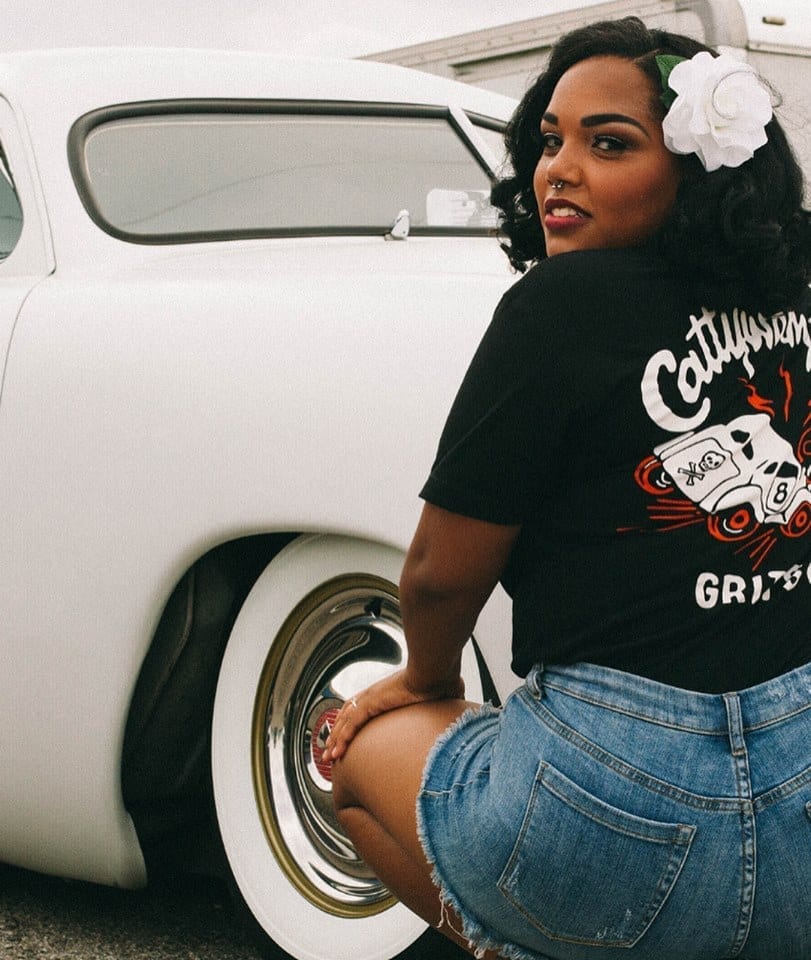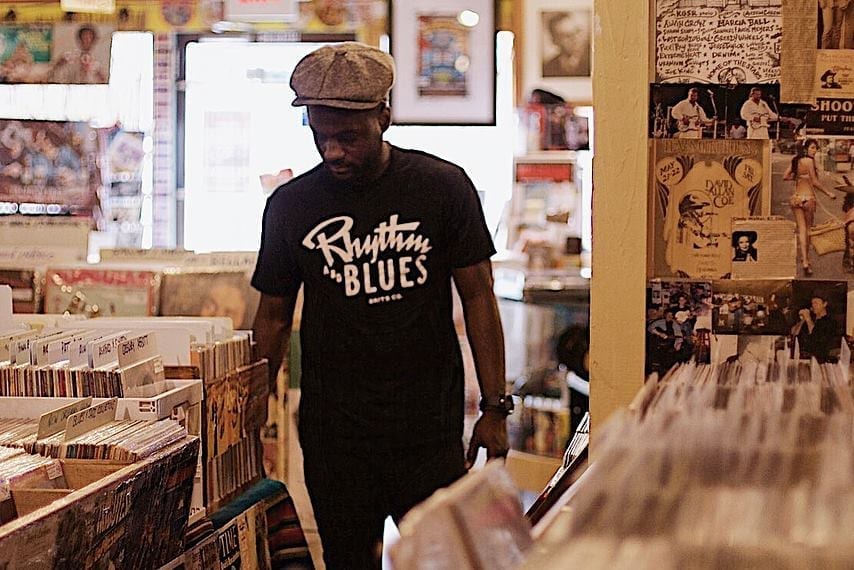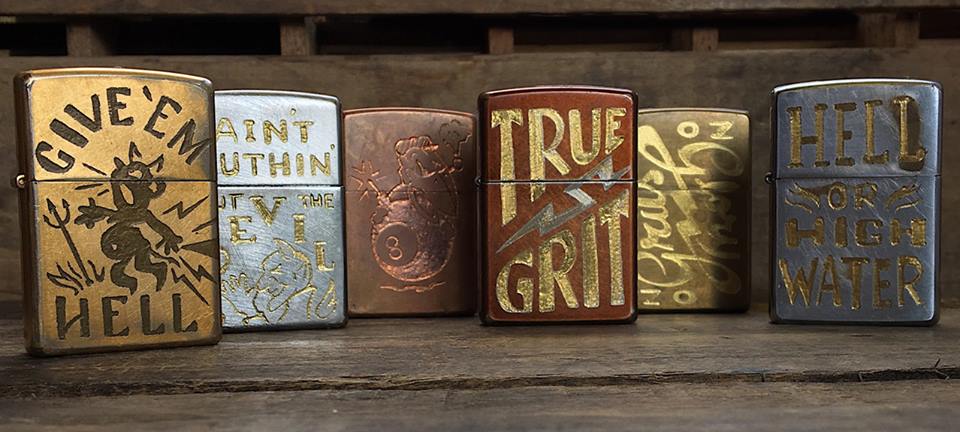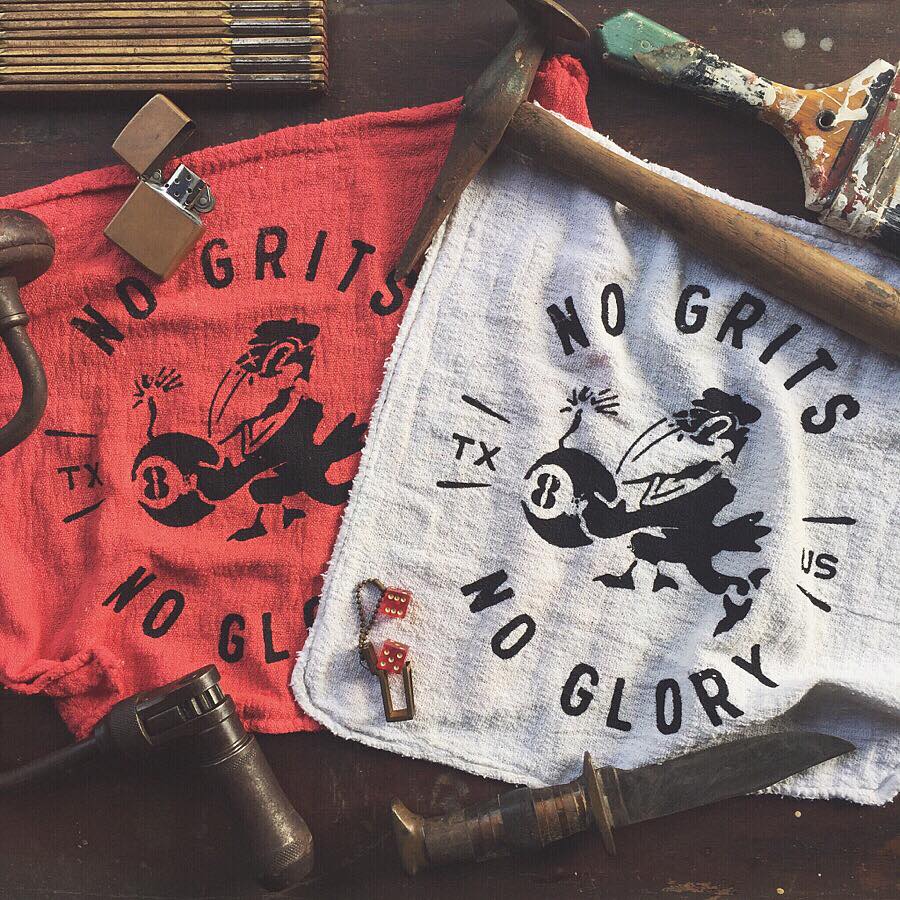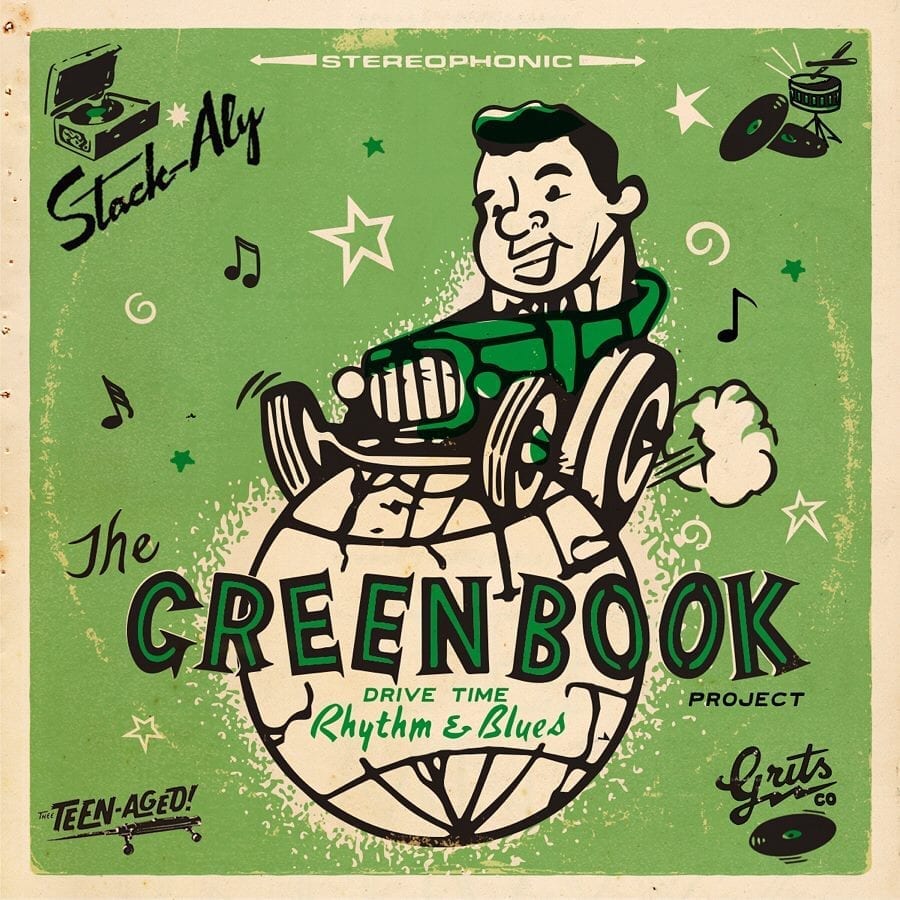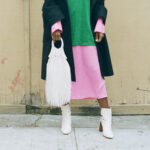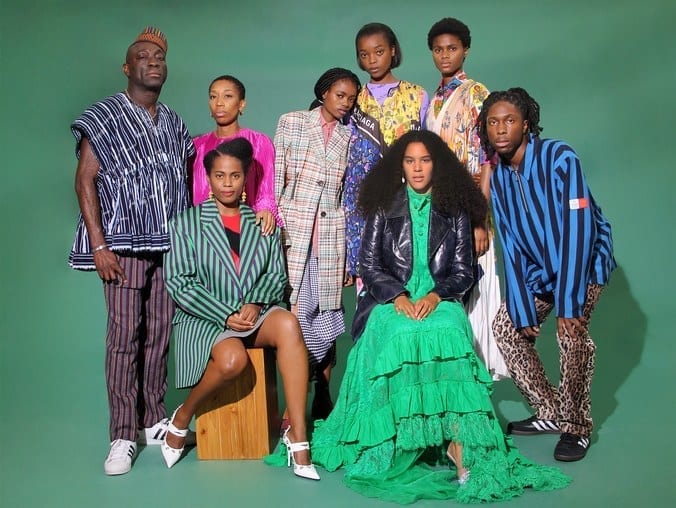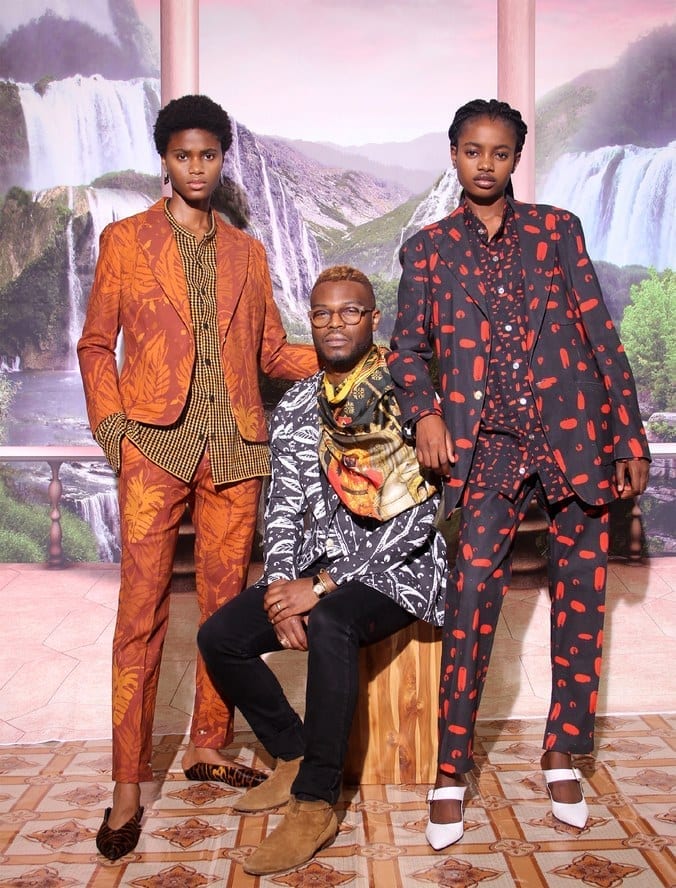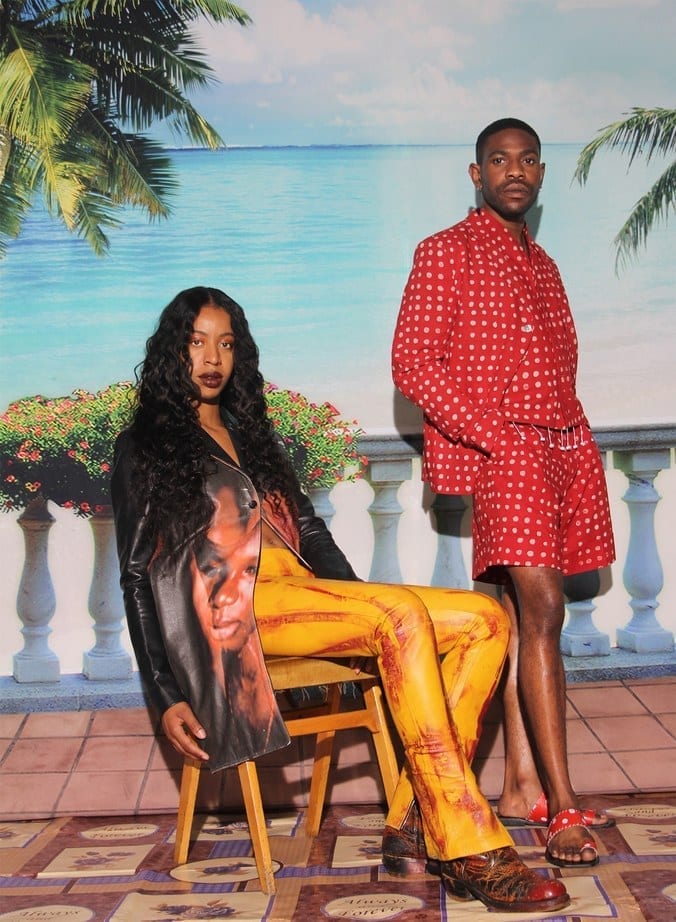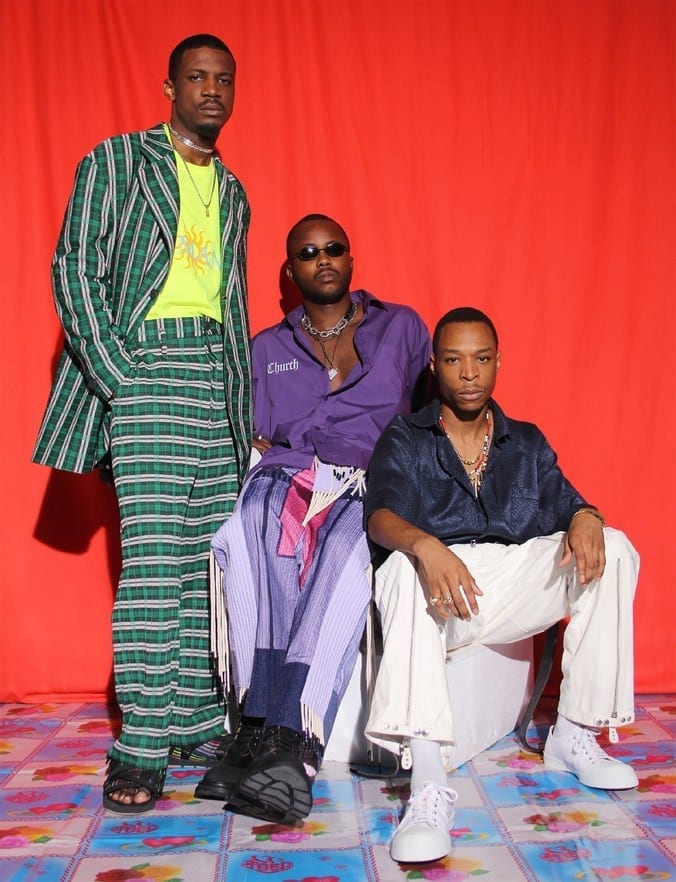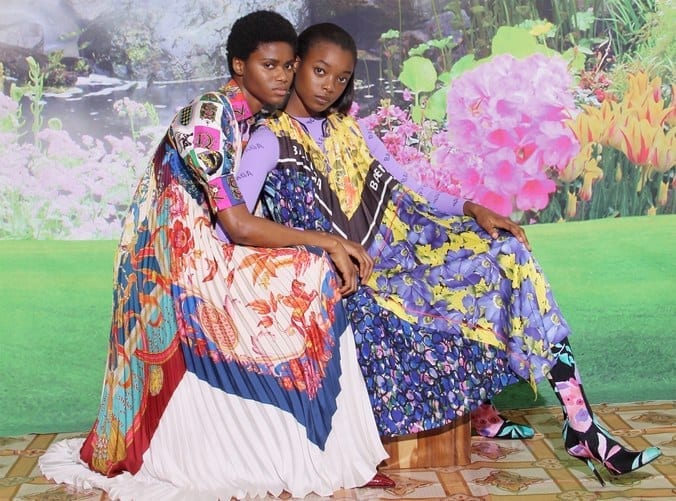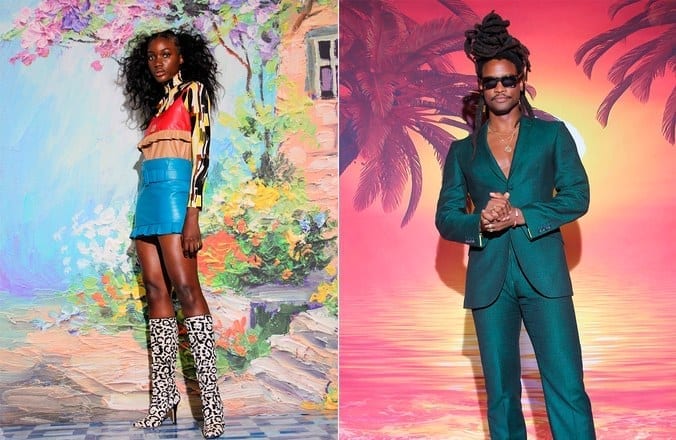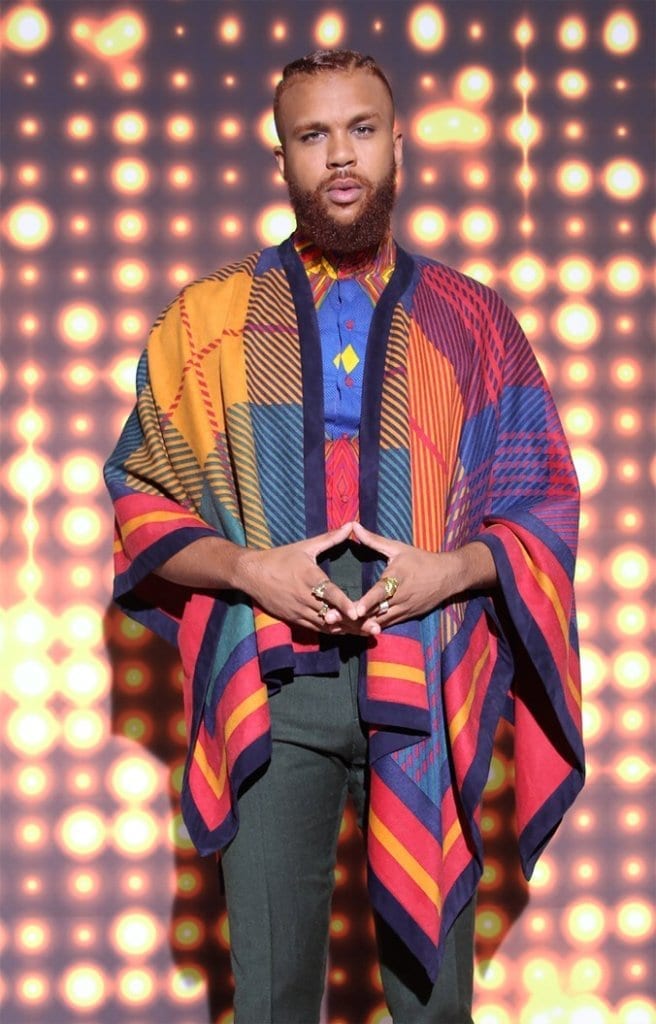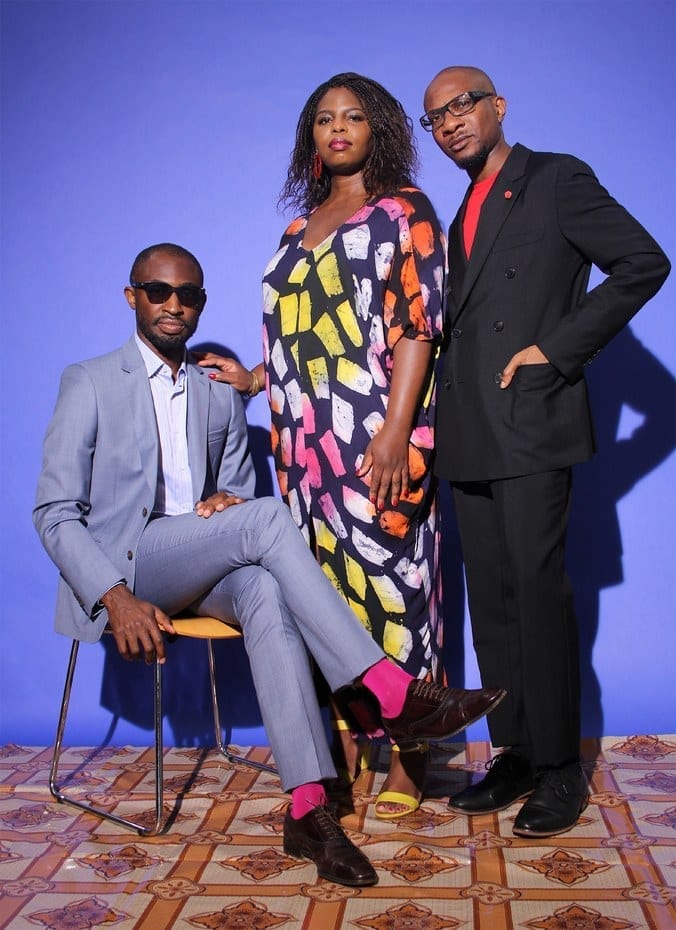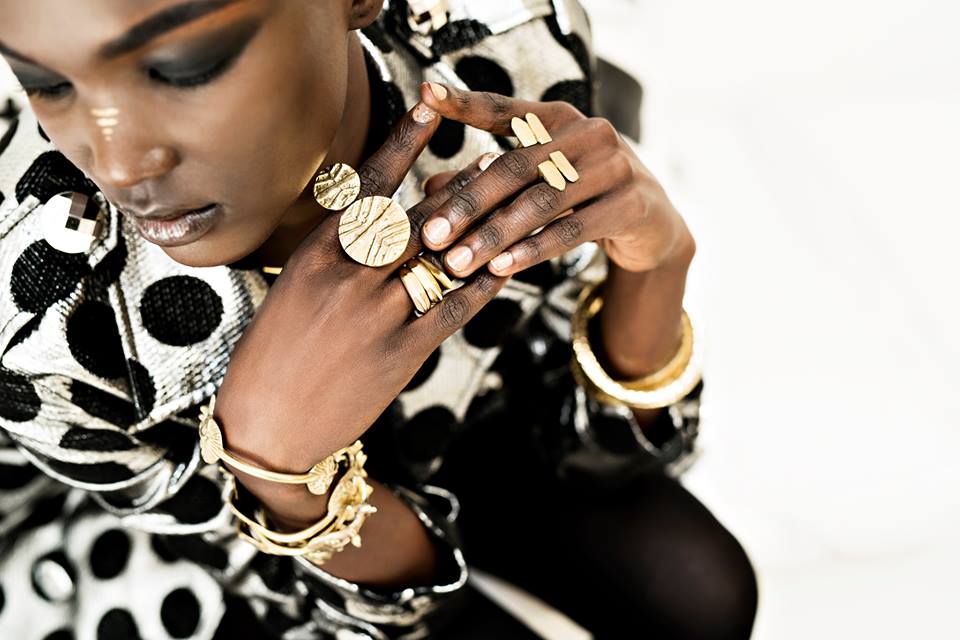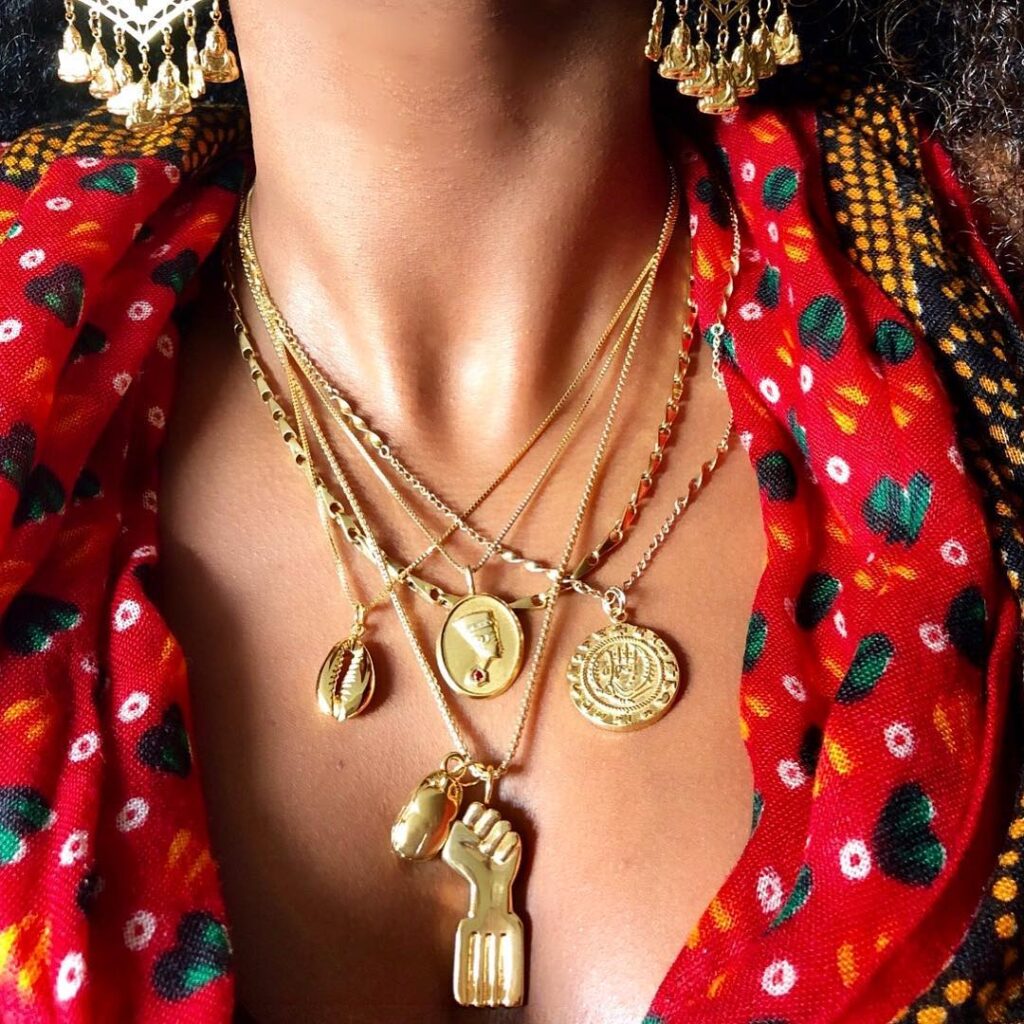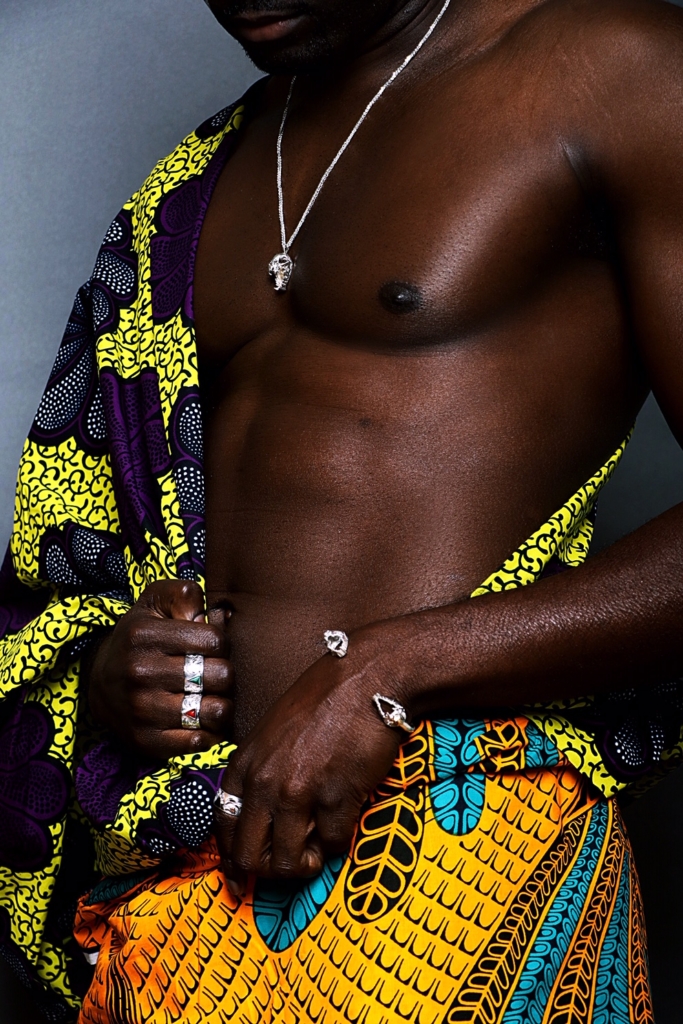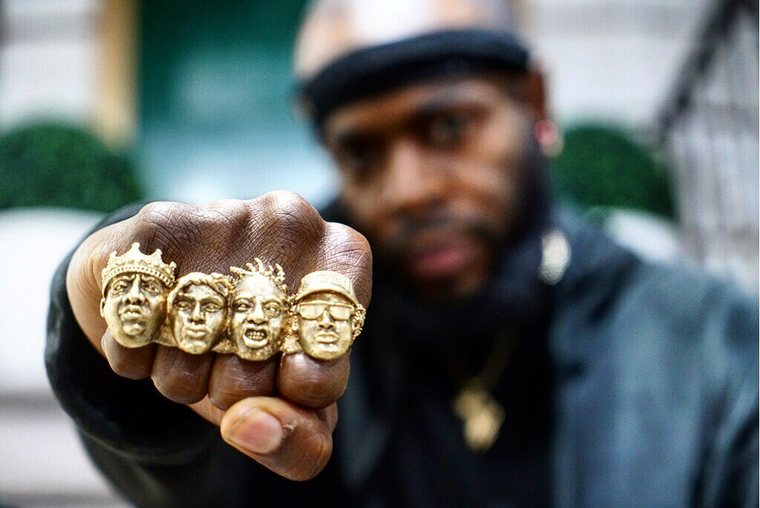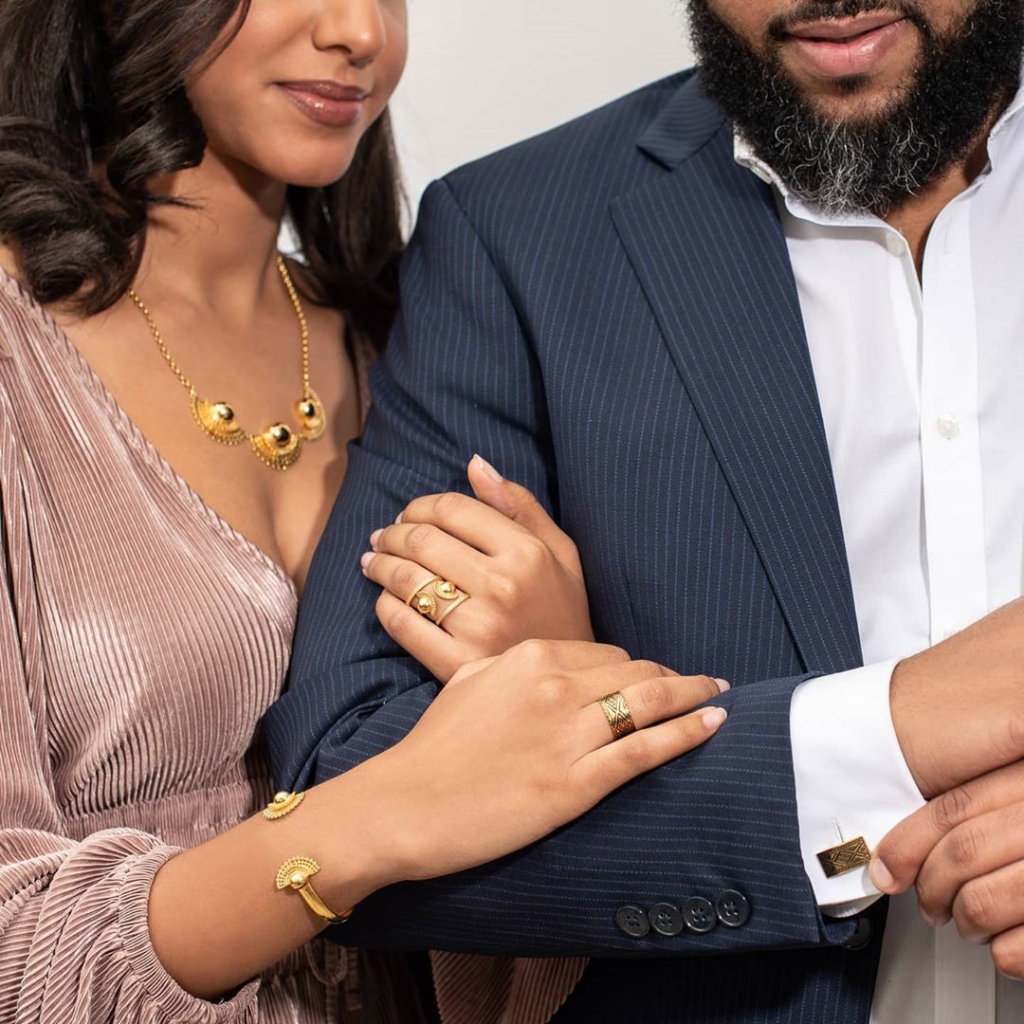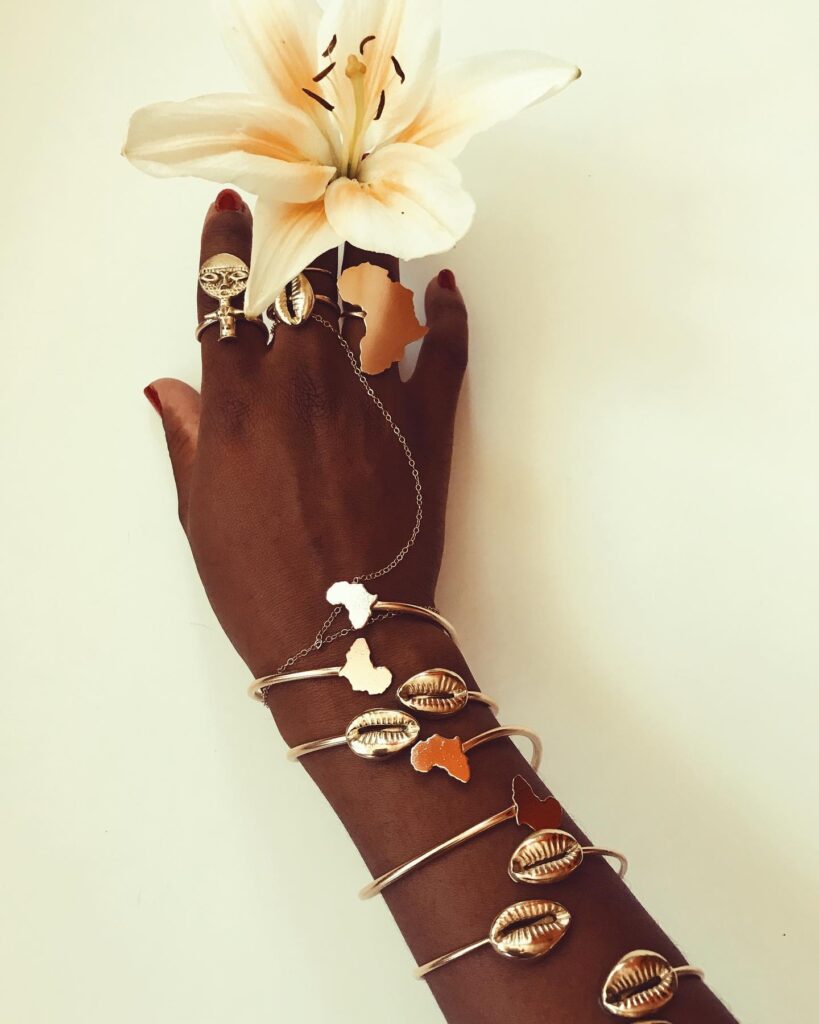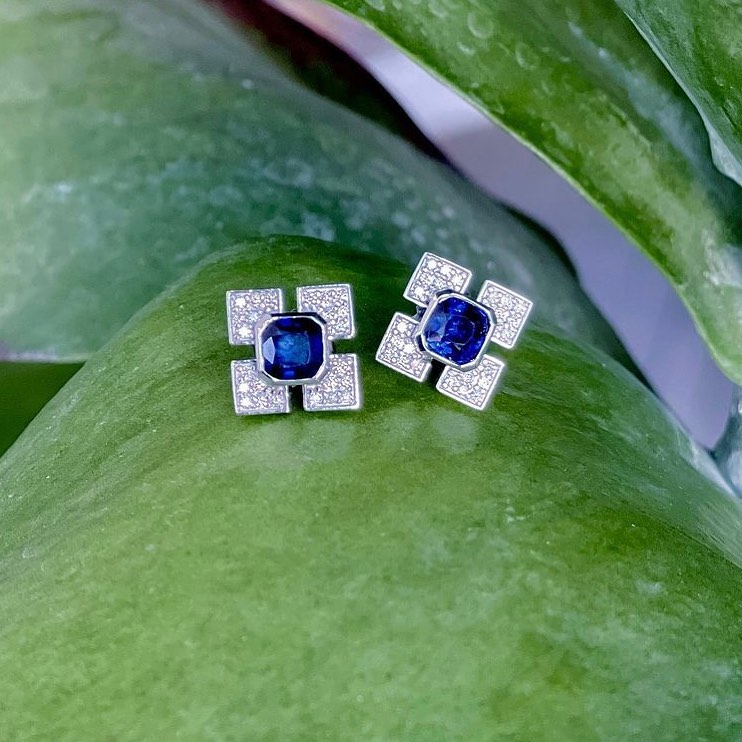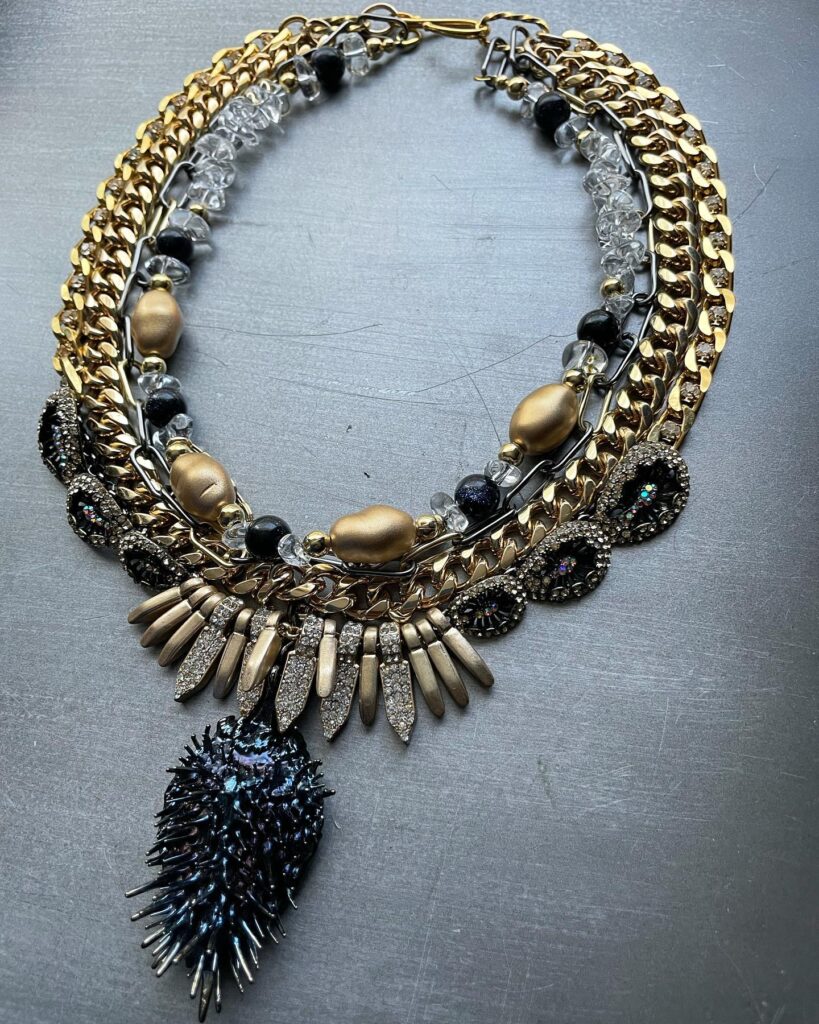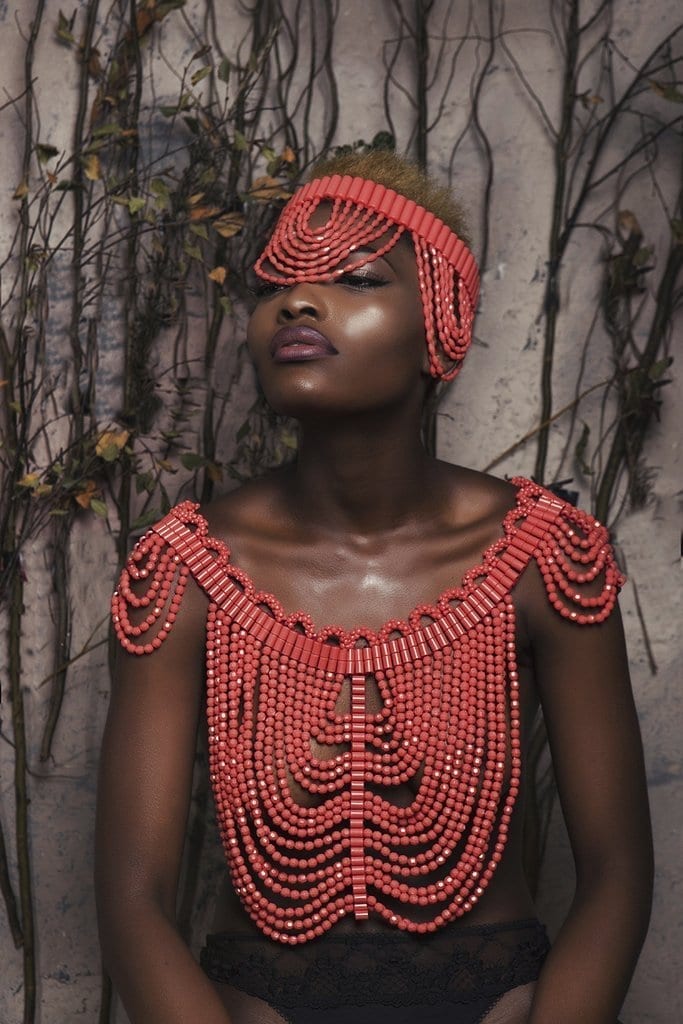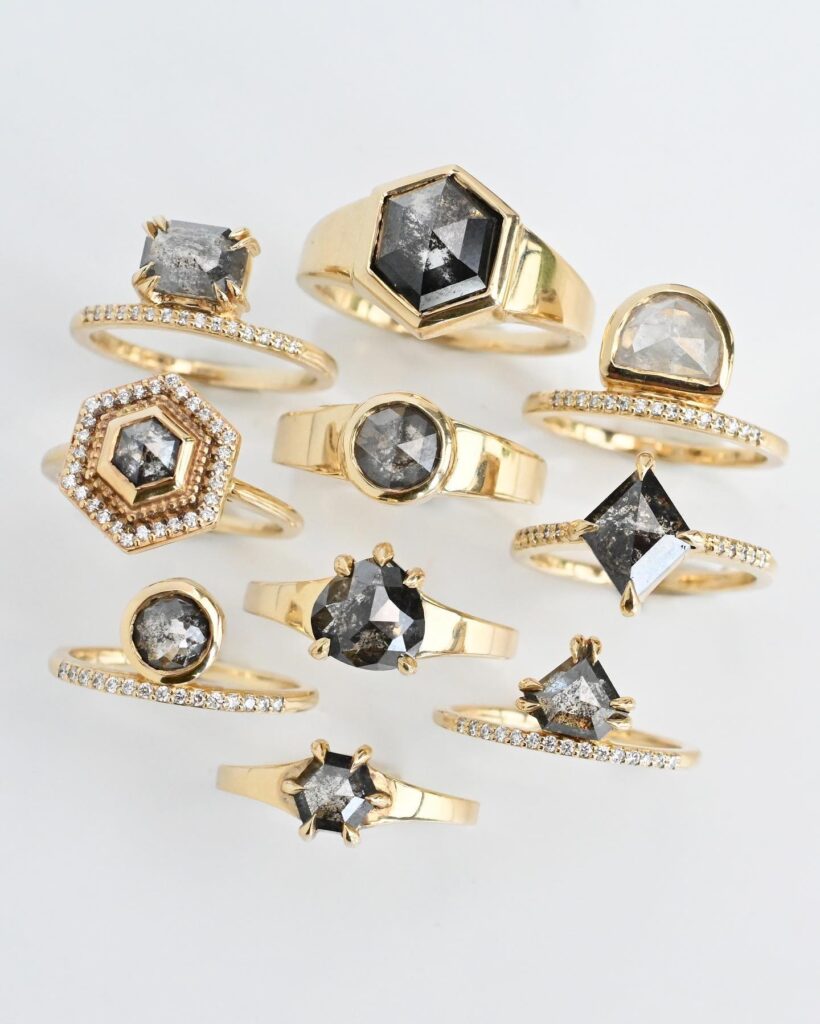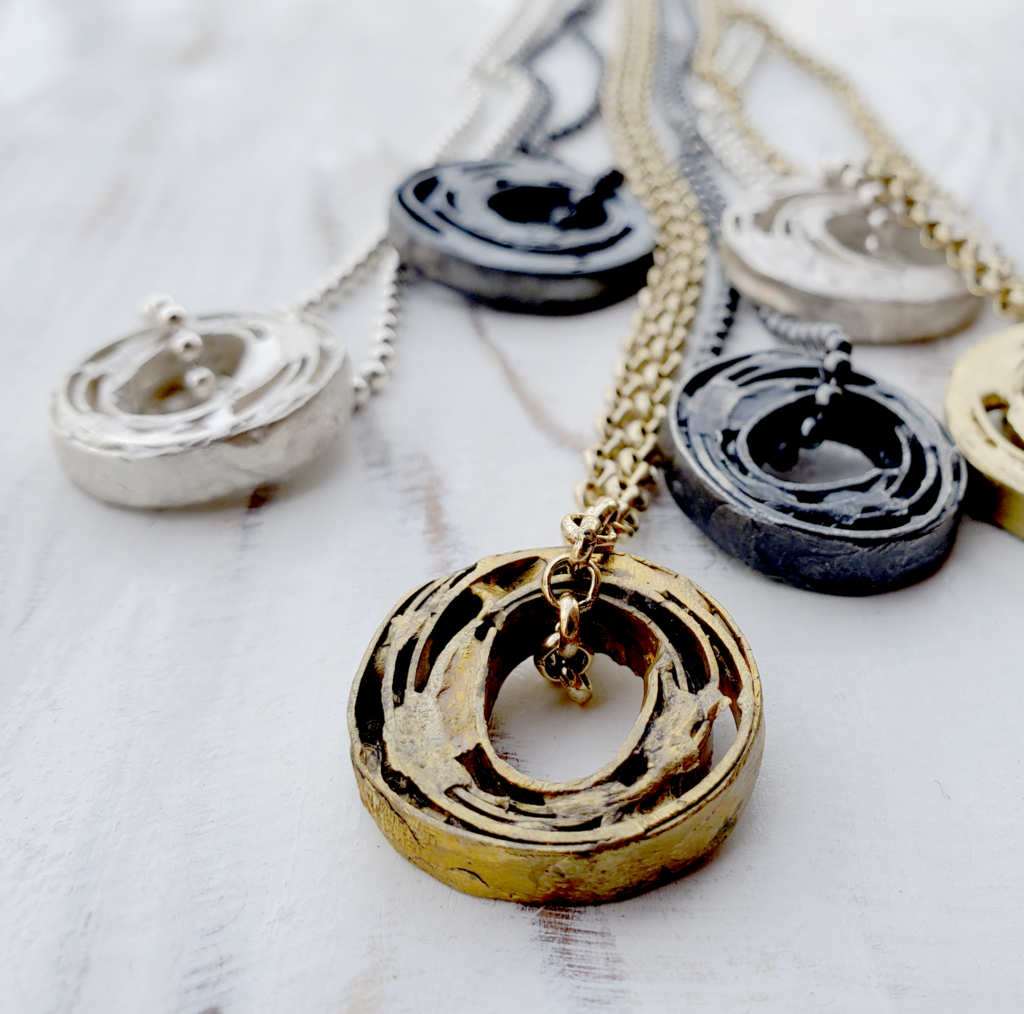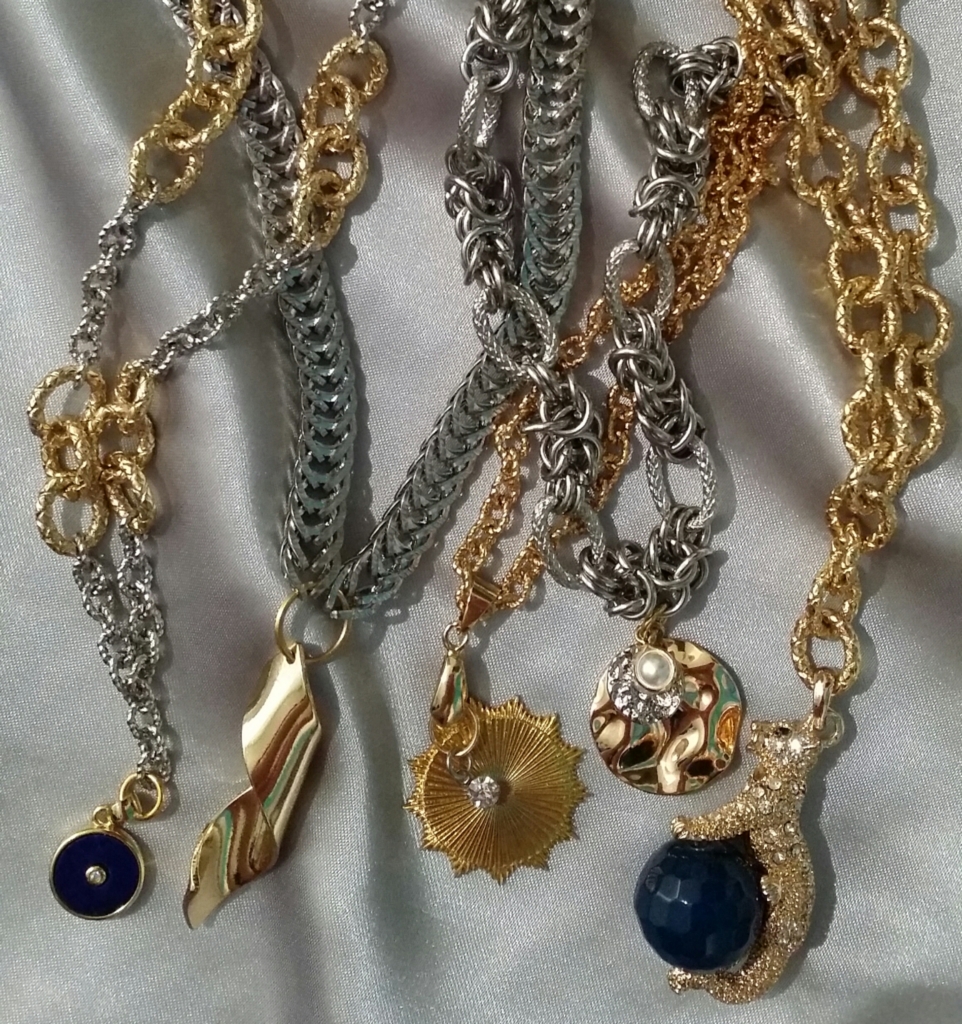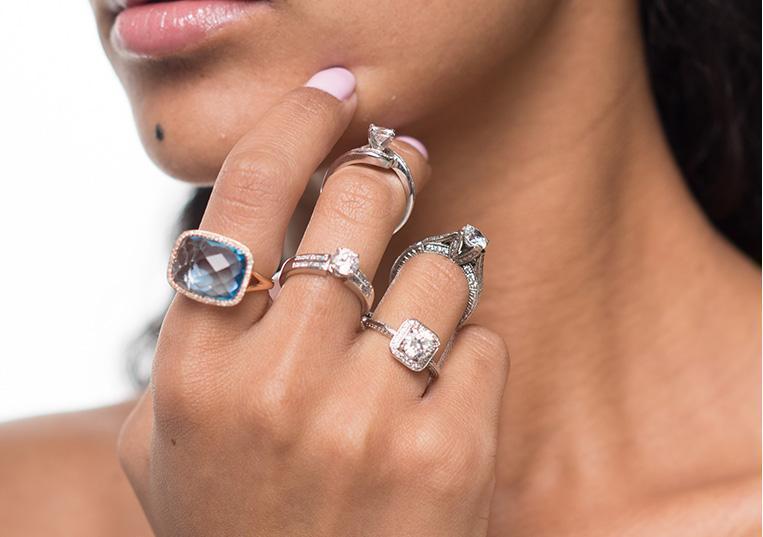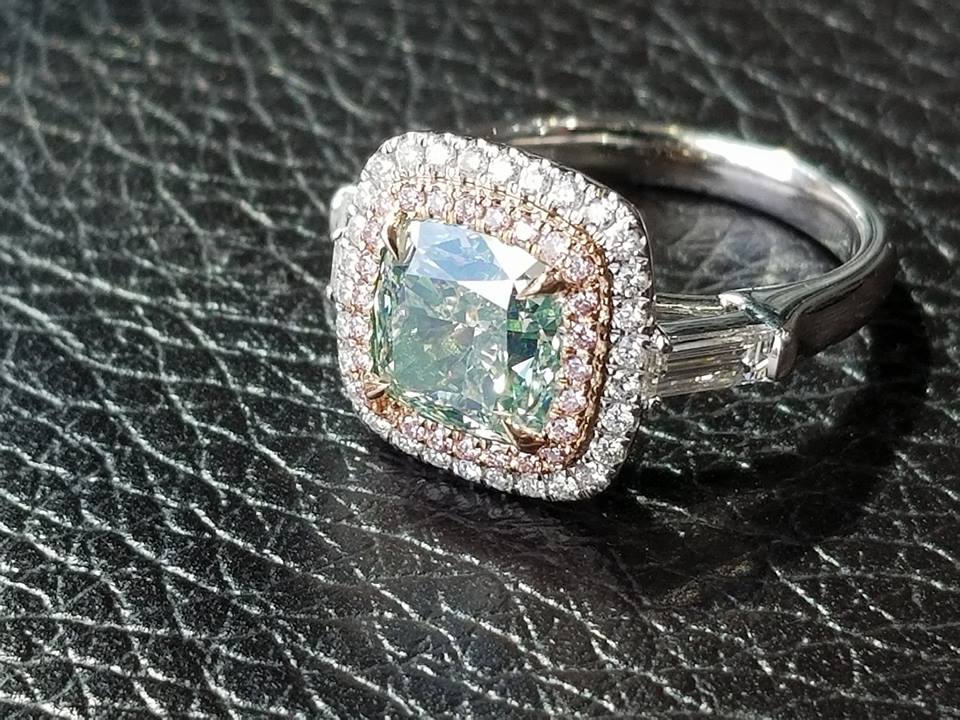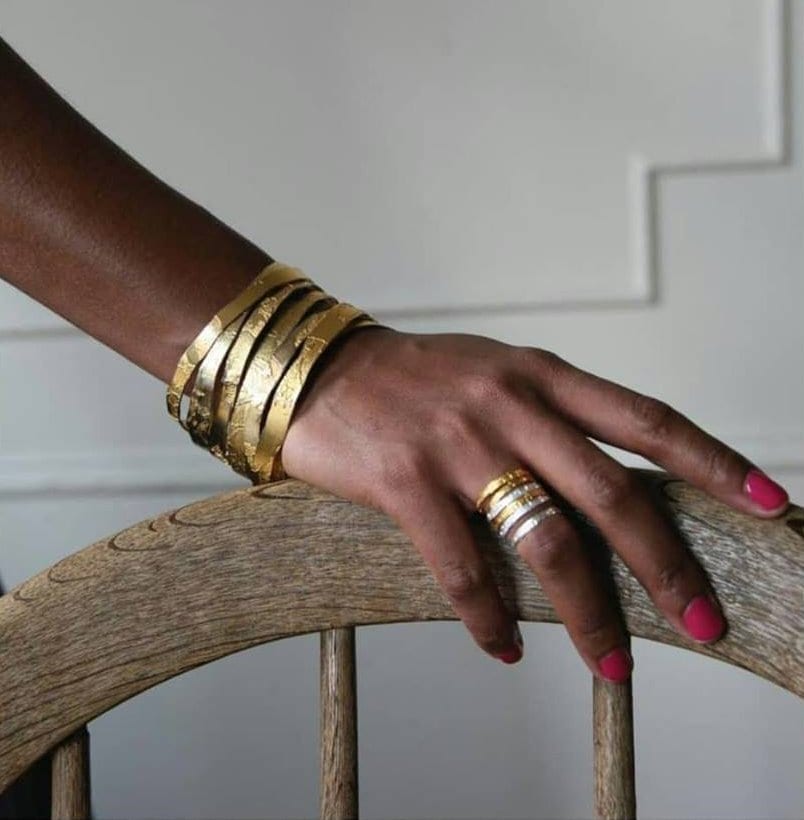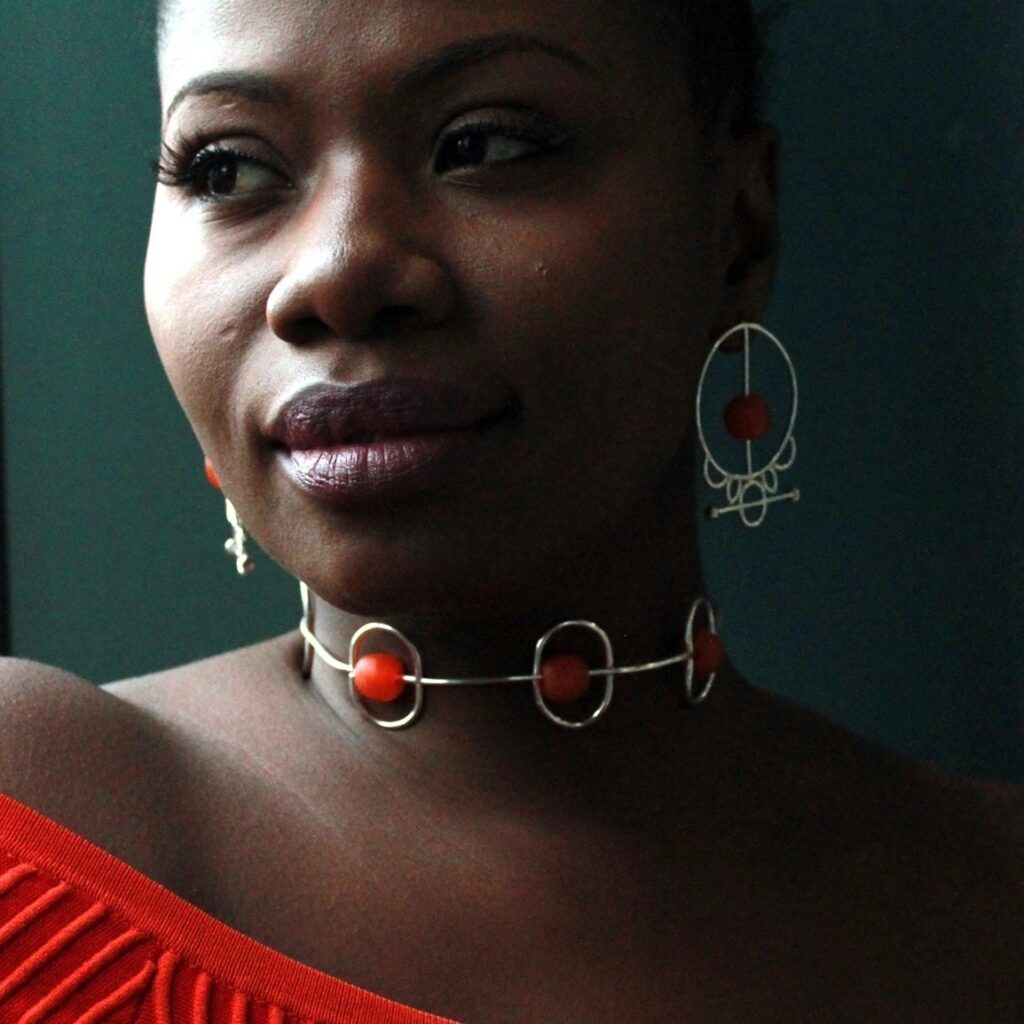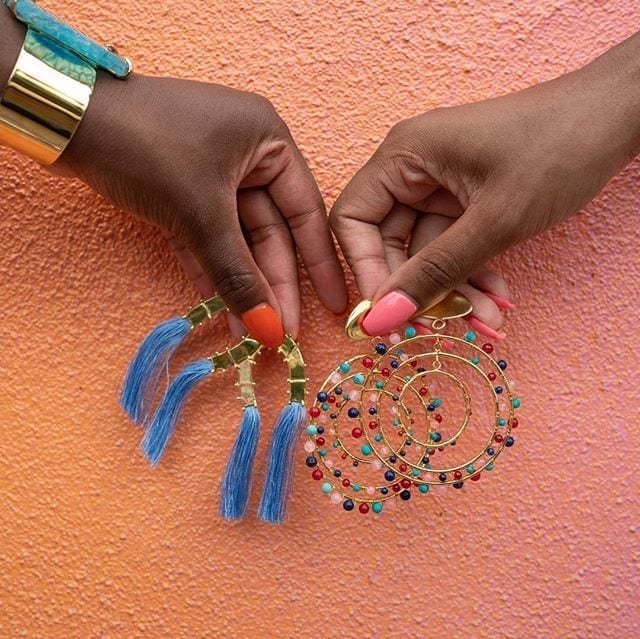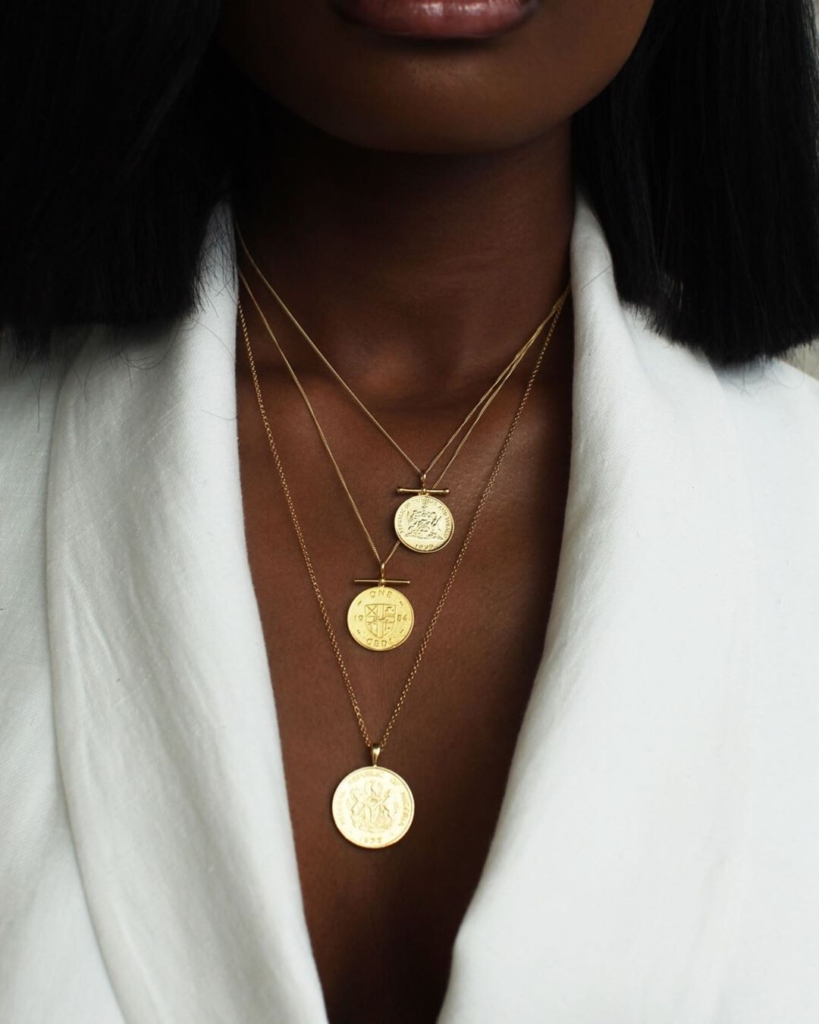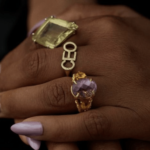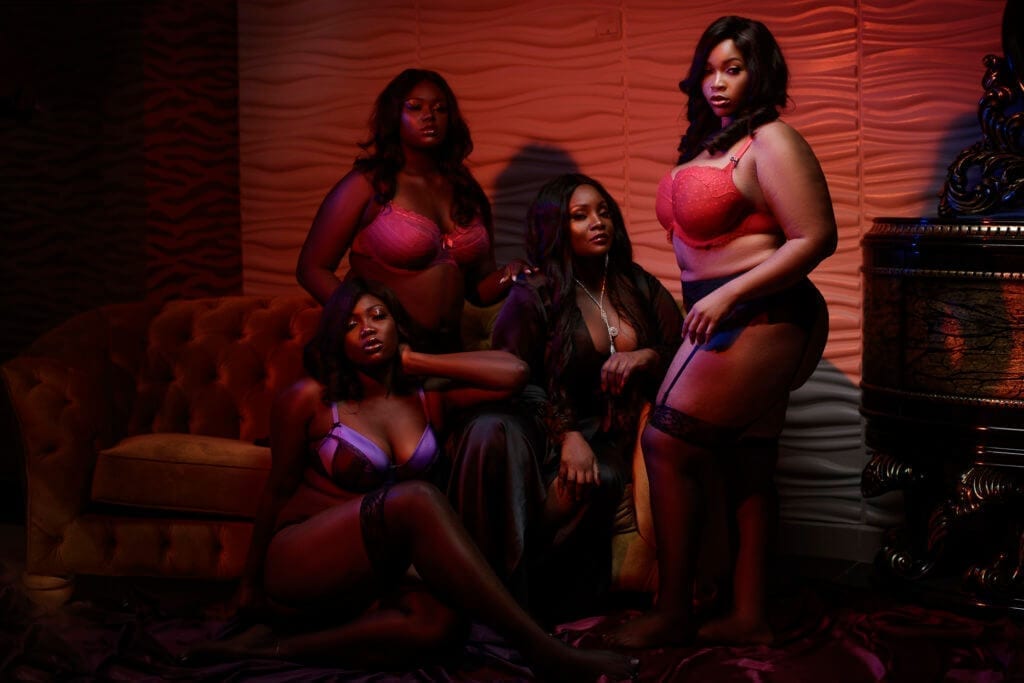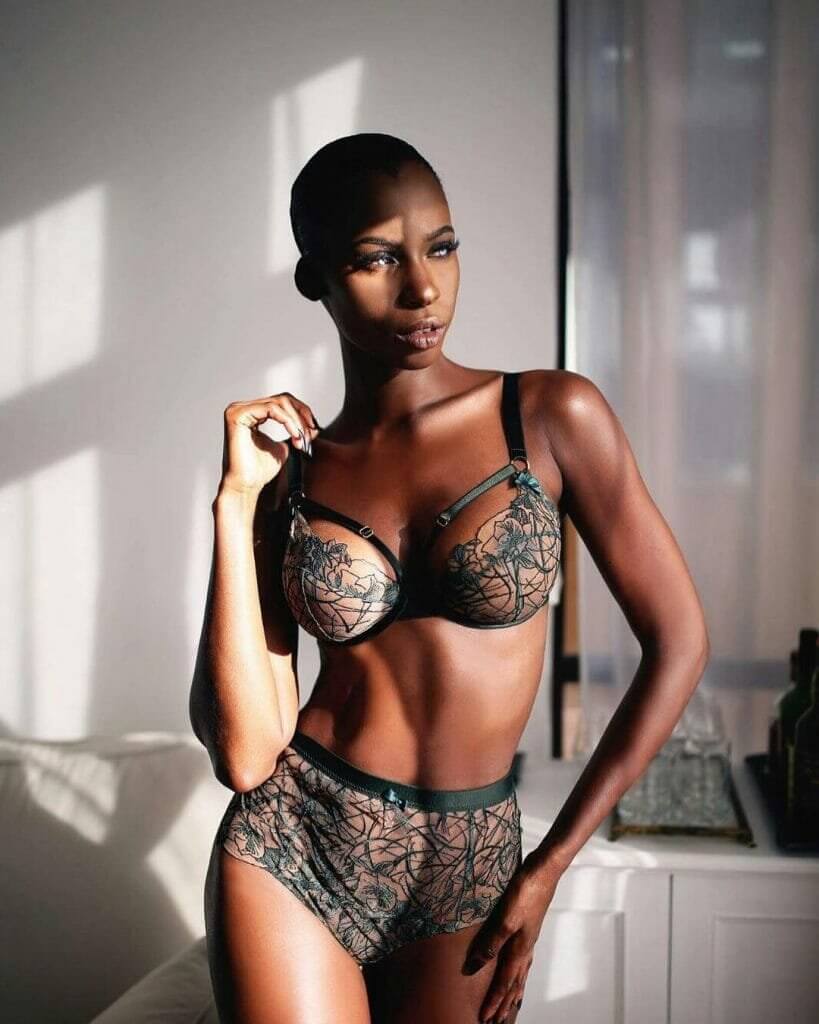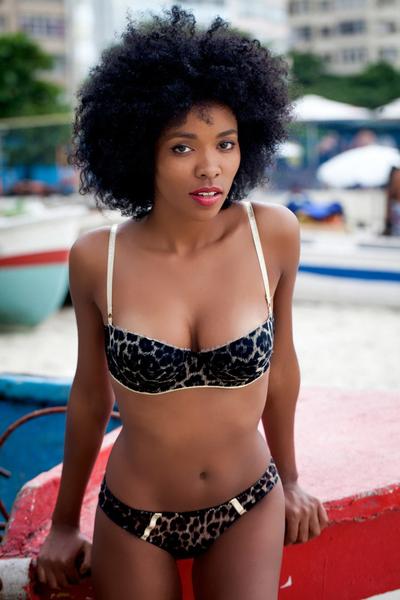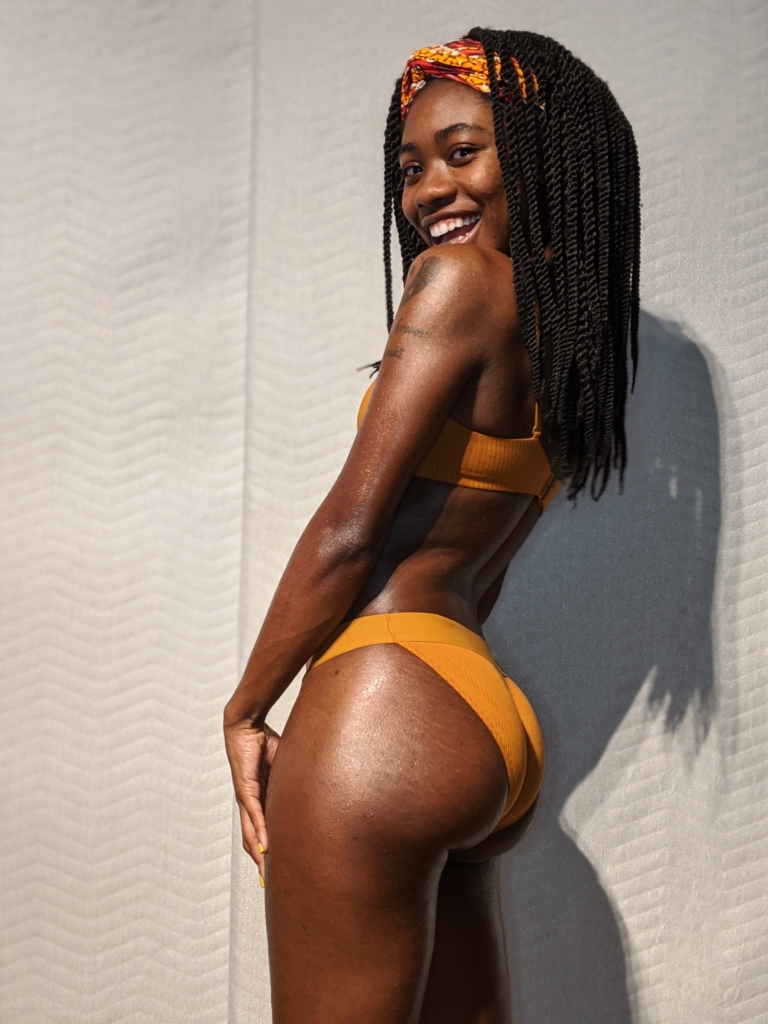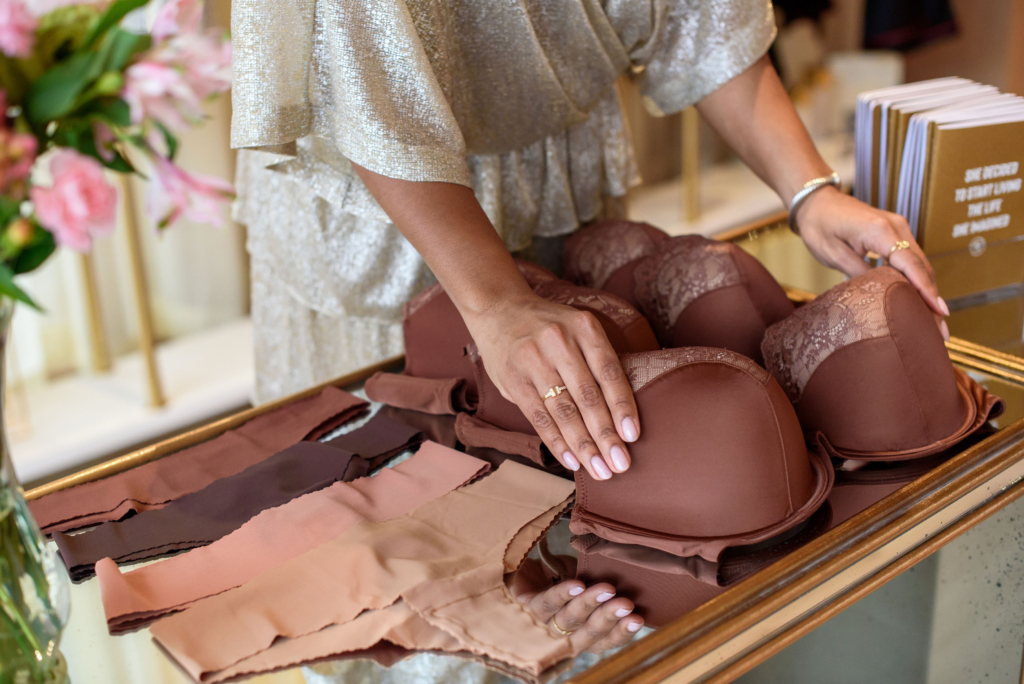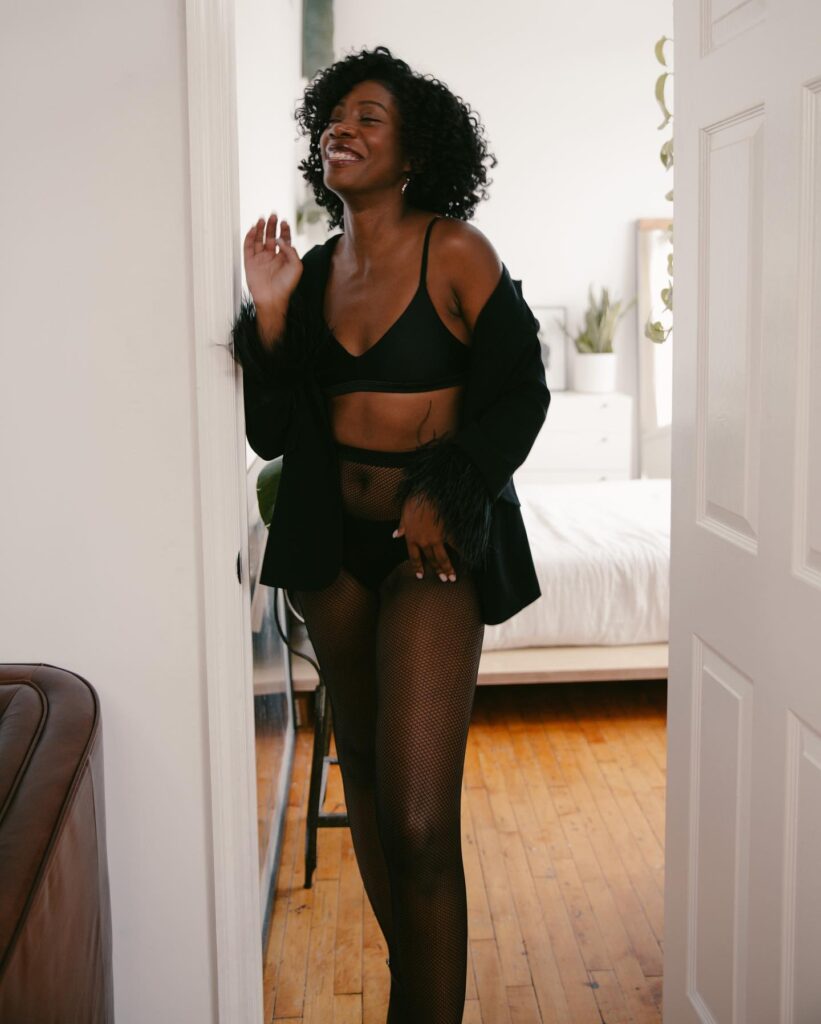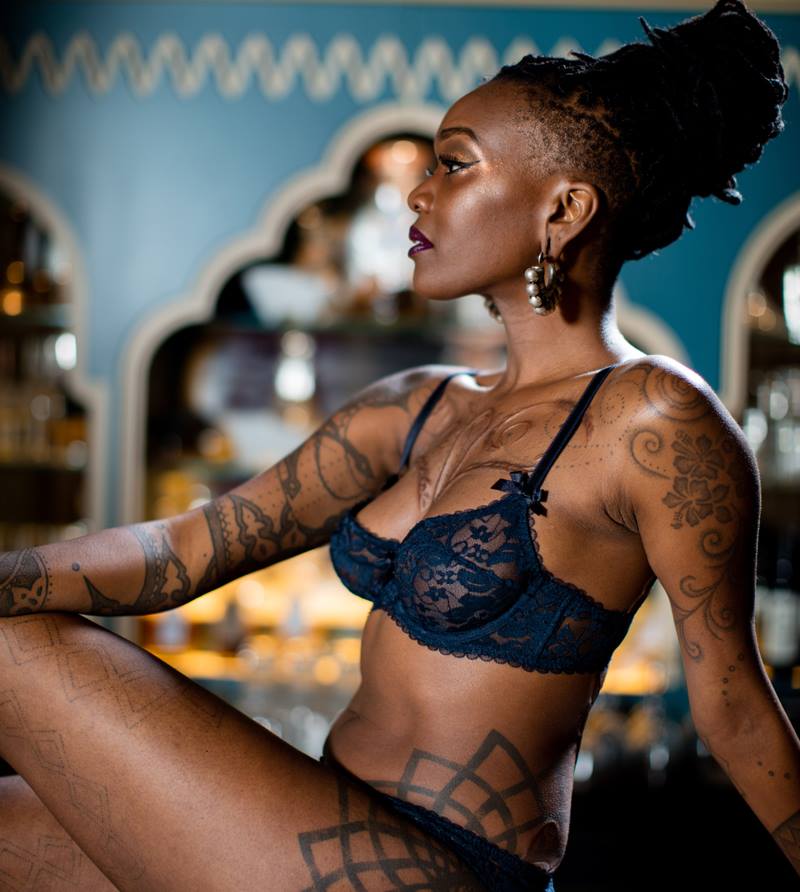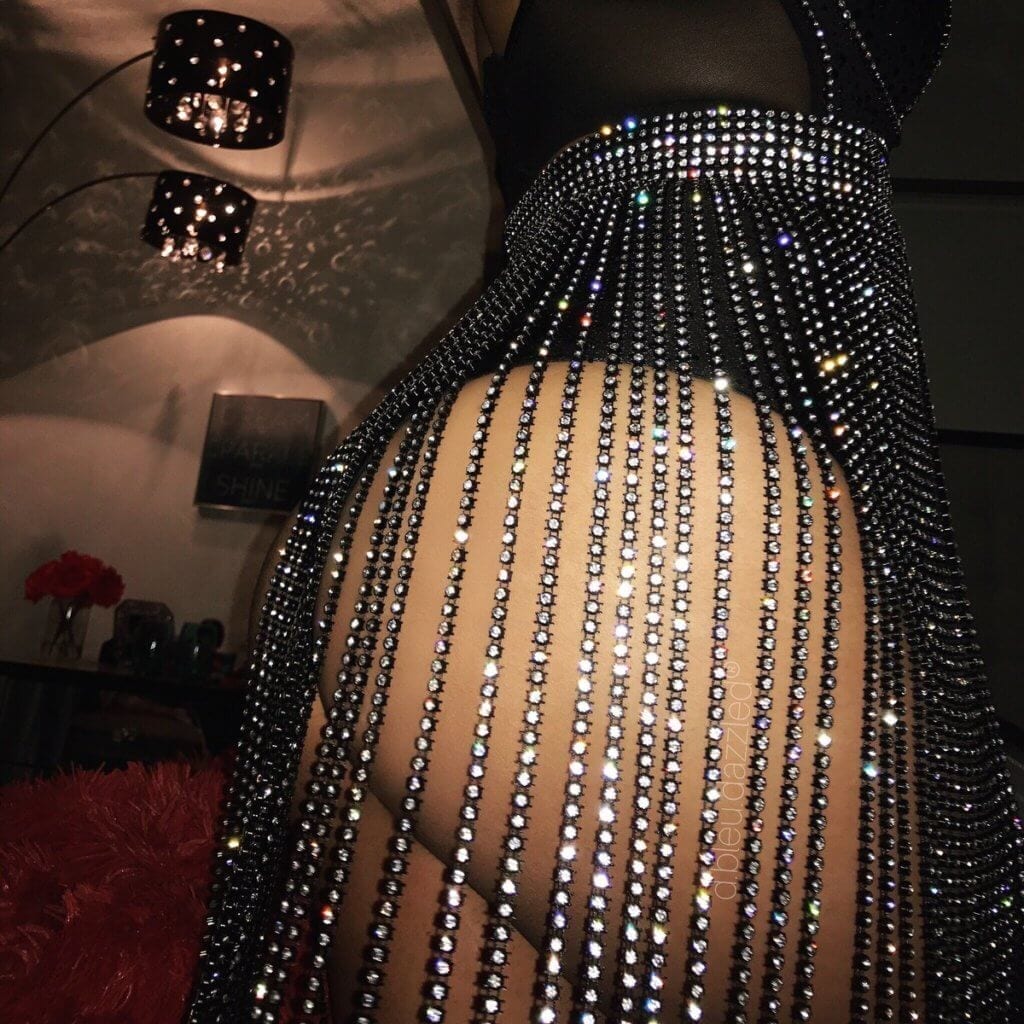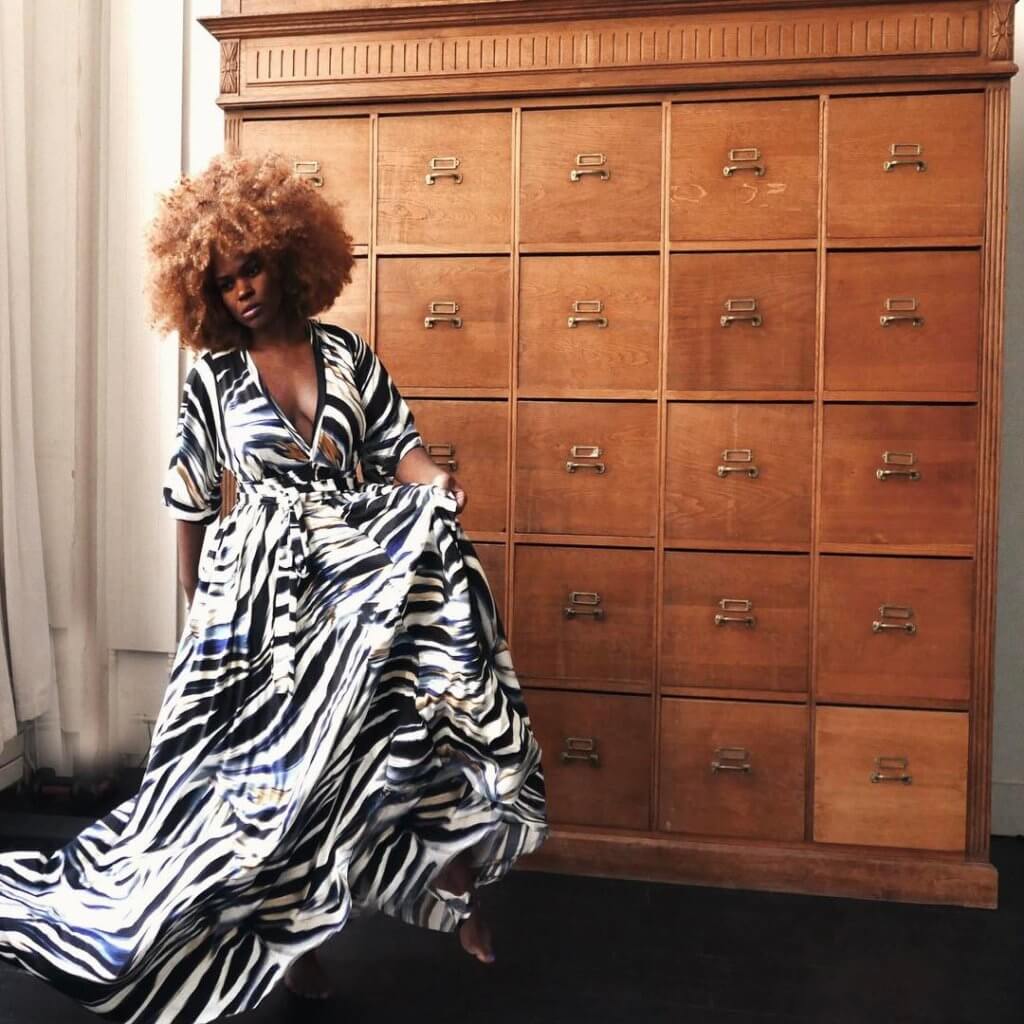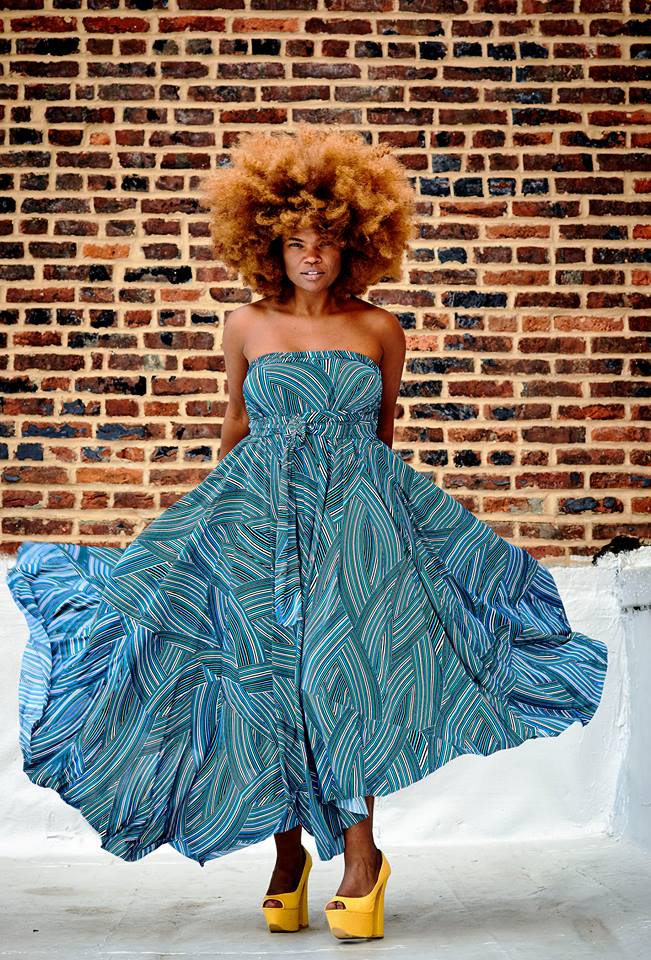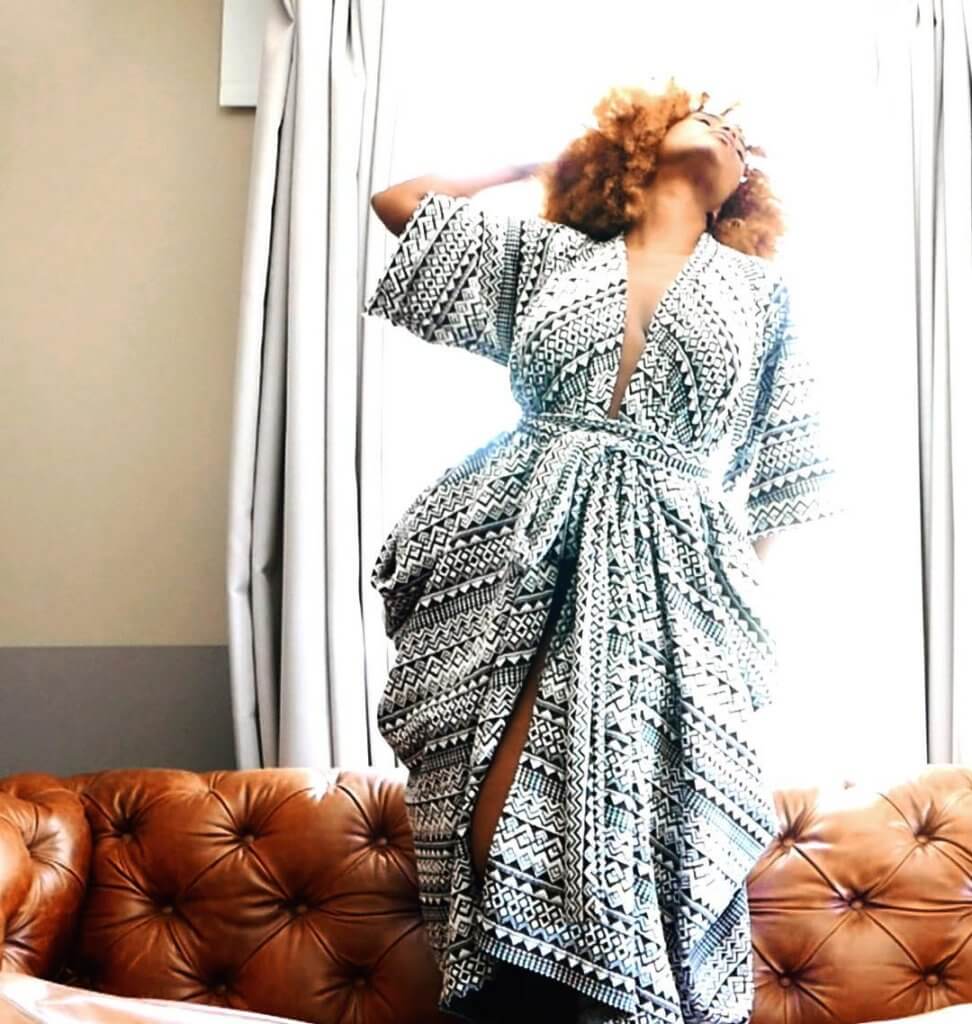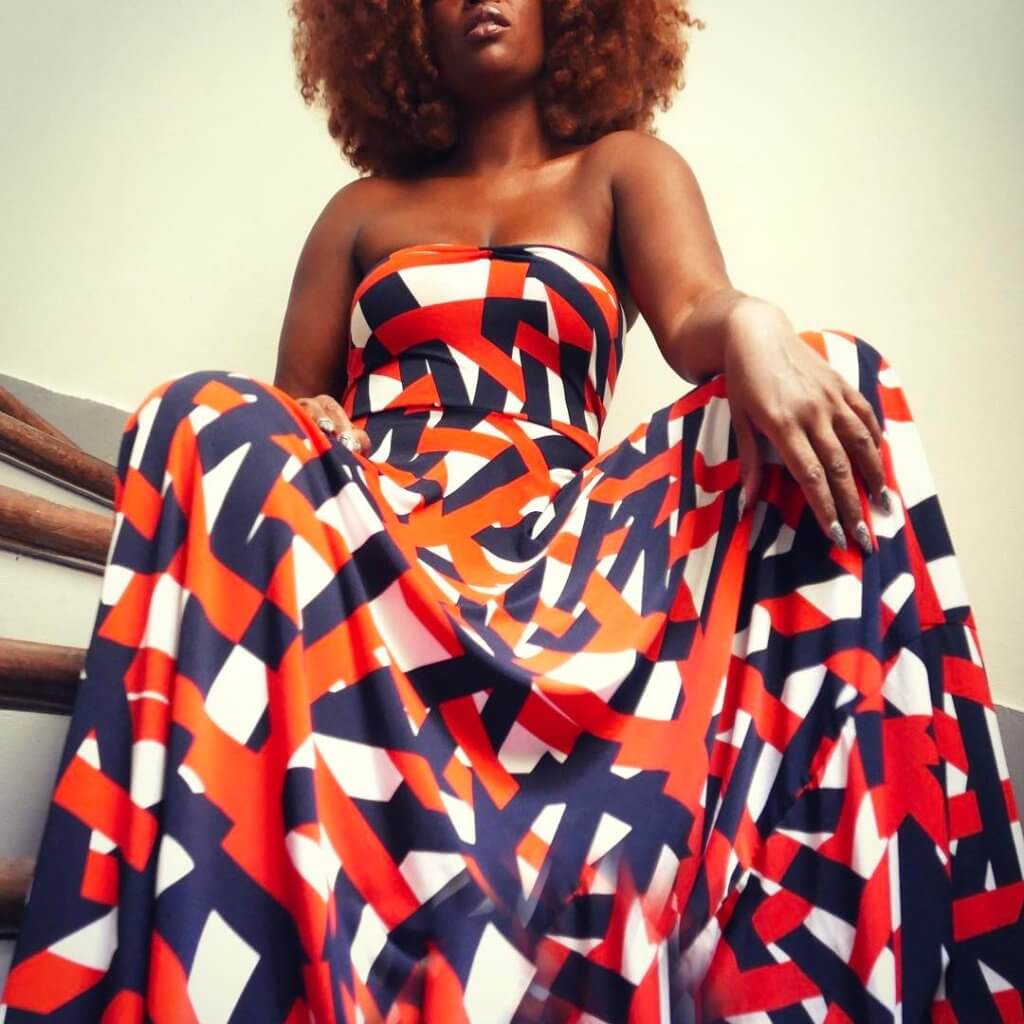The luxury fashion brand, KoshieO is the brainchild of Nina Baksmaty. It all started while she was still in college in Missouri and wanted to make some extra money.
Because fashion came as second nature to her, she started a business trading in accessories and shoes that she bought from NYC.
Although Nina only did this to make ends meet, she eventually began to enjoy being involved in the business of fashion. That is when she had the “aha moment” that inspired the creation of KoshieO.
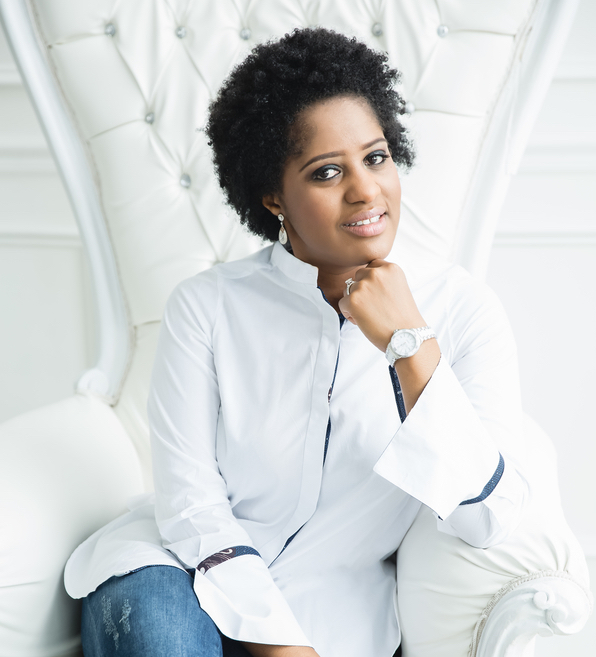
Tell us more about why You started your business.
As an African immigrant, I wanted to blend both cultures to come up with unique pieces that showcased my African heritage as well as the culture of my new home, America.
A lot of prominent brands have been inspired by the African continent. I believe it is time we rise and tell our own stories through our designs 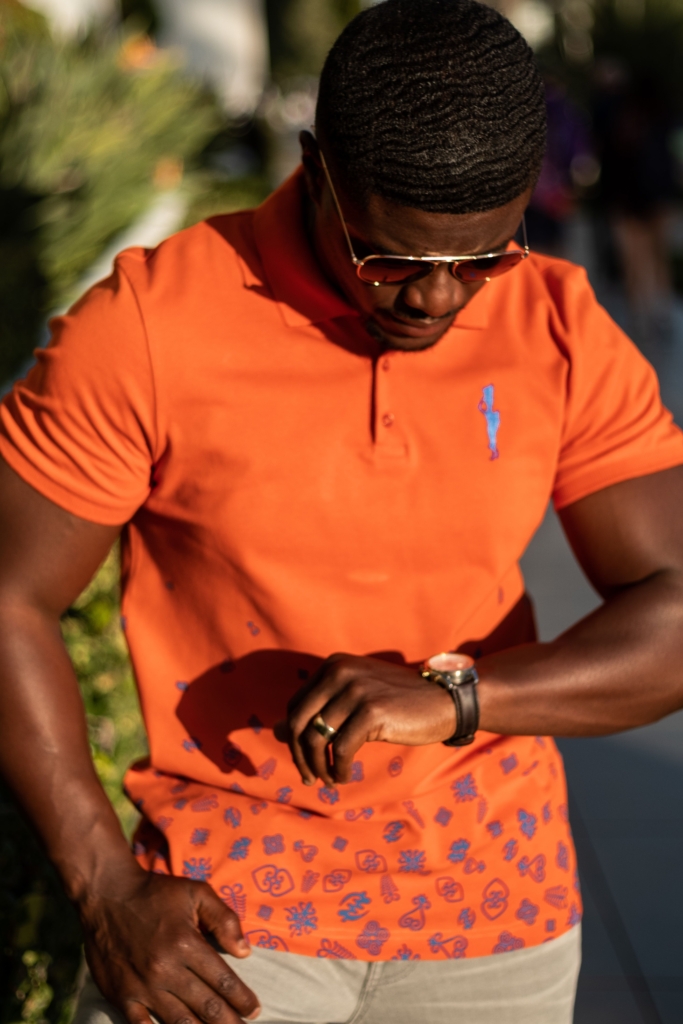 with the same quality of work, if not better.
with the same quality of work, if not better.
All of this led to the inspiration of the brand 10 years ago and has also attracted some big names in the industry like the Late Franca Sozzani (editor-in-chief of Vogue Italia).
Can you describe your background in the fashion industry?
I like to say that I was born into fashion. My mother was an outstanding fashion designer of her time and I remember always being fascinated while watching her make clothes.
She always told me the story of how she had to go to work at a factory in London while she was pregnant with me so she could afford baby stuff.
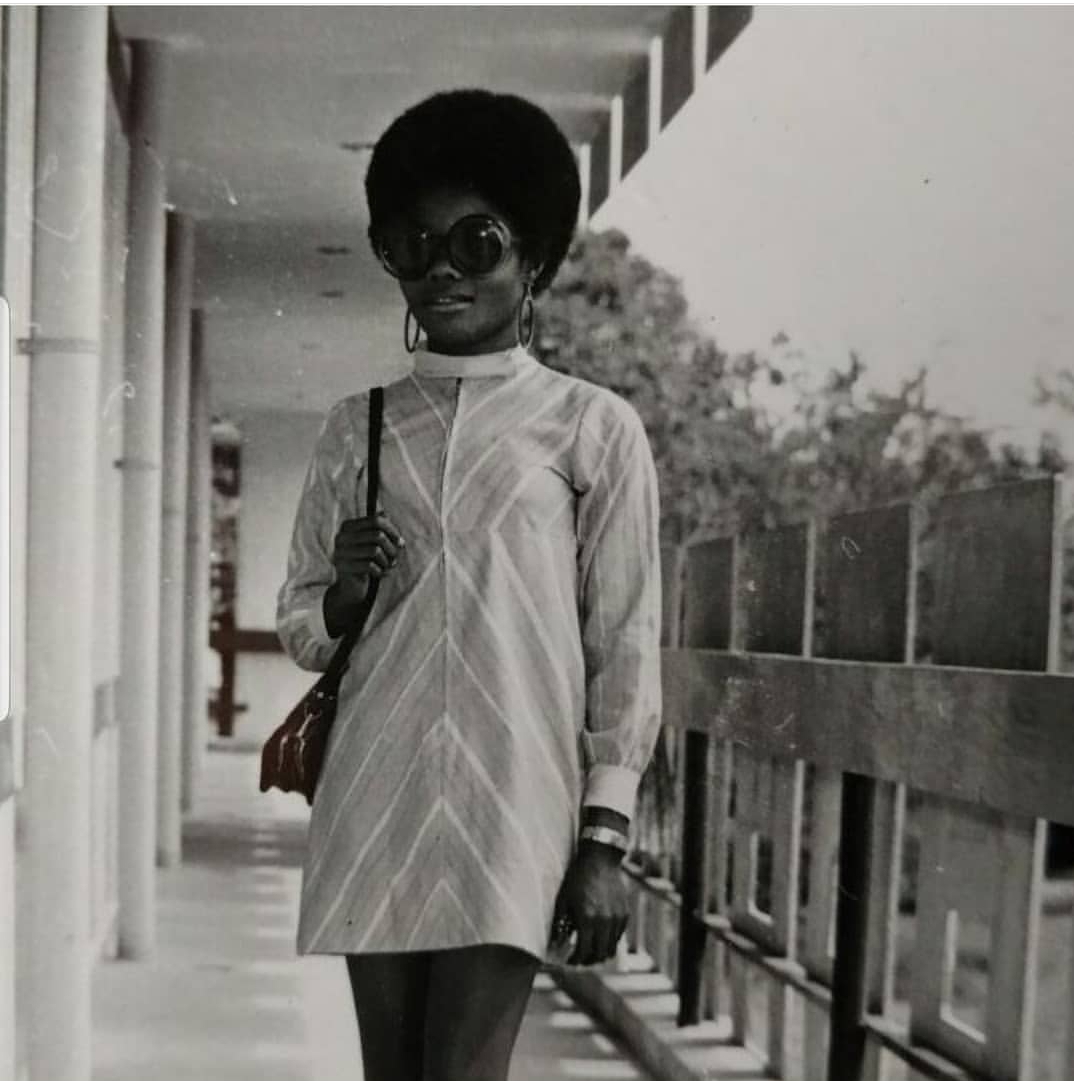
As I was growing up I spent a lot of time around her sewing room and was exposed to all her work tools and sewing equipment.
She eventually got me a hand machine which I used to practice sewing dresses for my dolls, and thus began my journey to fashion.
How would you describe your designs?
My designs can be described as vibrant fabrics put together to create a luxury brand that pays homage to the uniqueness and beauty of Africa.
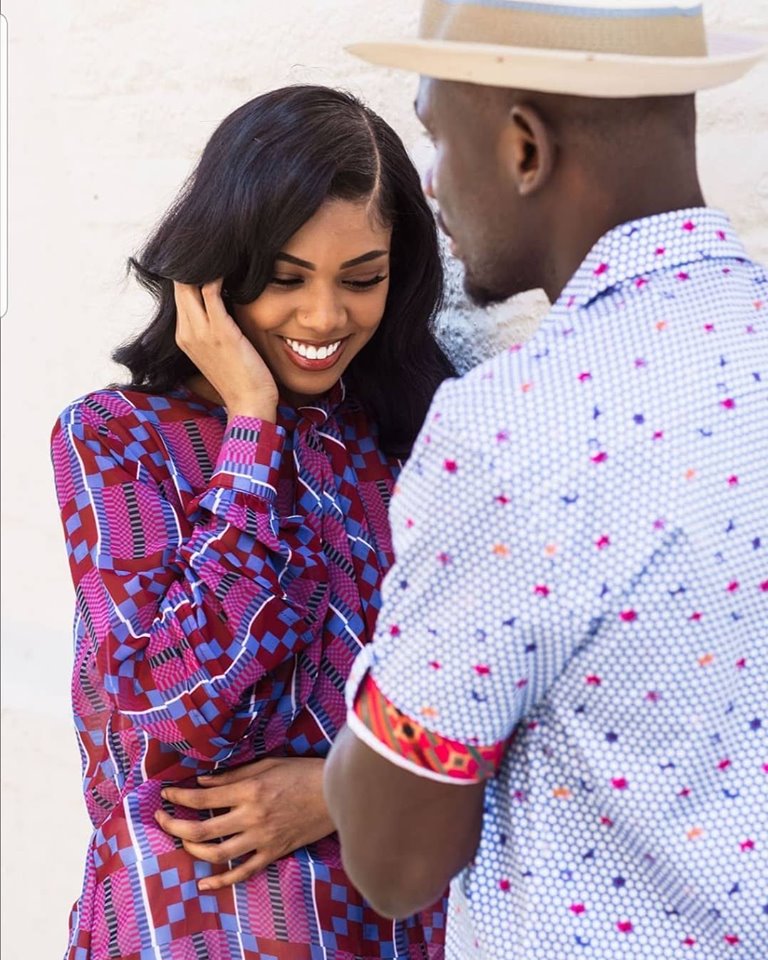
Usually, when people think African-Inspired they think wax print, but these prints are a staple of African fabric, so we chose to make them look different by merging them on other quality fabrics like Egyptian cotton and silks to bring our designs to life.
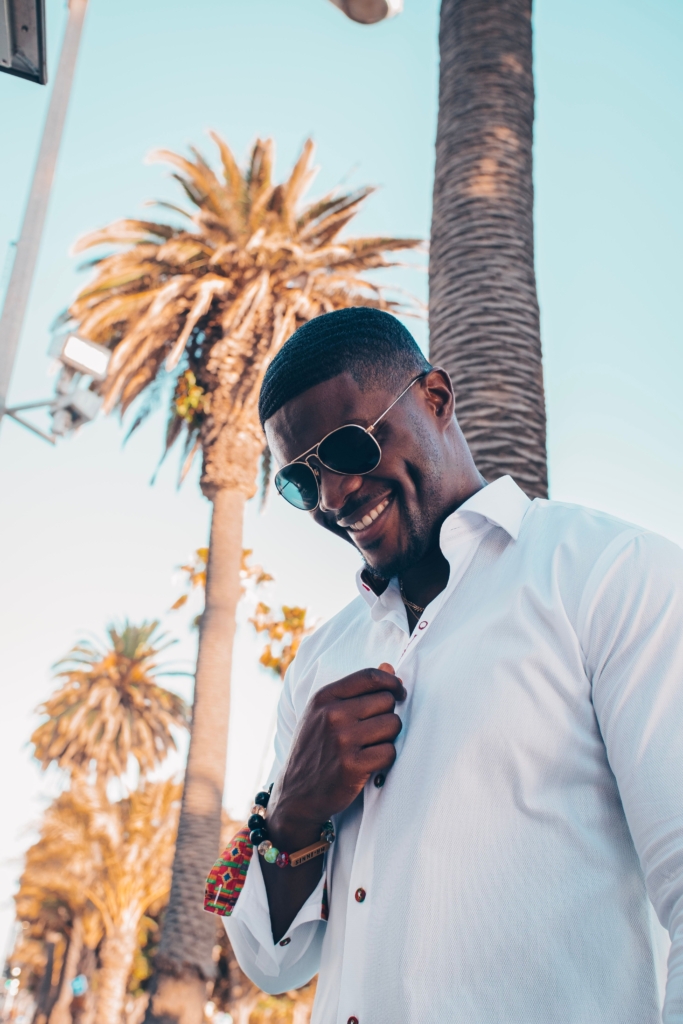
We wanted to create something that could be on the same level as international standards and be in the same space as some high-end brands we grew up with.
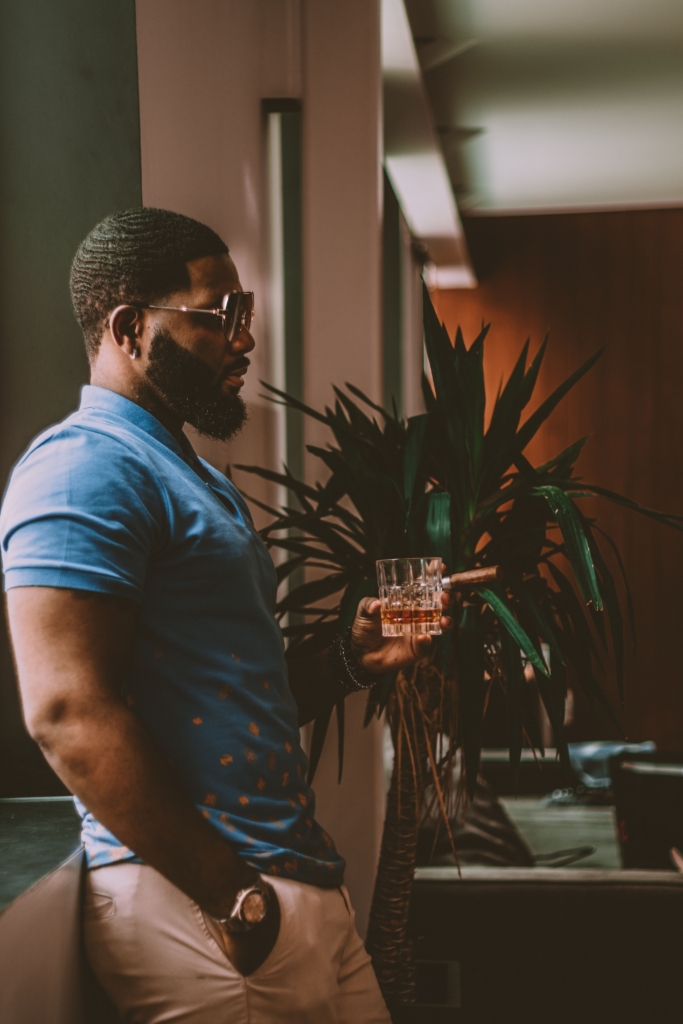
I started at the time when this space was yet to be created in the Fashion Industry in America for African brands but I can proudly say that the high-end stores that we are distributing to puts KoshieO in the same space as some of these brands now.
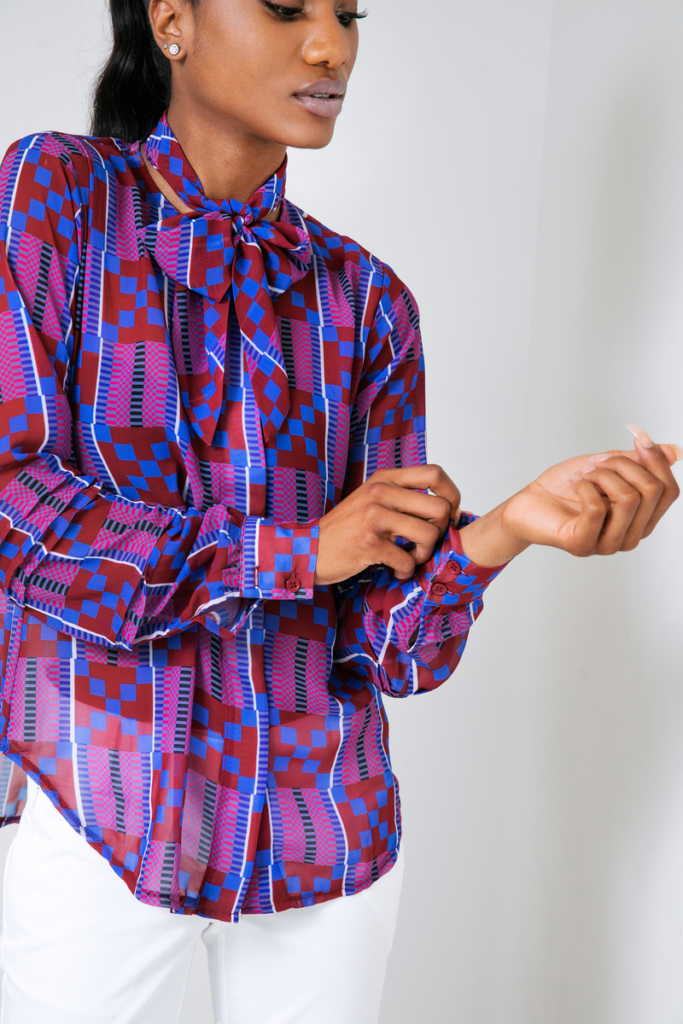
Where do you see the business in 5 years?
We are currently in stores in areas like NYC, Washington. DC, Virginia, L.A., Detroit, Toronto, Chicago, Accra (Ghana) and still working to quickly expand distribution into many more stores both nationally and internationally.
We want our logo (which is the silhouette of a woman carrying goods on her head and a baby on her back) to be iconic and easily recognizable. This logo symbolizes “all women who deftly and successfully combines parenting, housekeeping, and breadwinning.”
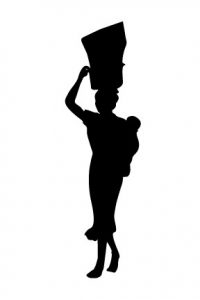
I started a foundation (which we are still working on) with the ultimate goal to develop communities by investing in entrepreneurs. Our focus will be mainly here in the USA and Africa. Our motto is to “empower one entrepreneur and change entire communities.” Hoping to achieve all this in the next 5 years.
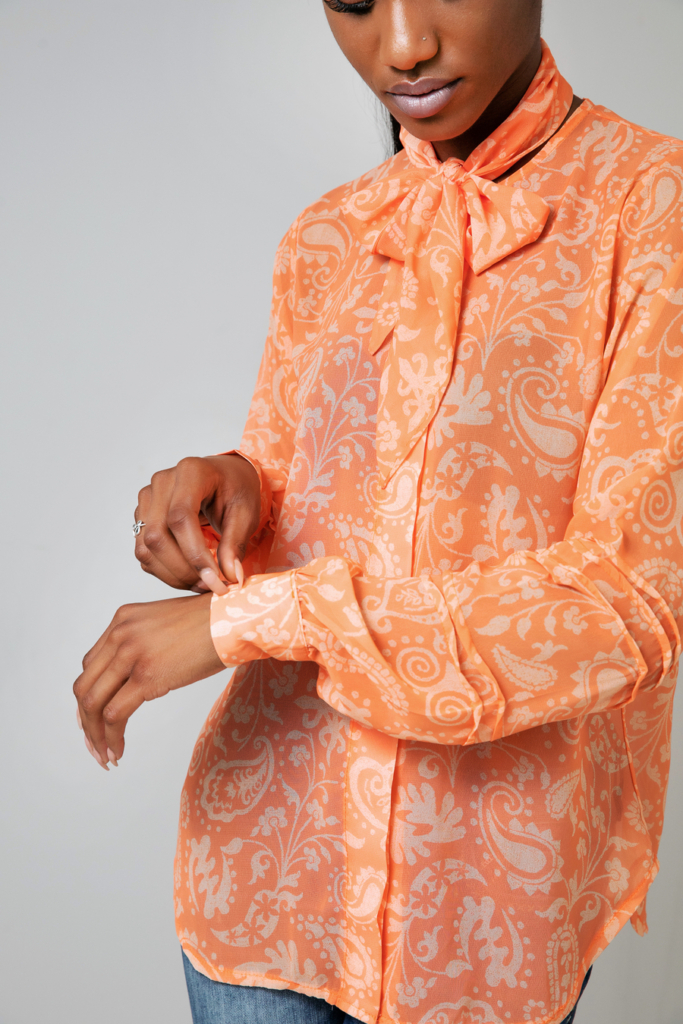
What advice do you have for aspiring designers?
I know that innately people know what they want to be. Our creator made us that way but often times we are crippled by fear.
Fear to me is an enemy of progress. I am a black woman that had a dream to own a luxury fashion label that not only catered to female folks but also the male folks as well and I accomplished that. I did it without letting fear stop me.
So my advice to aspiring designers would be that, If you want to get into fashion start writing down goals on what you want to achieve. Fashion is not just about sketching garments and creating designs, there’s also a business and branding aspect to it.
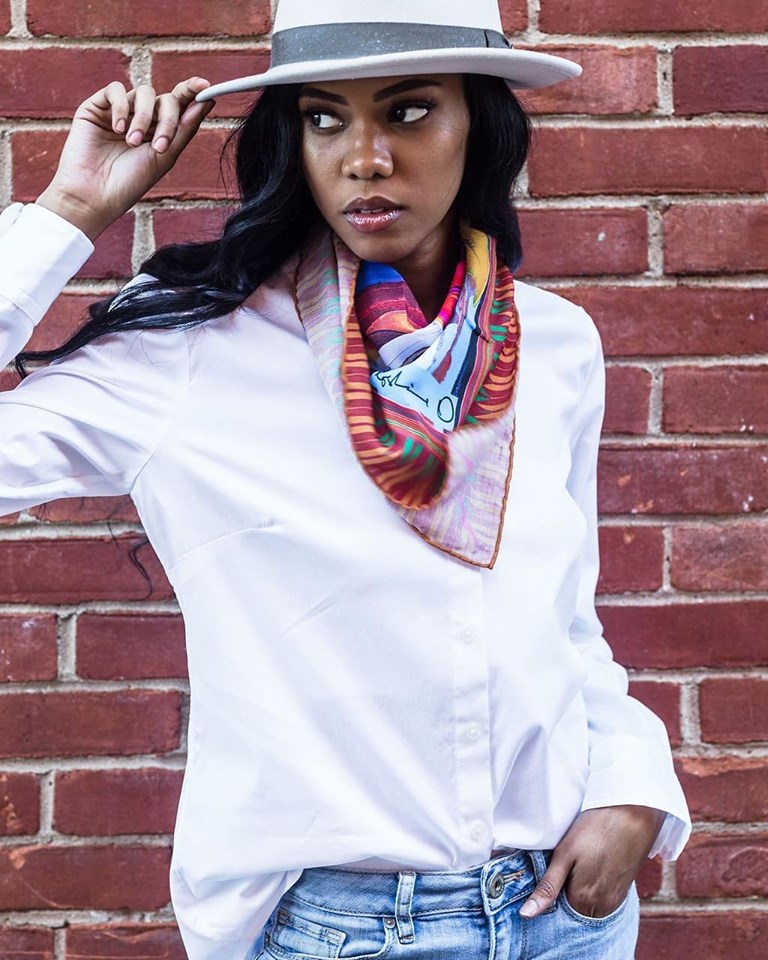
Secondly, exposure to working with designers and brands also helps, this way you will be privy to the whole scope of what the industry entails. You have to also be passionate about what you are doing because while there will be ups and downs your passion for what you are doing will remind you to stick to it.
Subscribe and Follow SHOPPE BLACK on Facebook, Instagram, YouTube& Twitter

